Are you unsure of deciding as to whether you need a dehumidifier or not? Do you question yourself if it is prudent to purchase a dehumidifier, an appliance that you have always envisioned having in your home for years now?
You are not alone. At times, it occurs to most people that even though they may desire to have a lower moisture content, they may still be uncertain about going through with their plan to get the device. Hopefully, by going through this article which highlights some of the pros and cons of installing a dehumidifier, you may be better placed in terms of making a decision.
Pros
Significant Improvement in Air Quality
High indoor humidity is known to cause discomfort. Imagine the last time you were in a room with humidity levels exceeding 80%, or better still think of how challenging it can be to spend an entire day in the basement.
By controlling humidity levels, the air quality improves substantially. That is because, the physiological body functions such as breathing and mind you, even sweating may occur more naturally. Apart from that, a room whose moisture is lower is often more relaxed and can be refreshing to stay in even on a hot afternoon.
Prevents Mold Growth
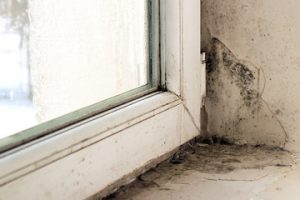
Molds are known to thrive in moist and damp conditions. Their growth in homes can spell doom to homeowners, especially if they are not timely managed. That is because they form unsightly patches on walls and surfaces where they grow. Considering that they reproduce using spores, it is safe to assume that any household is at risk of having mold growth. However, by maintaining low air moisture in your homes, you can be sure that mold growth will be kept at bay.
Allergy Control

The risk of getting an allergic reaction when living in a damp environment is relatively high. That is because excess moisture is known to promote mold growth. During reproduction, these molds release spores into the air. When such air is inhaled, it can trigger a myriad of respiratory complications such as sinusitis. Additionally, these spores are allergens and can trigger asthmatic attacks.
Similarly, dust mites, which thrive in an environment with excess moisture are associated with other respiratory allergies such as hay fever. Its symptoms include persistent sneezing and running nose.
Protection of Woodwork and Home Finishes

Wood is usually sensitive to changes in moisture. The material is known to absorb or lose moisture depending on the surrounding atmospheric conditions. Continuous absorption of moisture can cause the wooden surfaces to wrap or heave. At the same time, if it suddenly loses its moisture, it can shrink and result in cracking. Now that is a problem.
Excess moisture on walls is also known to cause the paint to peel off. When the moisture comes to contact with the surface, there is a loss of adhesion. With time, unsightly patches may form, and repainting may be needed which can be costly.
Cons
Noise
Even though most manufacturers claim that their dehumidifiers are quiet, it is important to note that at least each dehumidifier produces noise, however little it may be. If the dehumidifier is in the basement, it may be perfectly fine, but what if you place it in the living room?
The running fans produce the noise. That means that it is inevitable. It is therefore imperative that you weigh between dealing with the low sound or the effects of having excess moisture on your home.
Heat
When dehumidifiers are running, they generate warm air which is blown from the back of the dehumidifier. That may be beneficial during winter, but in a warm afternoon, it may cause concern.
To control the amount of heat generated, you may opt to position the dehumidifier near a doorway or window opening such that the warm air is blown outwards. Or you can buy an air mover and use it with a dehumidifier. The air mover will help cool the room temperature and accelerate the rate of water evaporation.
Energy Consumption
Since it is electric-powered, it follows that you may incur additional energy costs depending on the hours that it will be running. However, the energy bills may vary from one household to the next depending on the type of dehumidifier, its capacity, and the number of hours that it runs each day. You can buy a dehumidifier with Energy Star certification, which will save you energy.
The Bottom Line
The ball is in your court to decide whether equipping yourself with a dehumidifier may be beneficial or if it may be more of a nuisance. Once you are convinced that the moisture problem far exceeds the disadvantages of owning this equipment, you can contact us for a free consultation opportunity. Besides, you can check our product list for all the information about dehumidifiers.







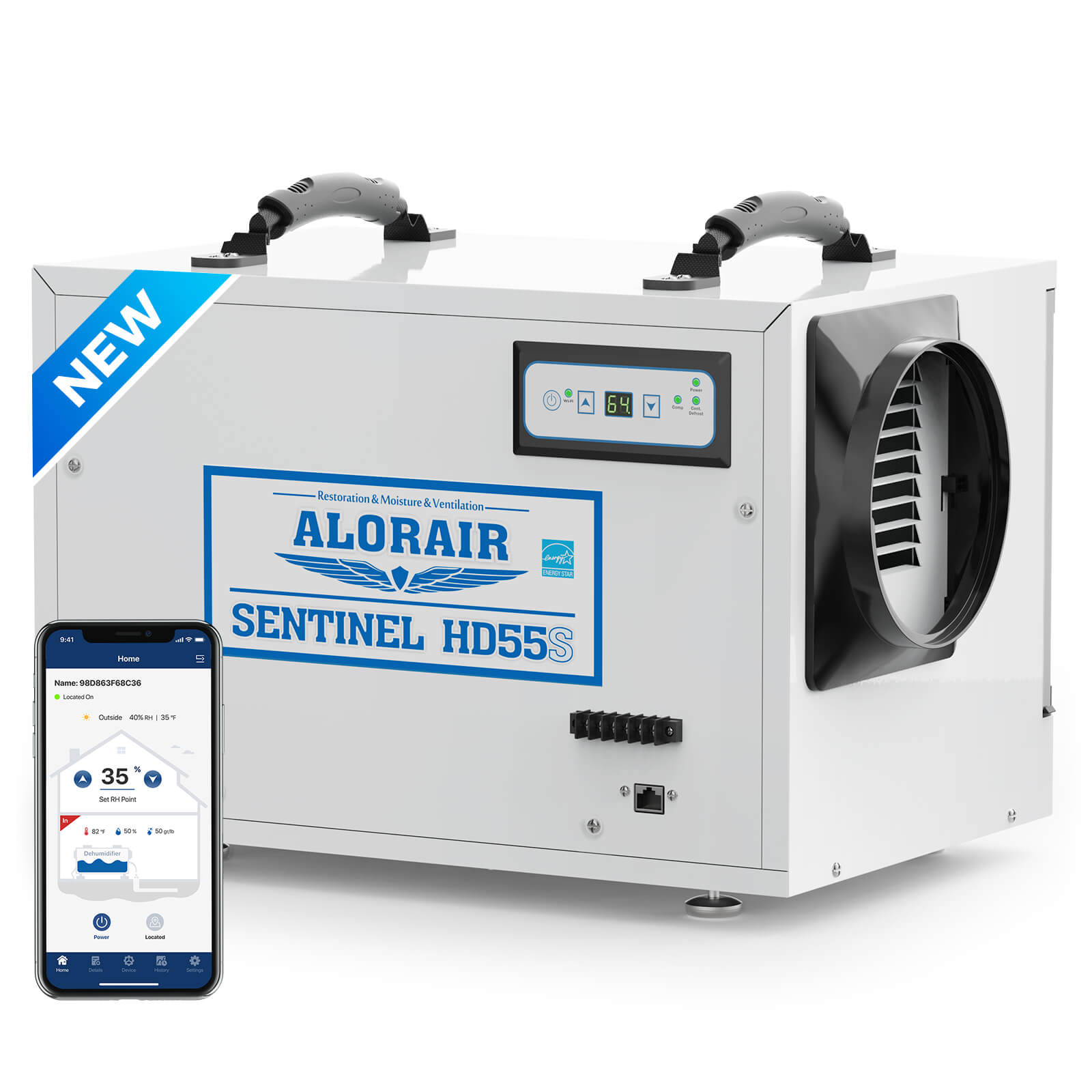
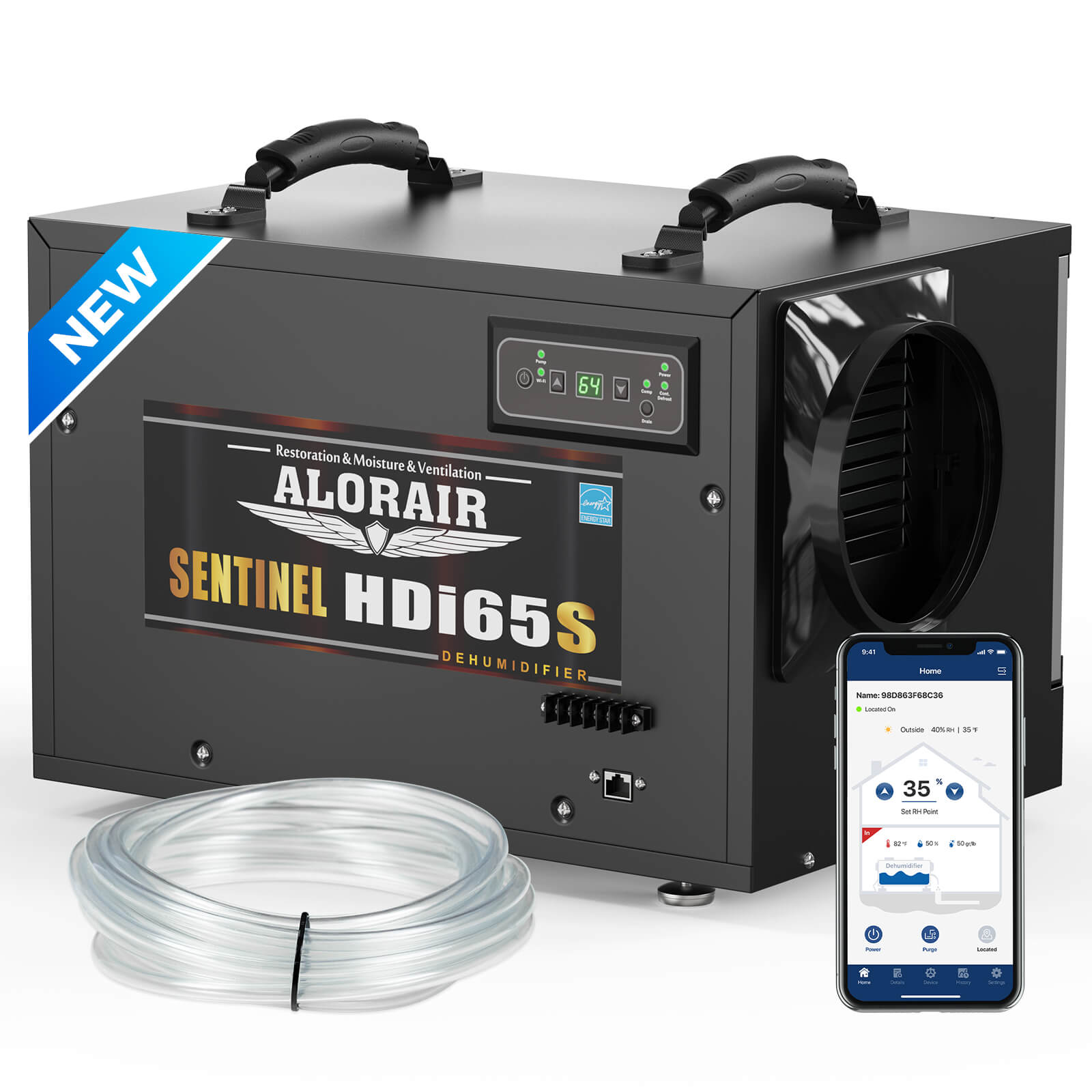
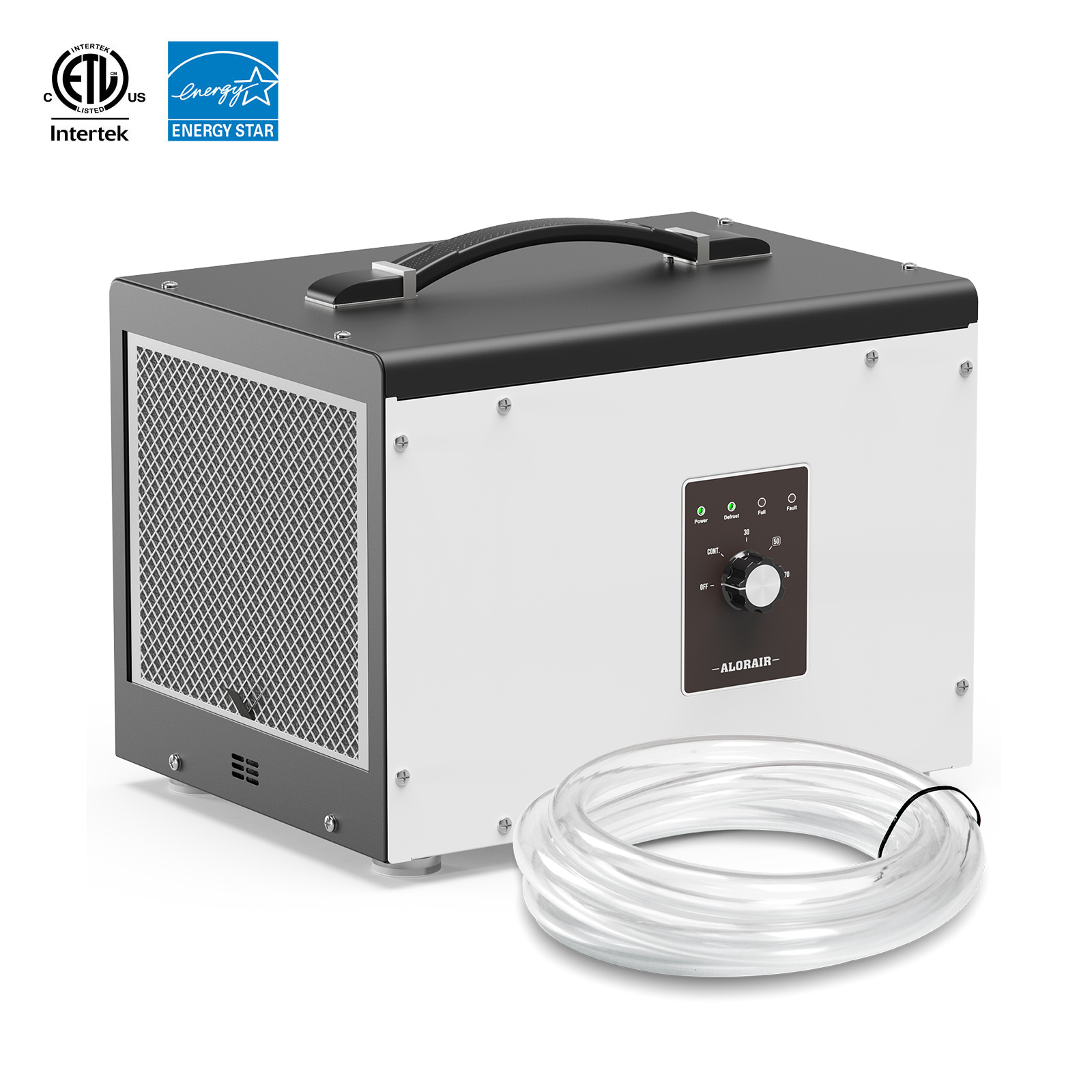
.jpg)
.jpg)
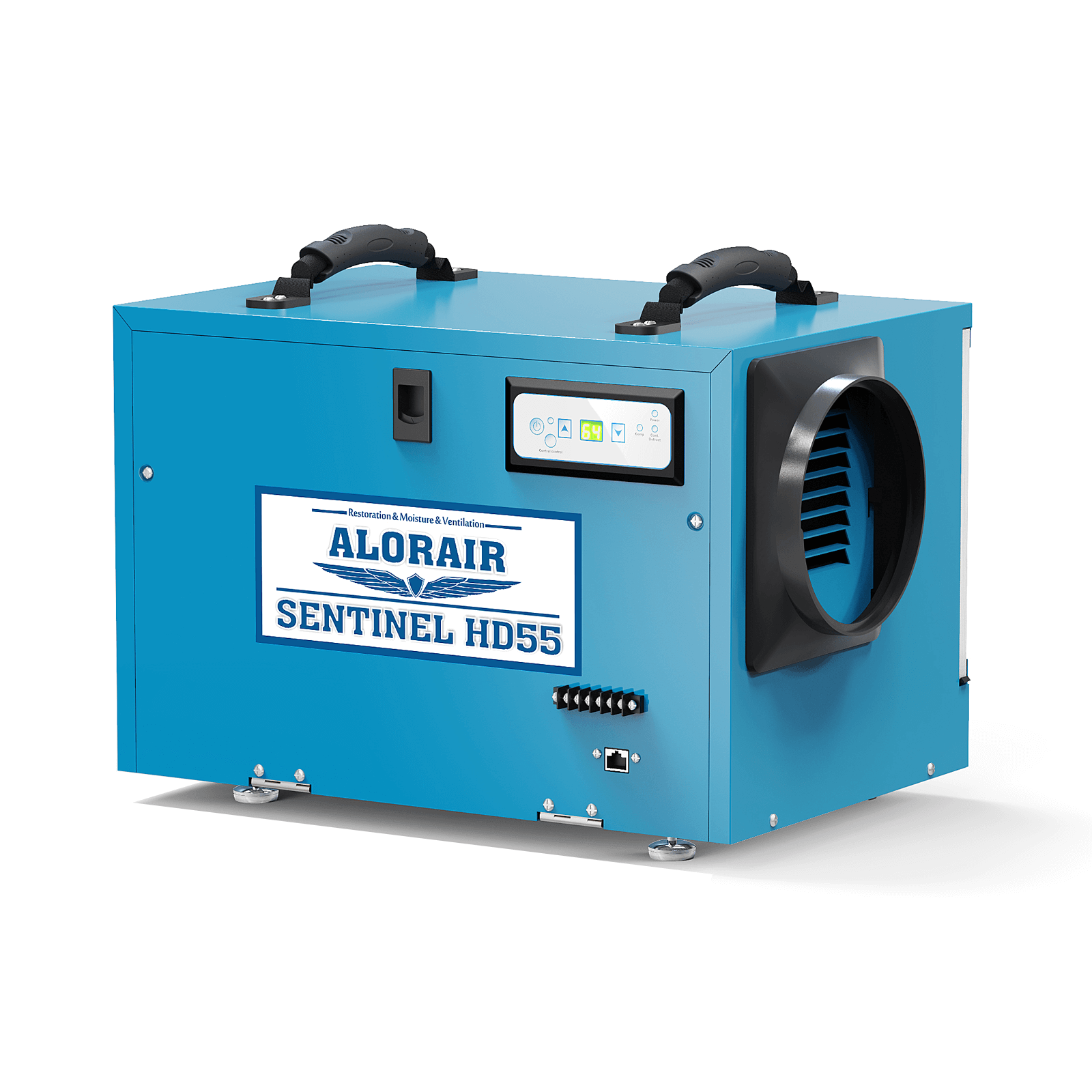
.jpg)
.jpg)
.HDi90.png)
.HD90.png)

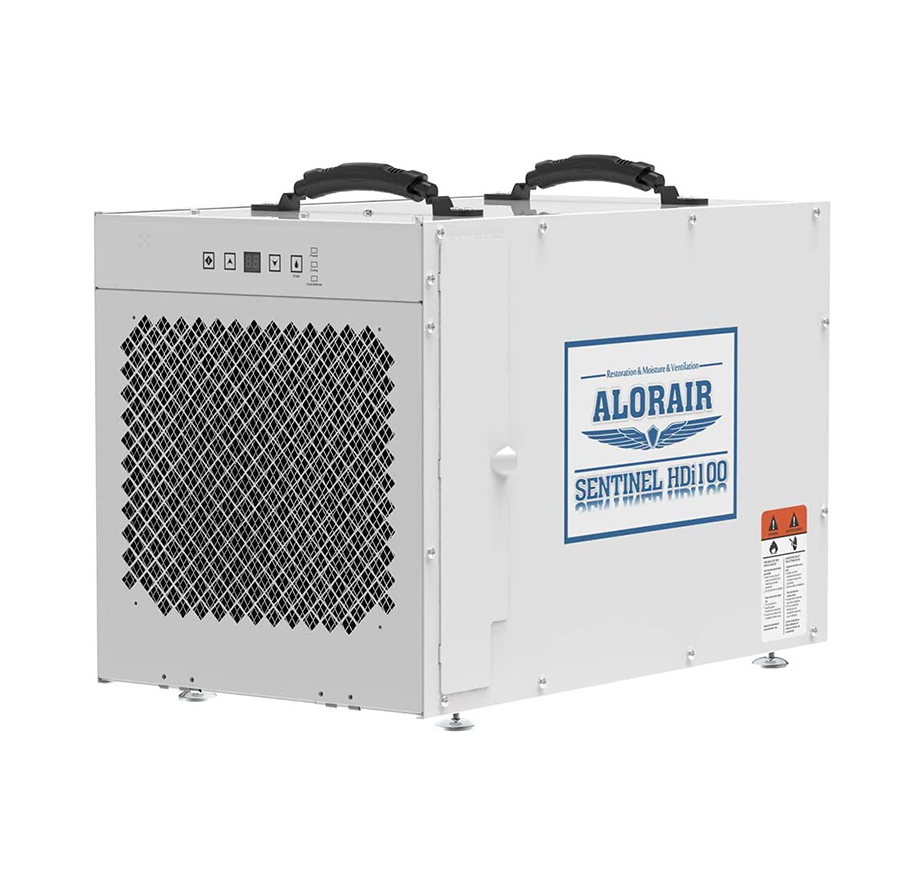
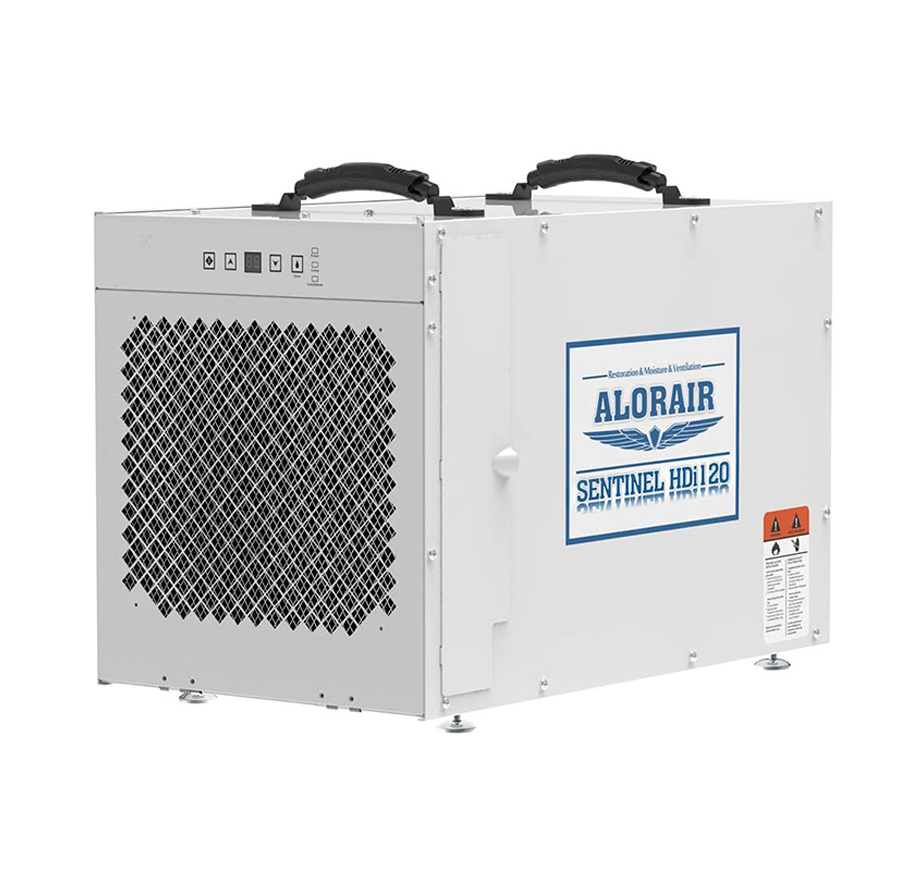
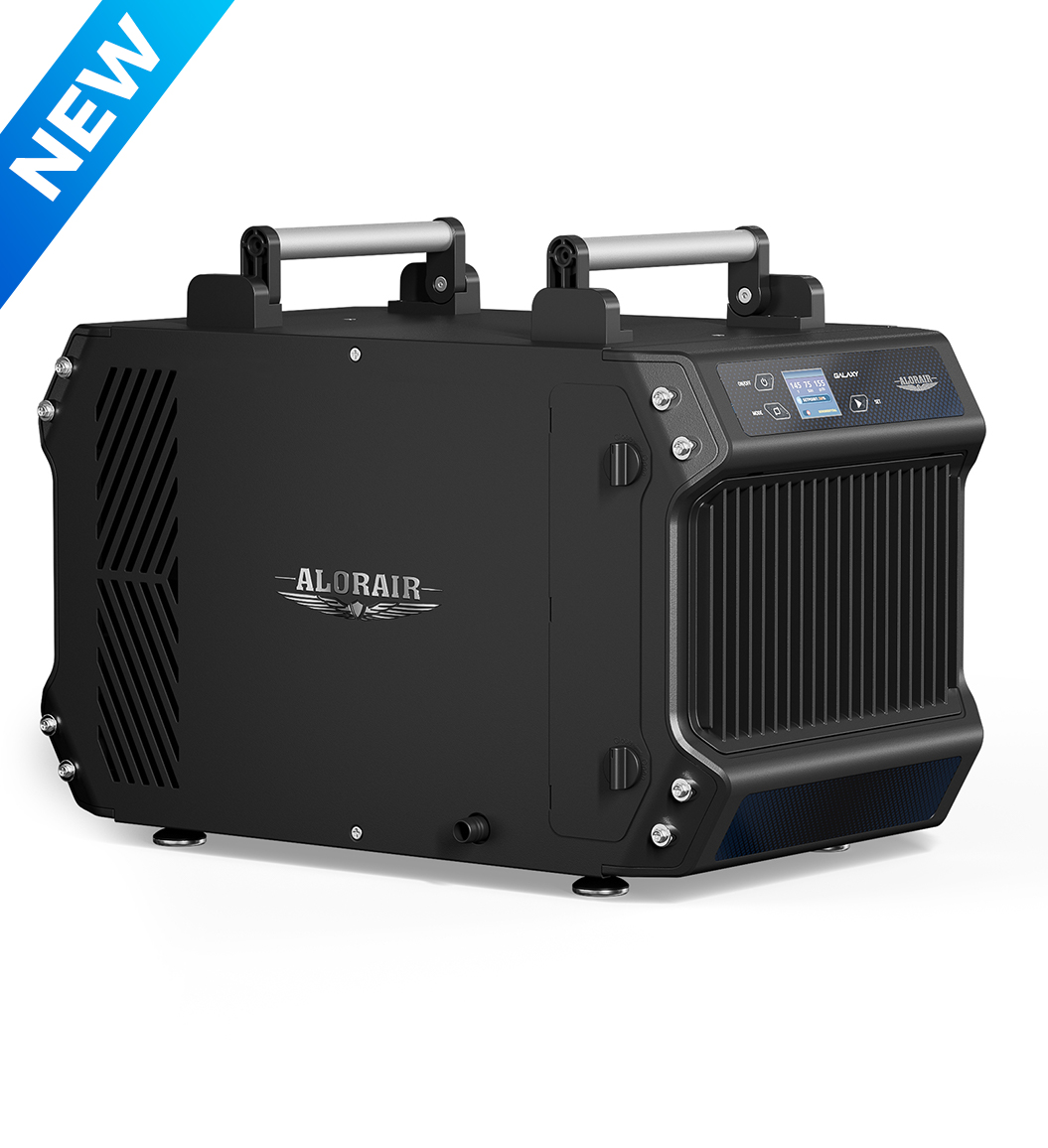
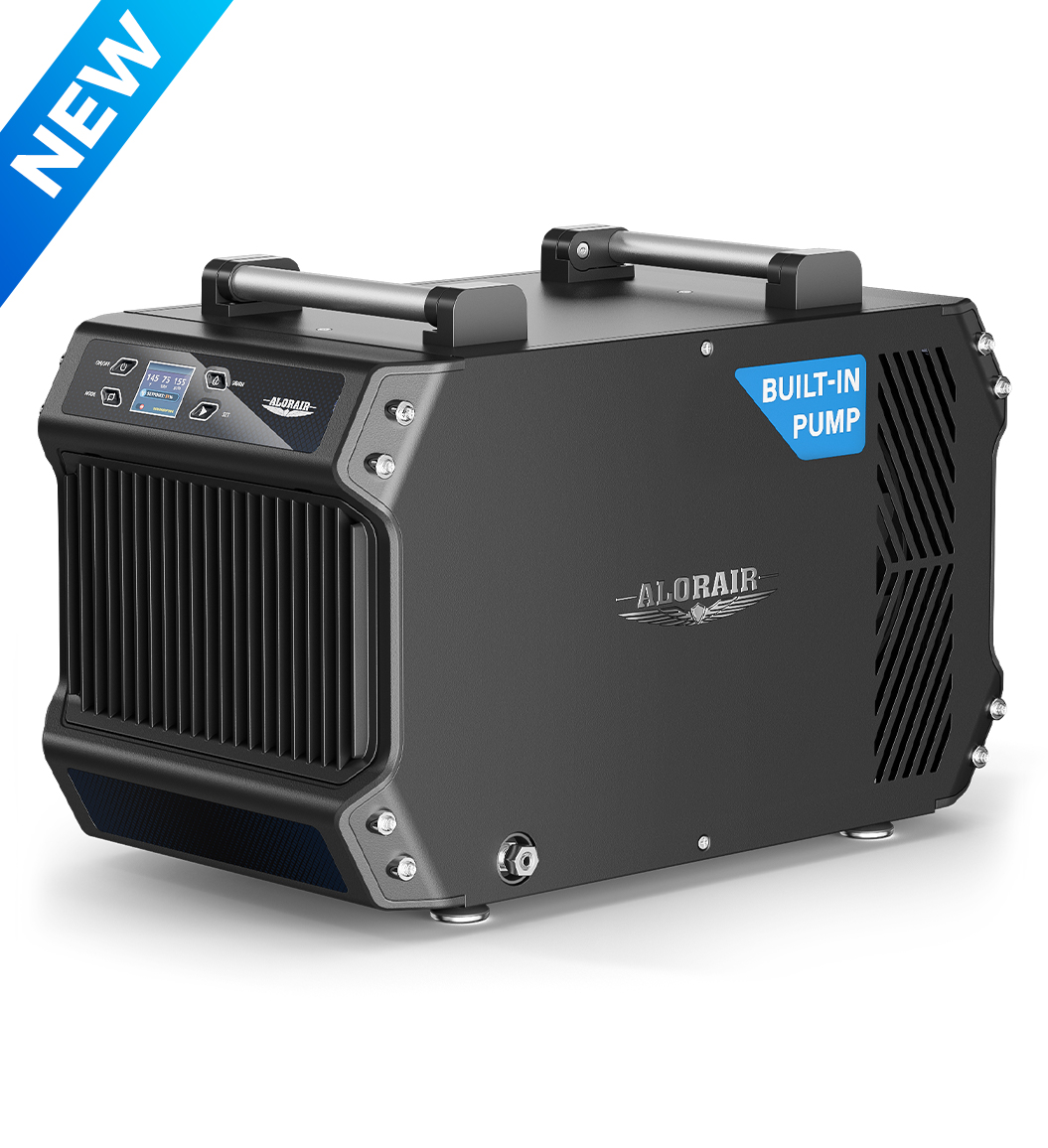




.jpg)
.jpg)
.jpg)
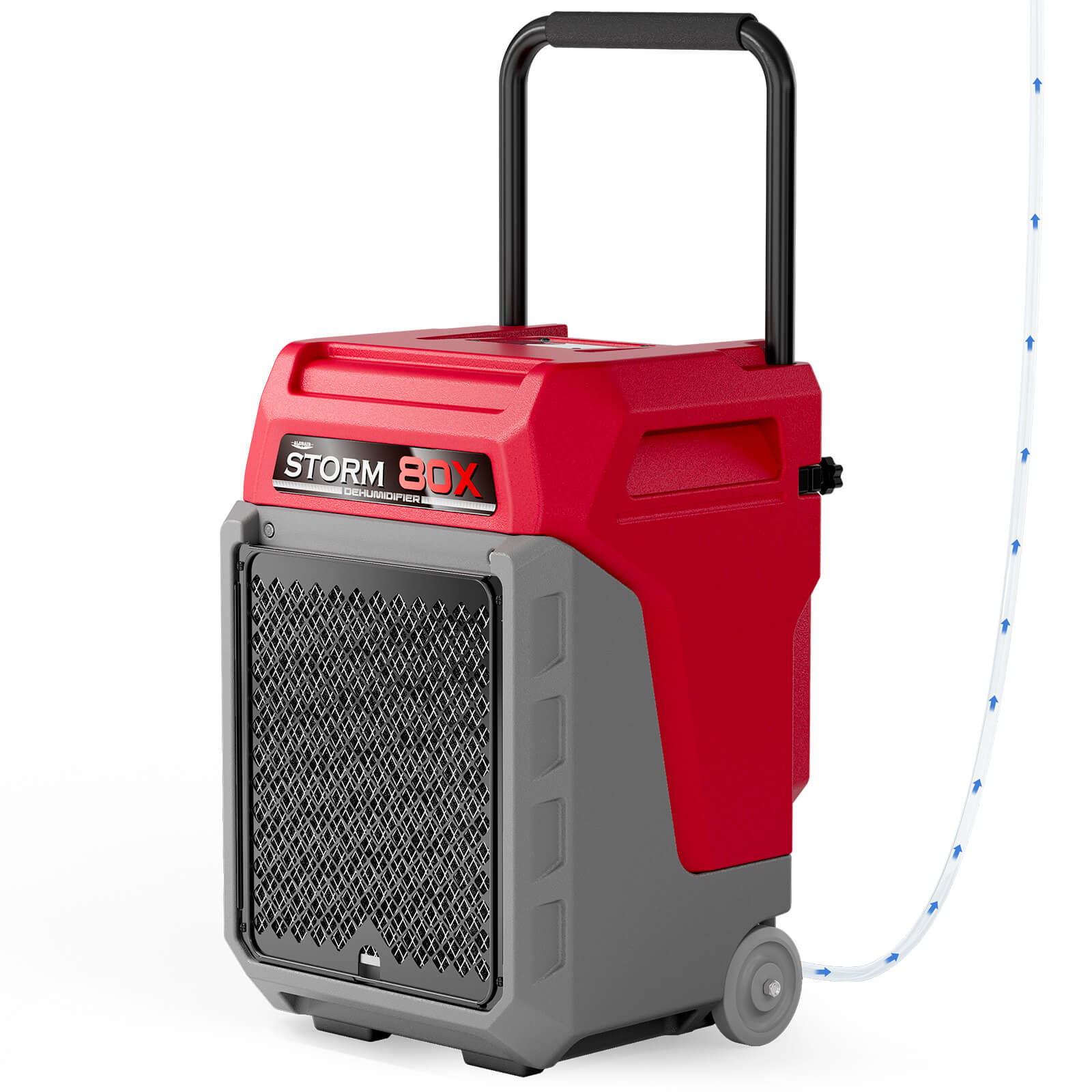
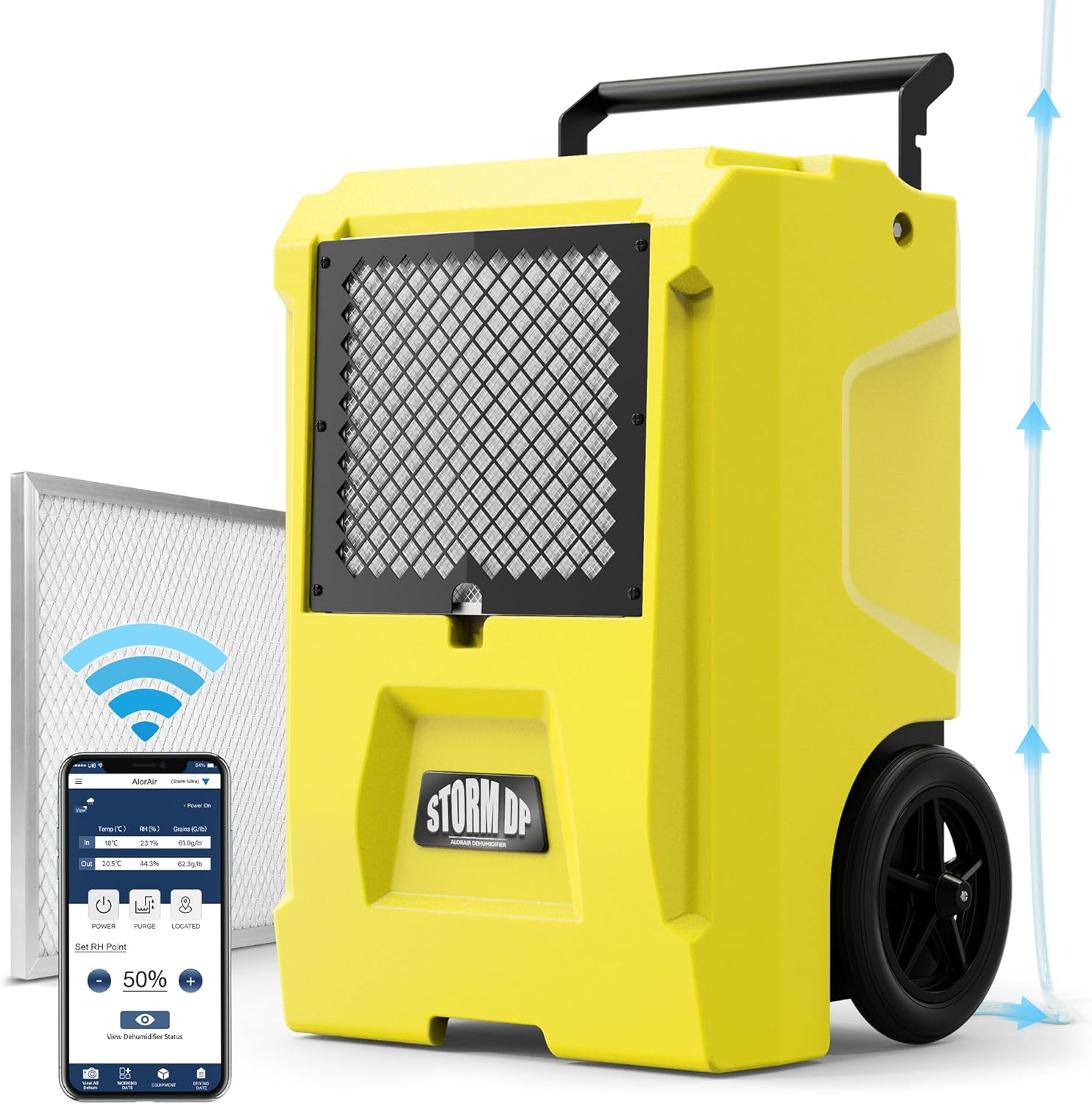
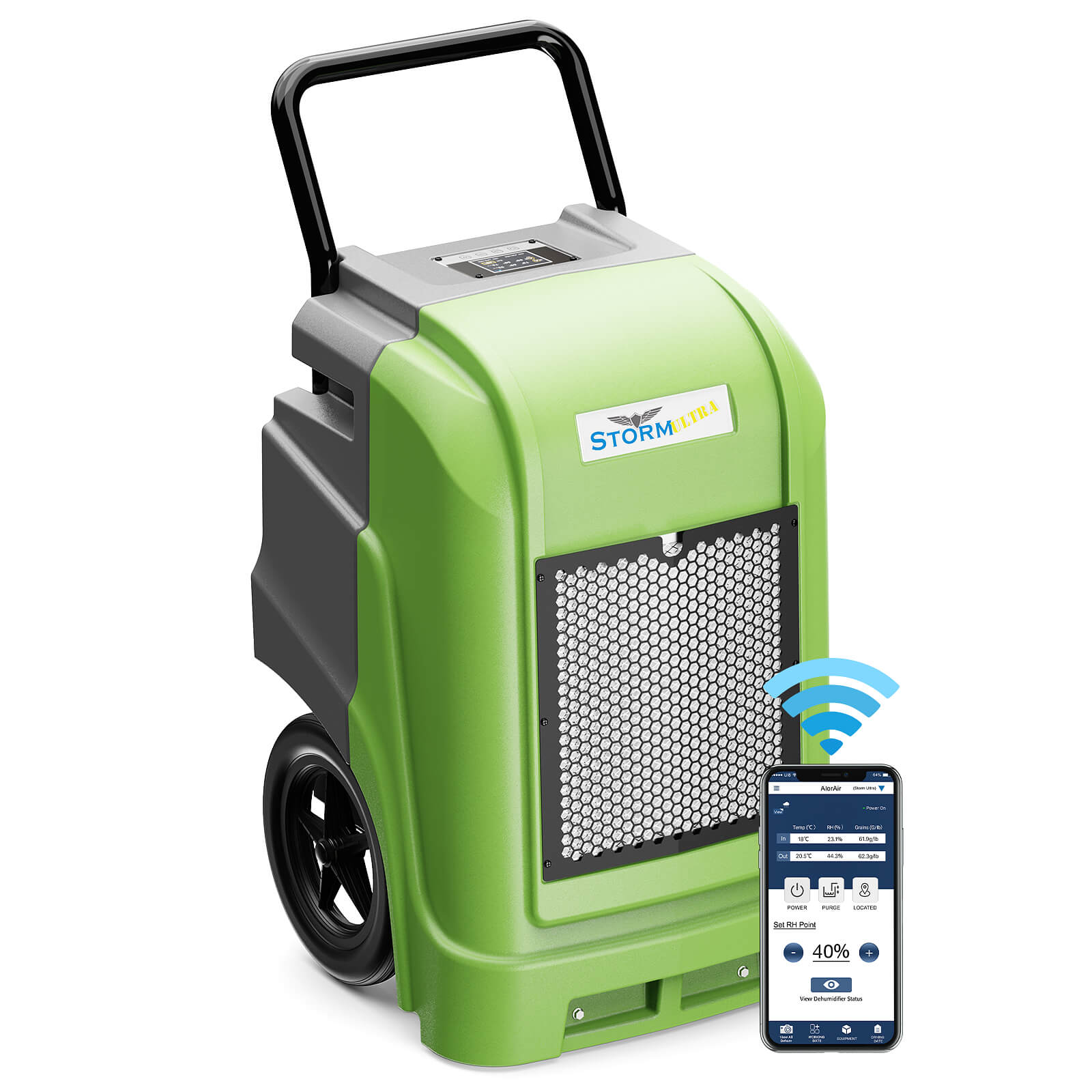
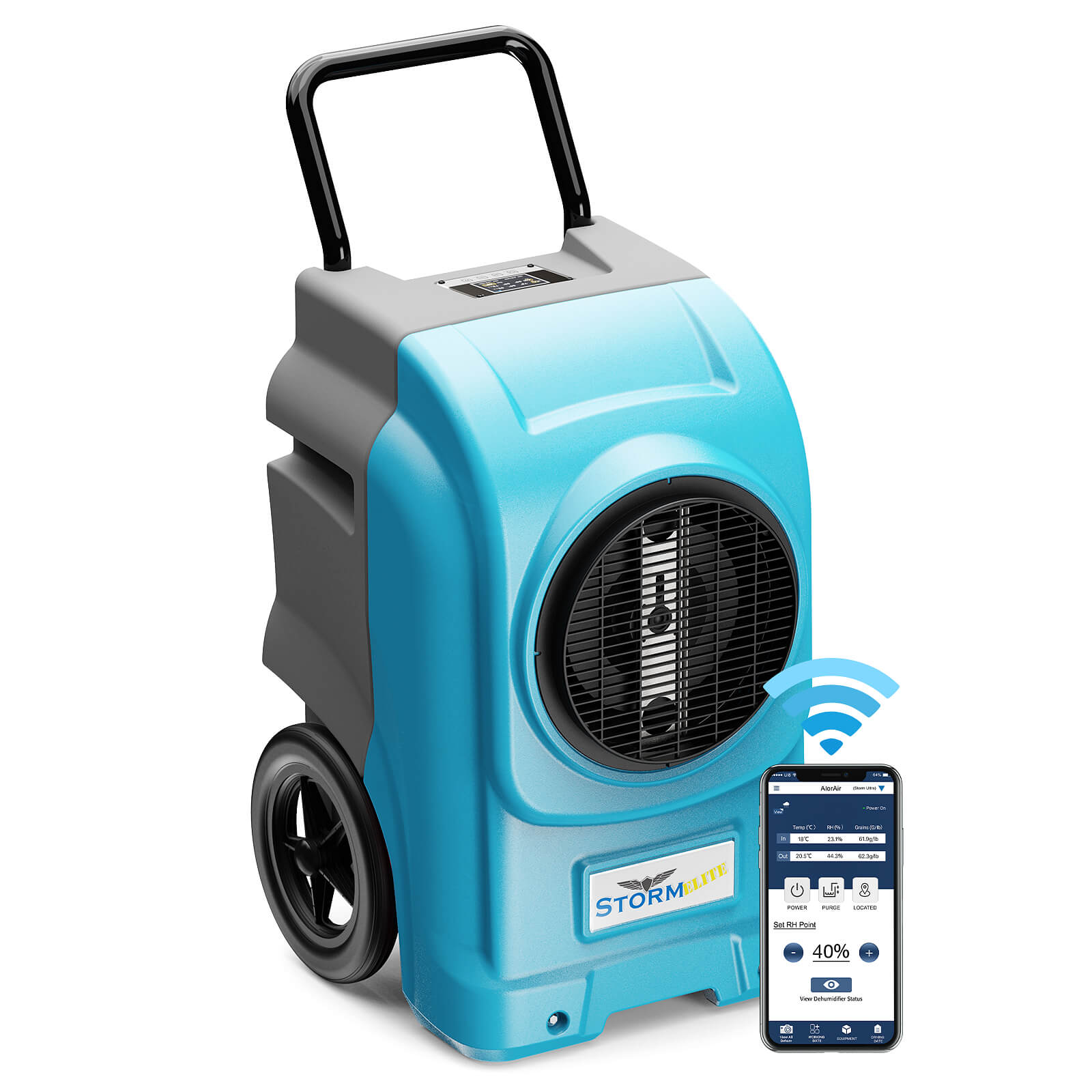
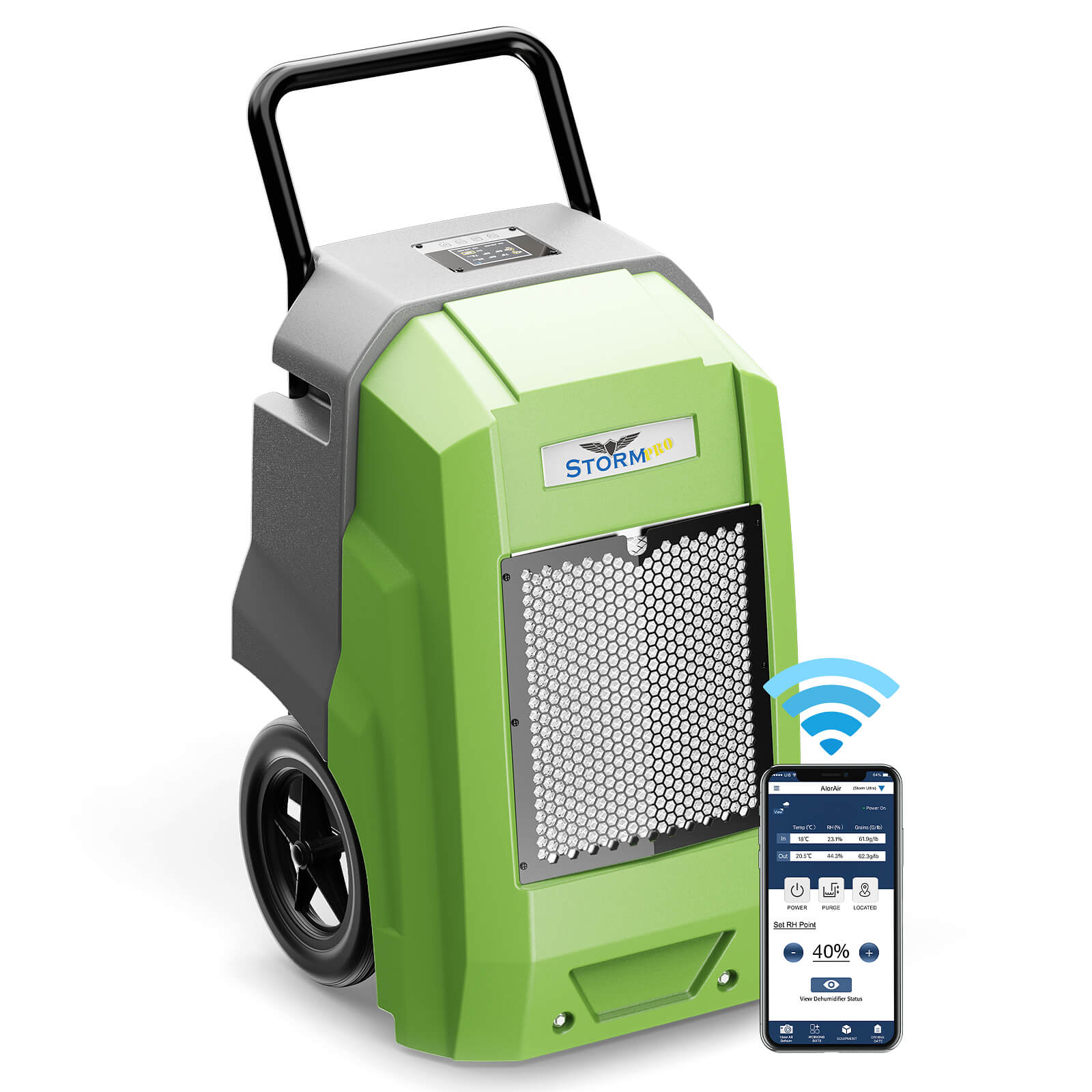
.jpg)
.jpg)
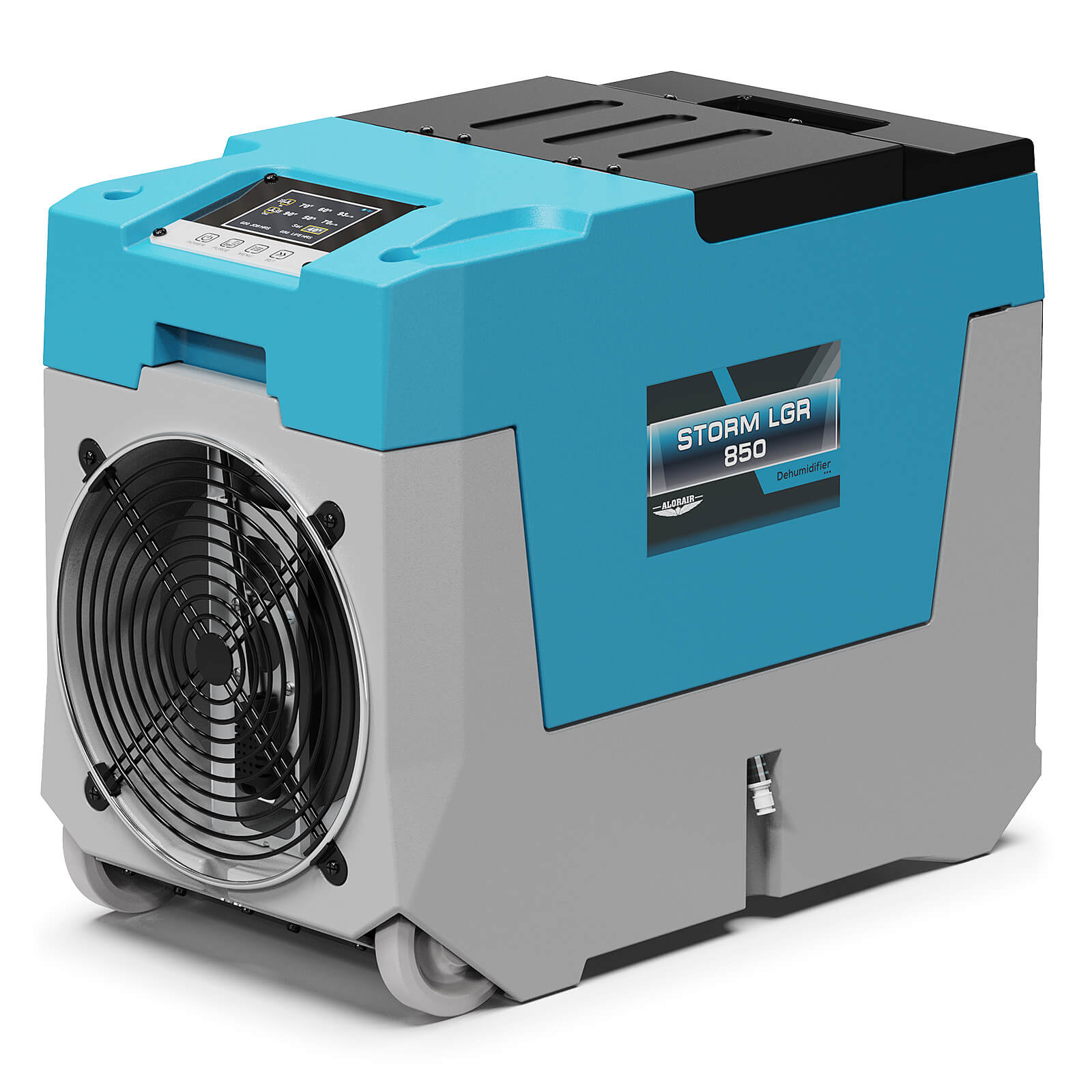
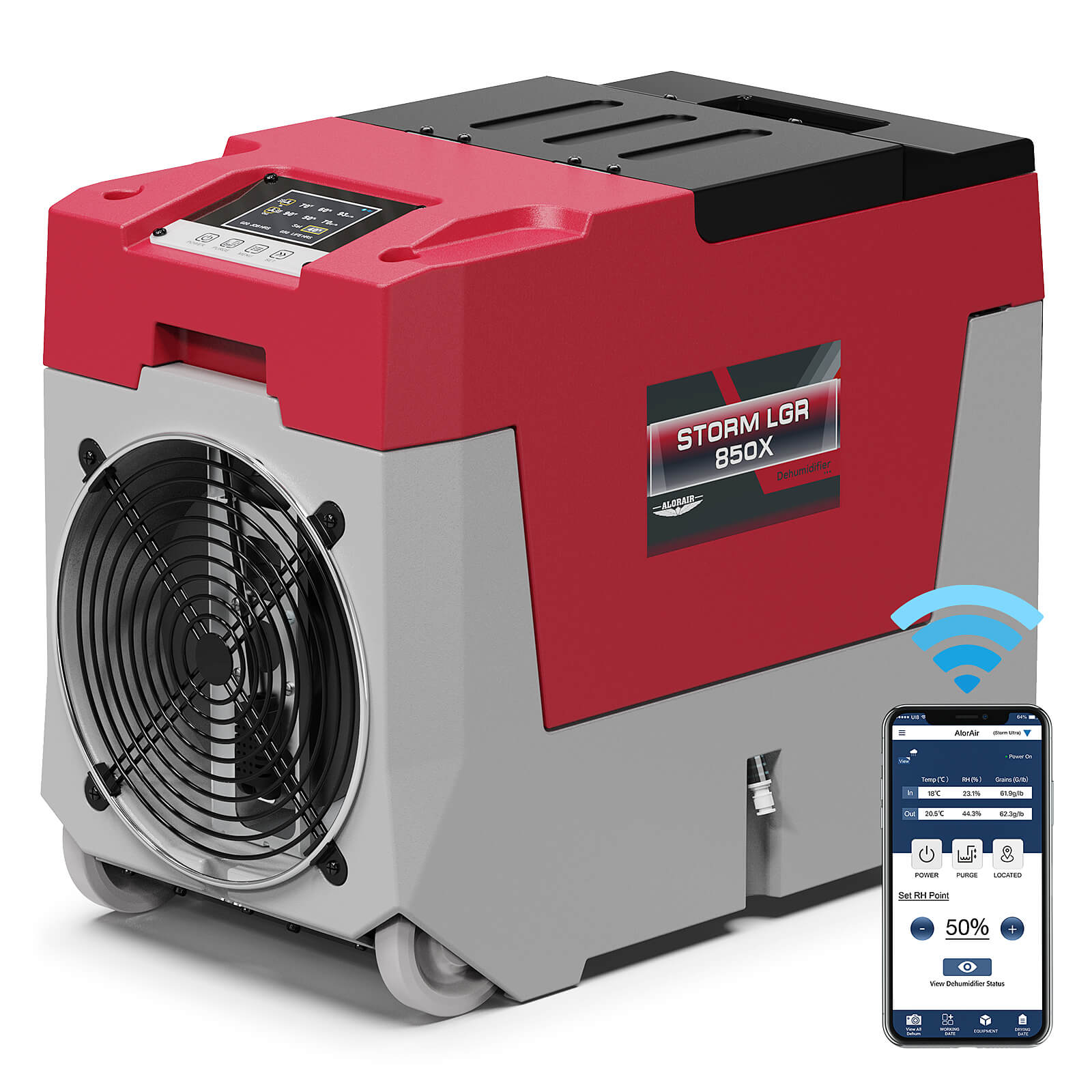
.jpg)
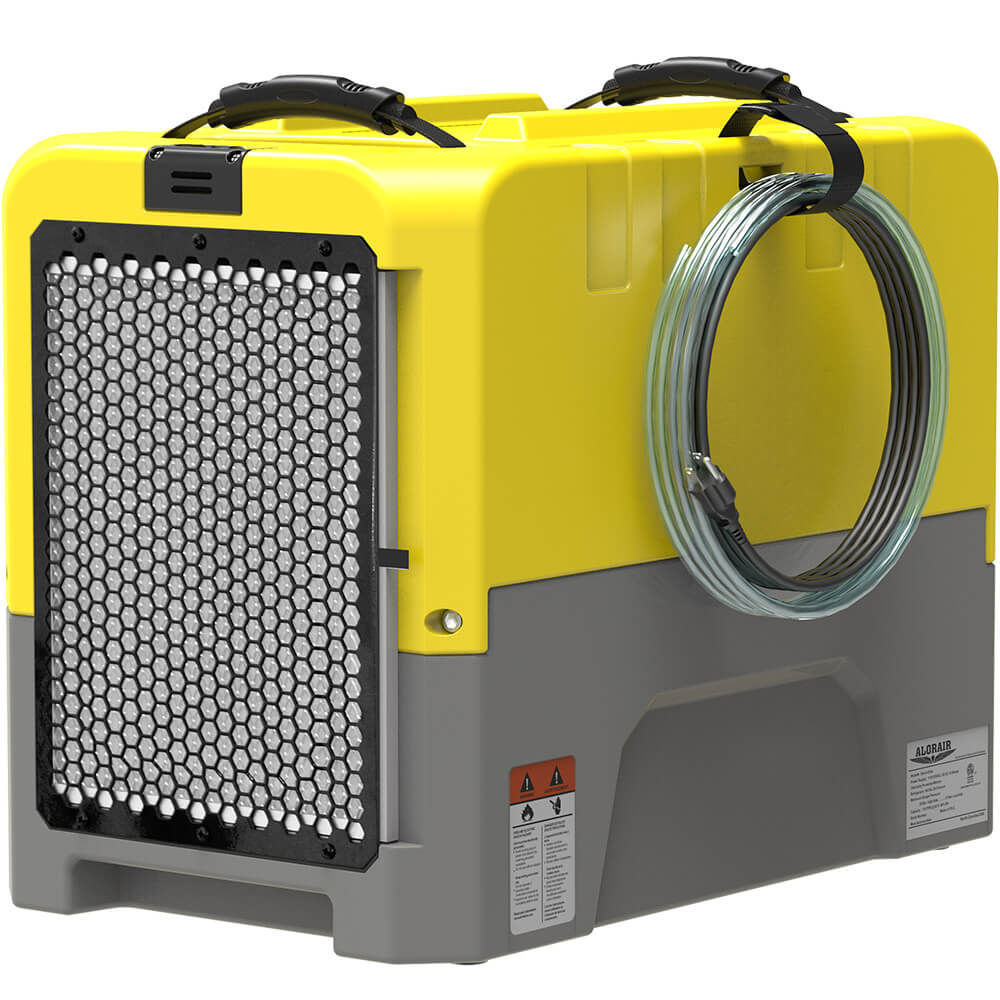
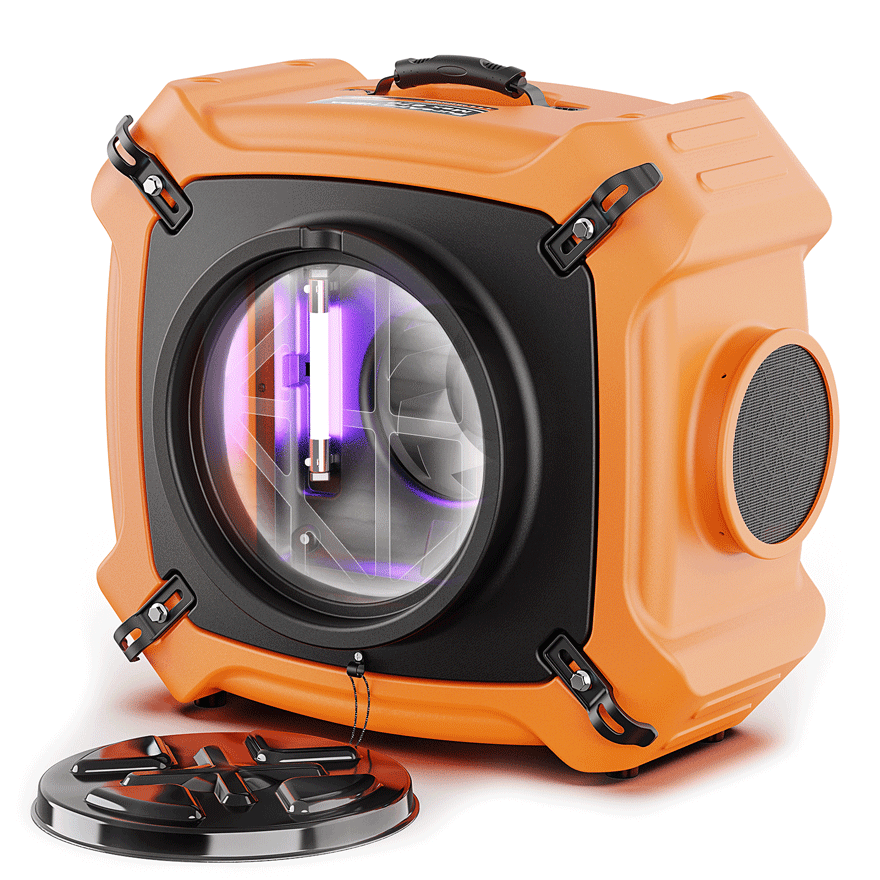
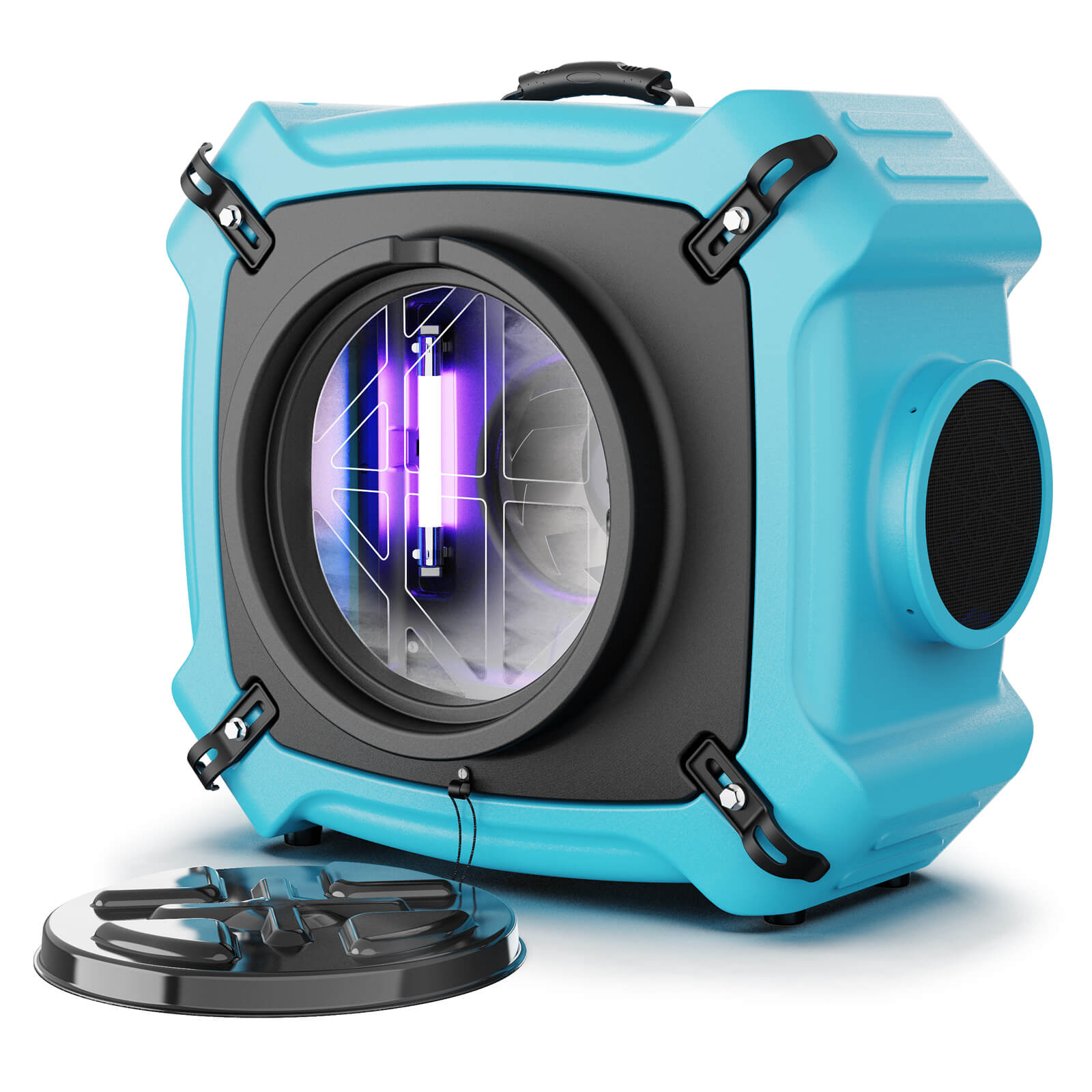
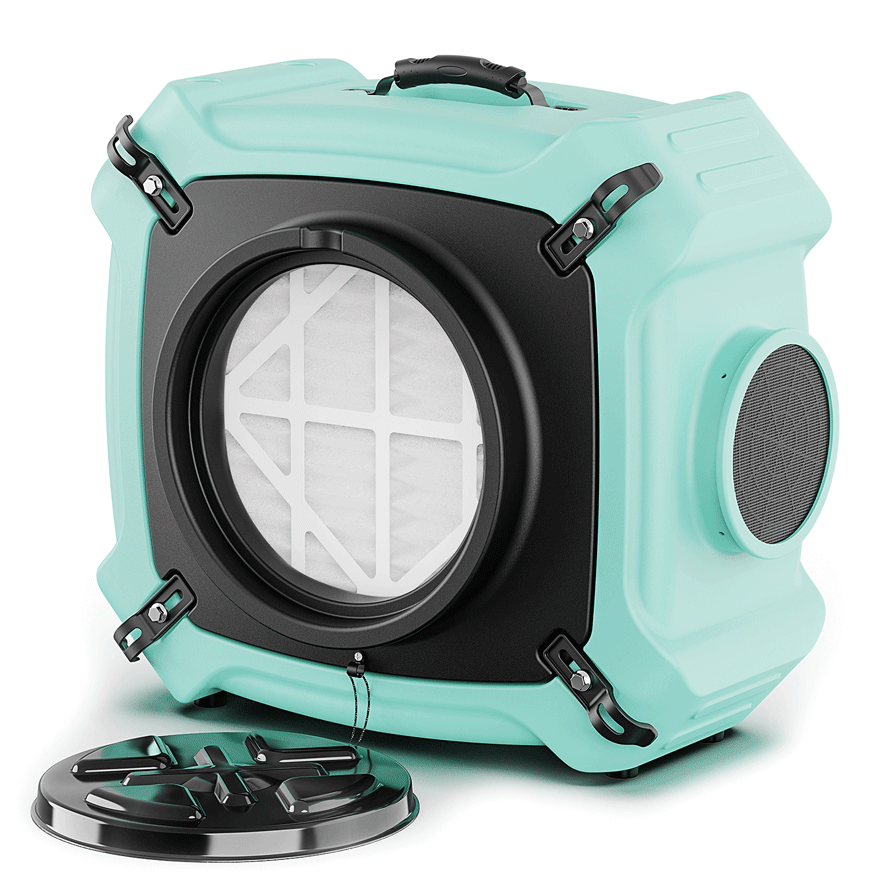
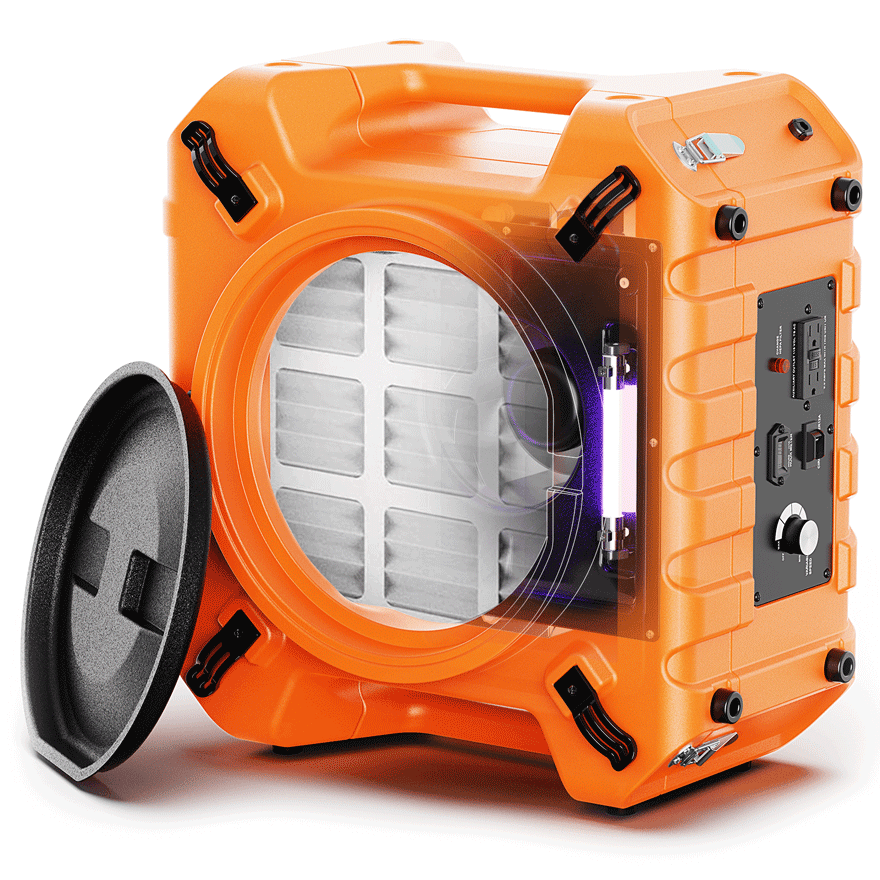
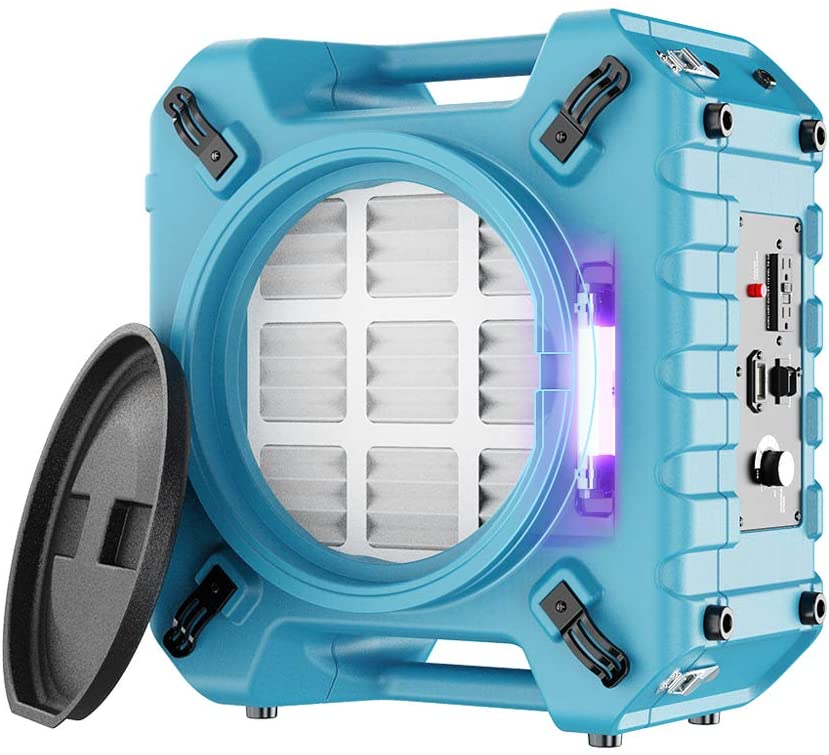
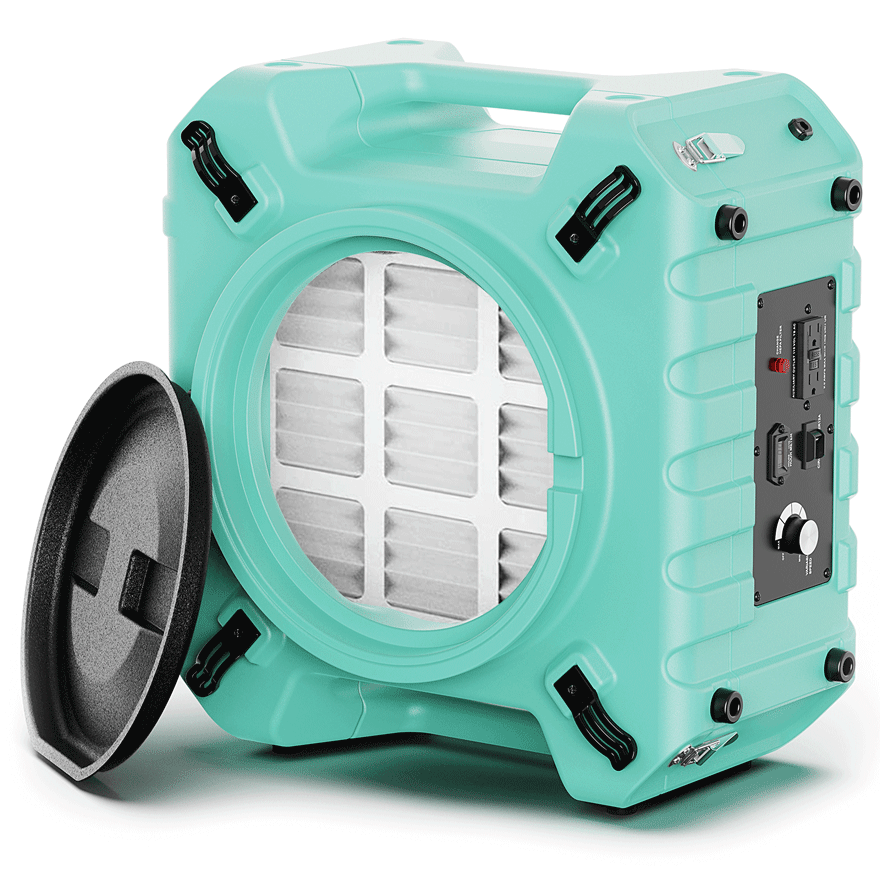
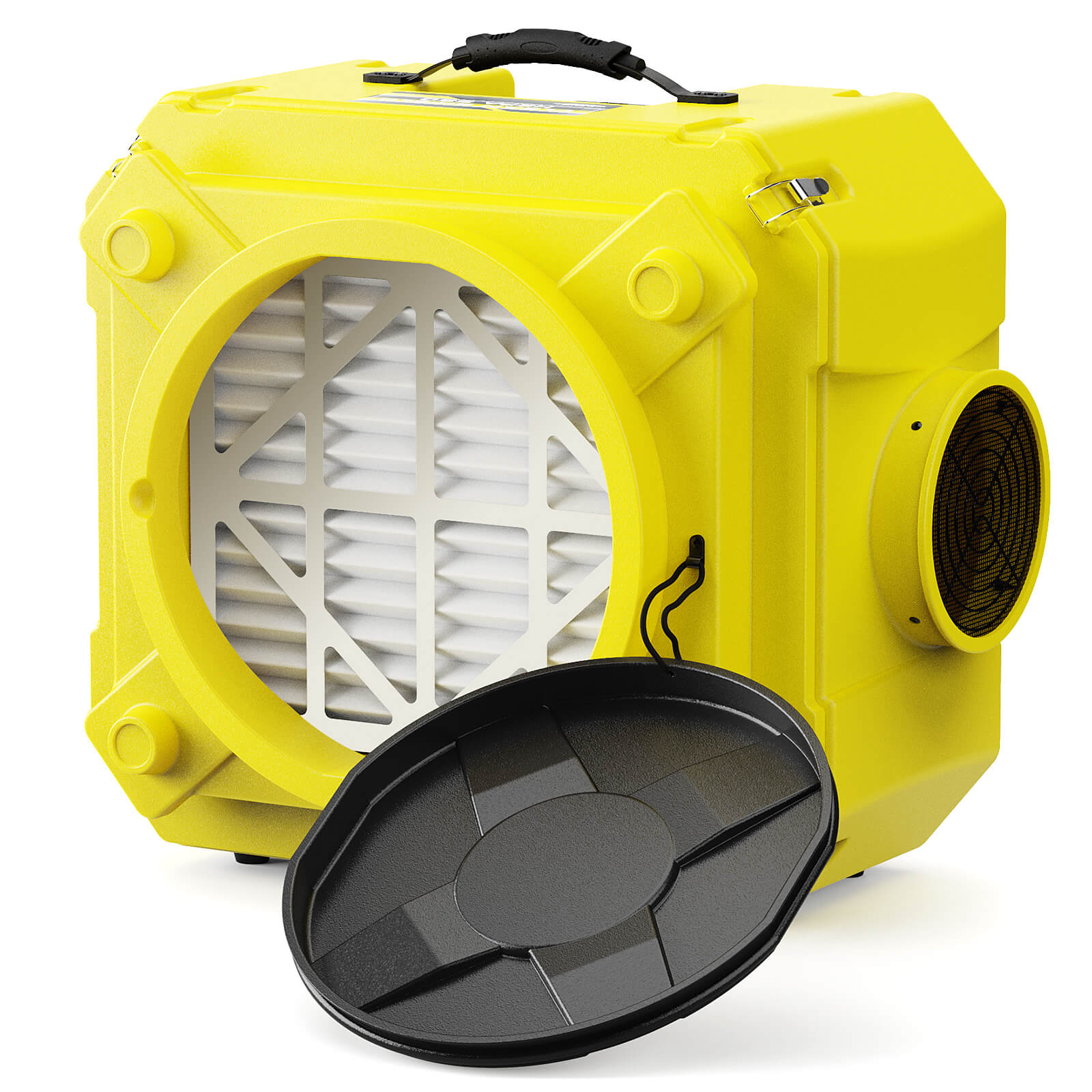
.jpg)
.jpg)
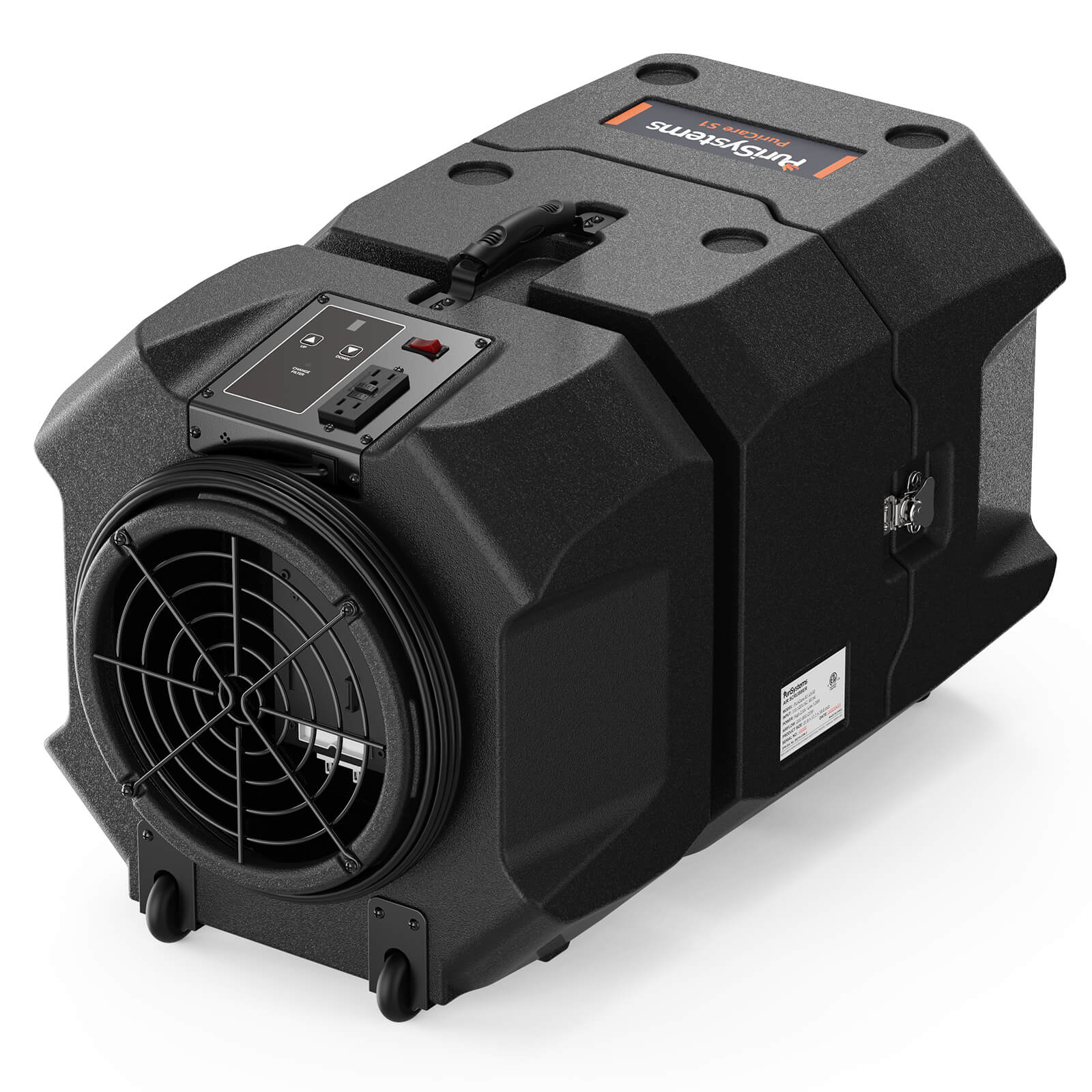
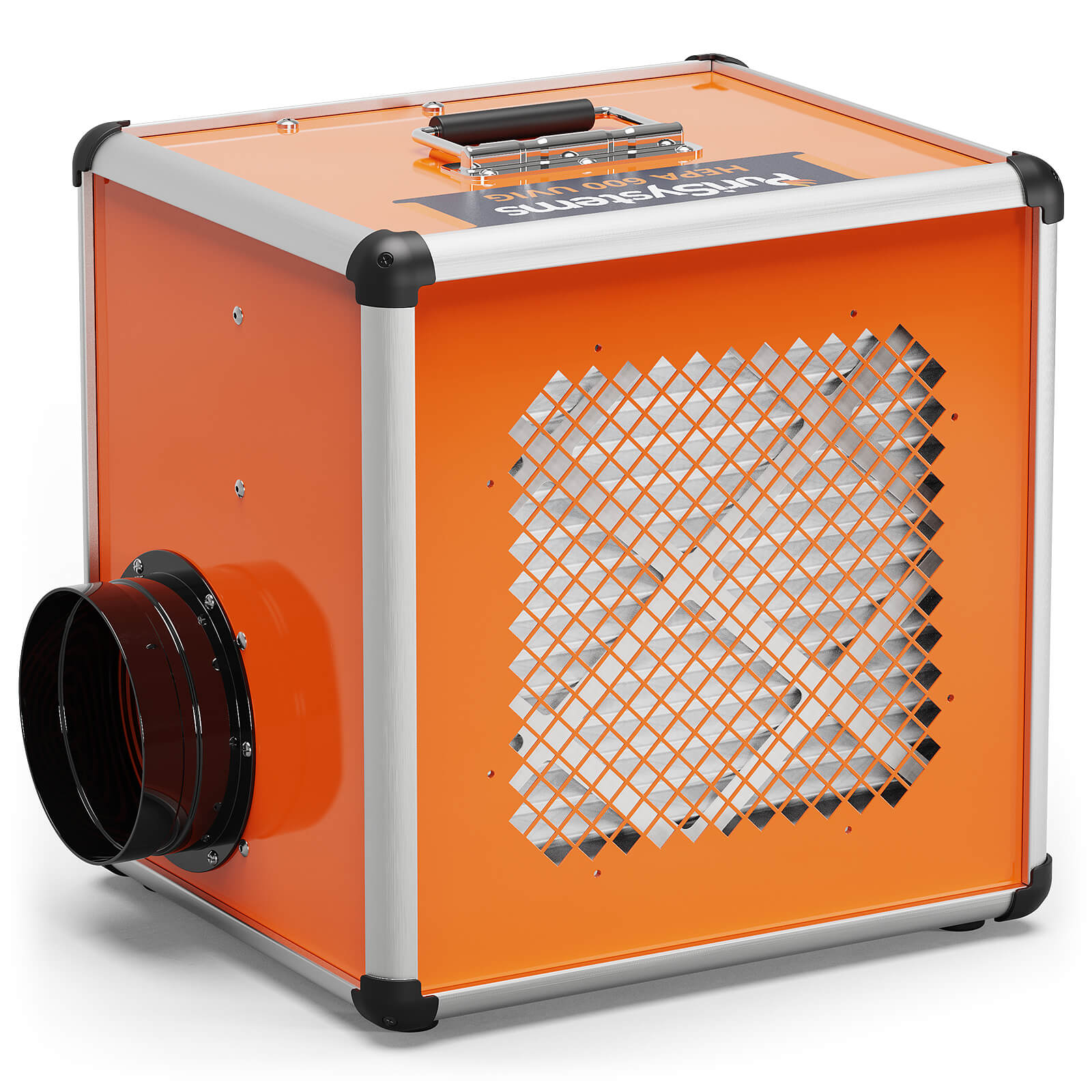
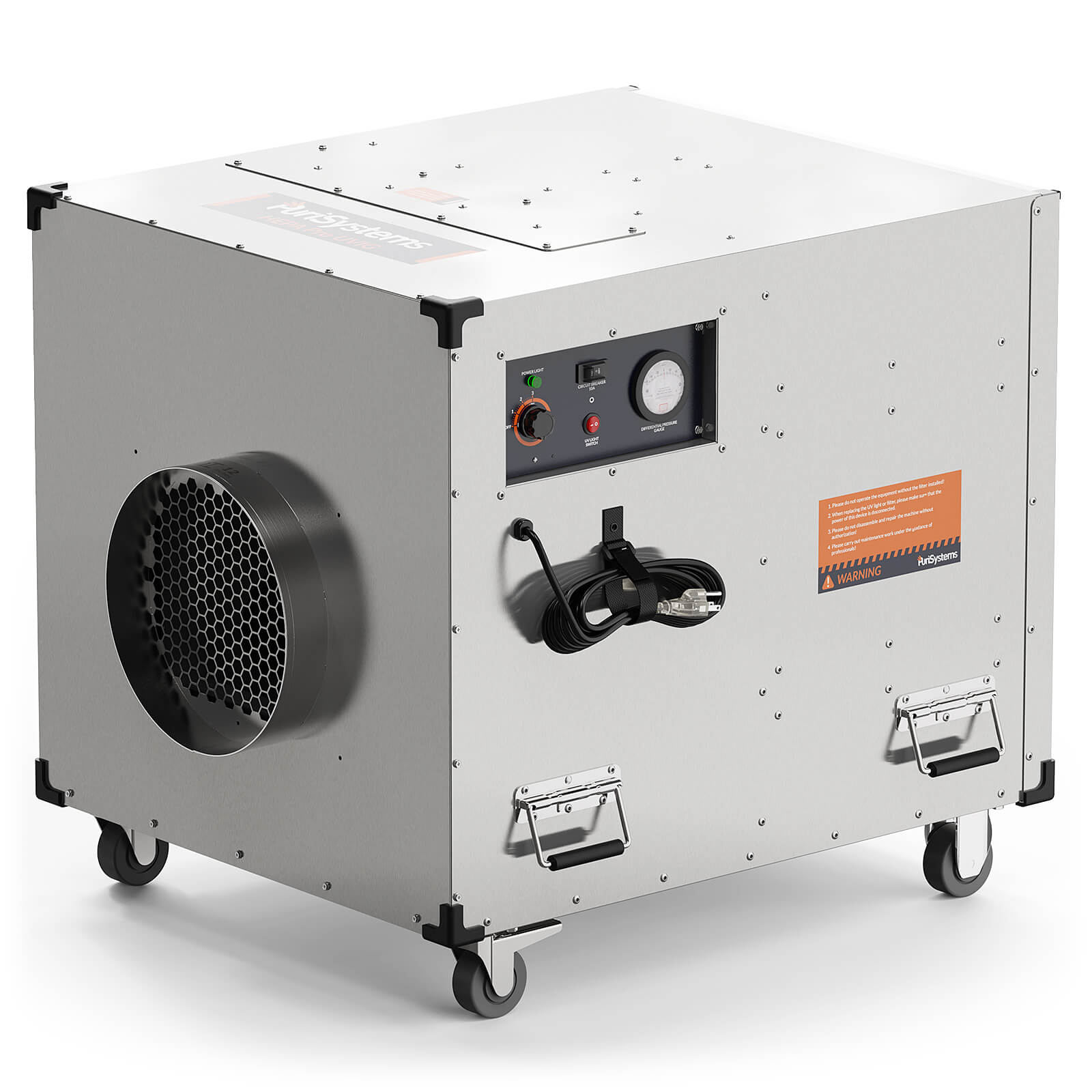
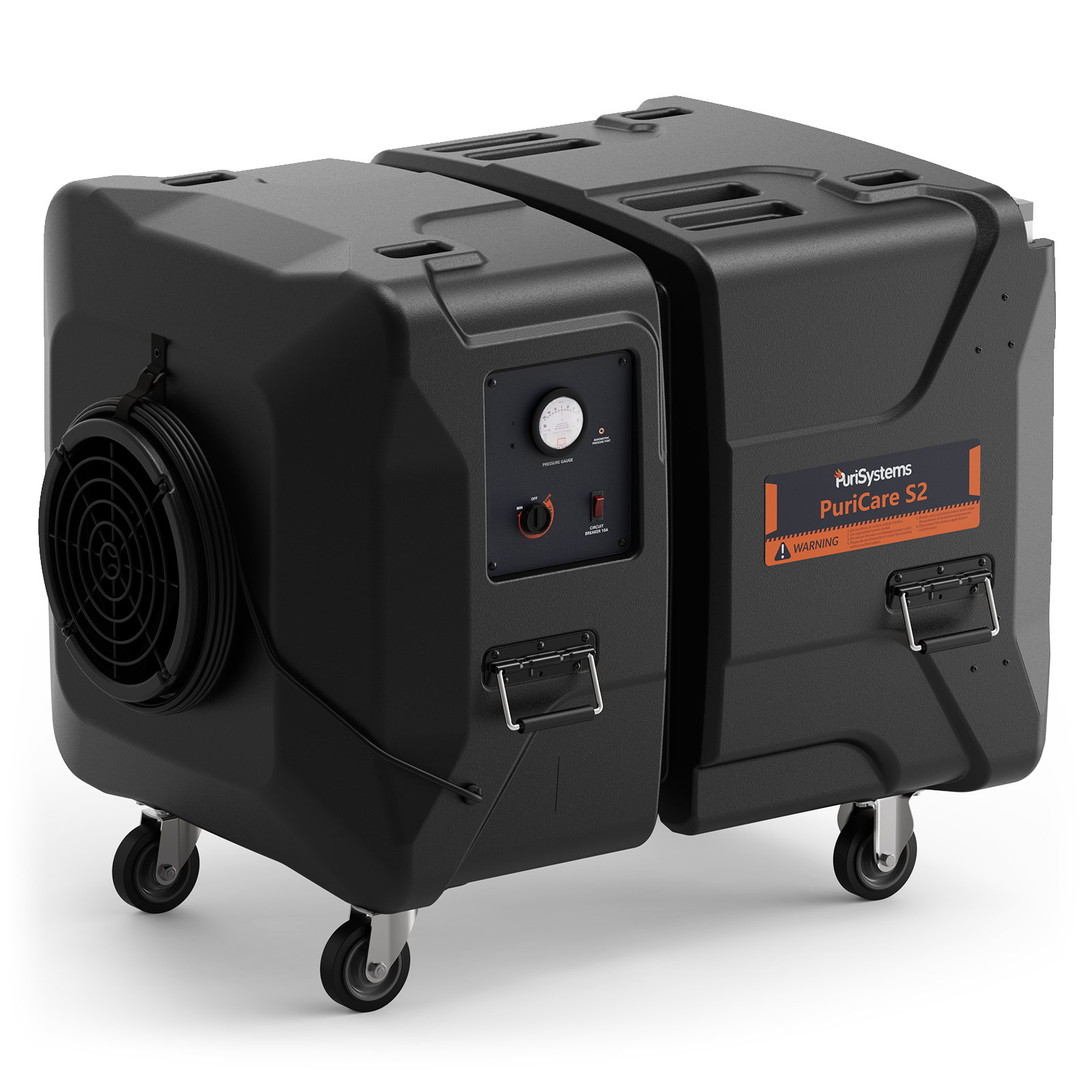
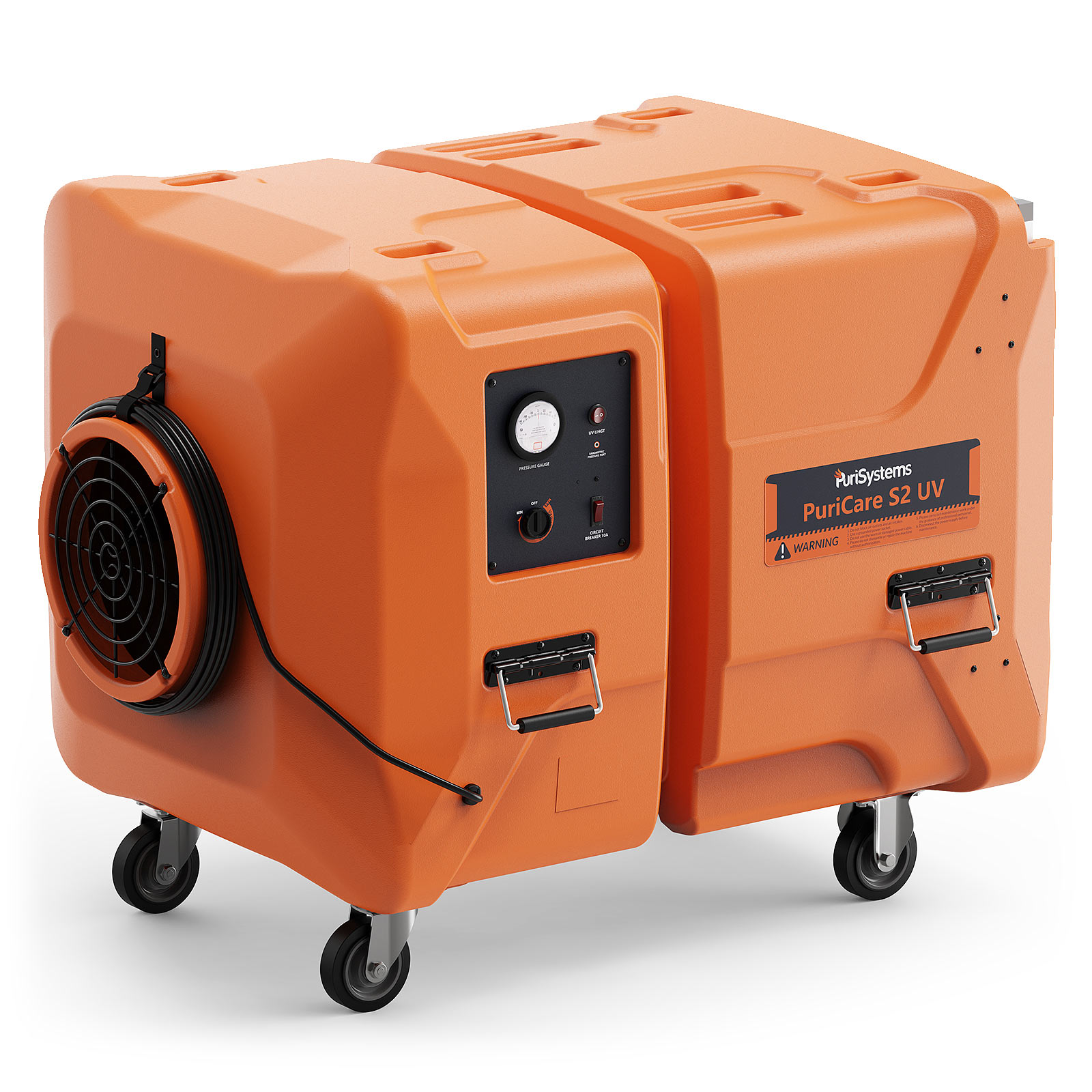
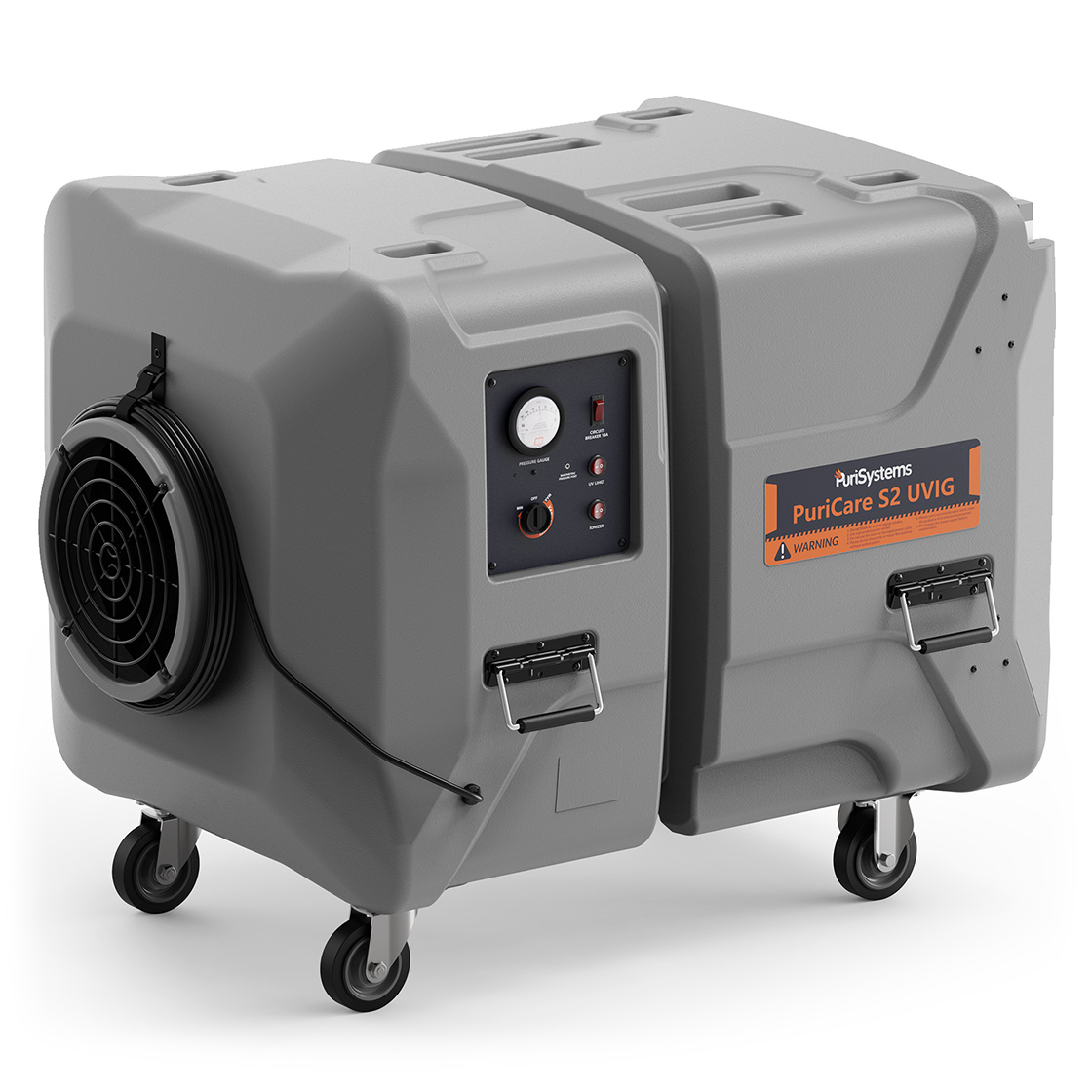
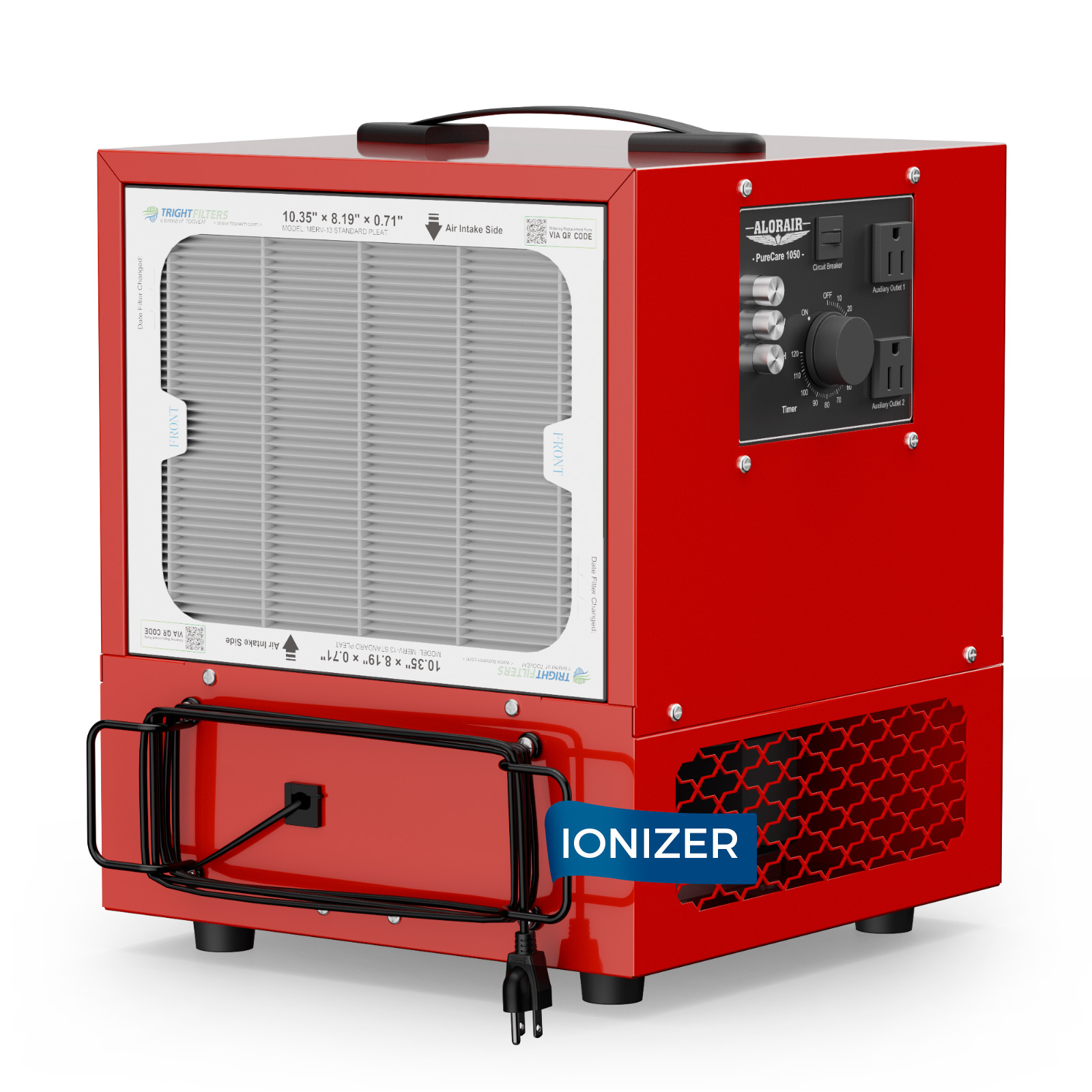
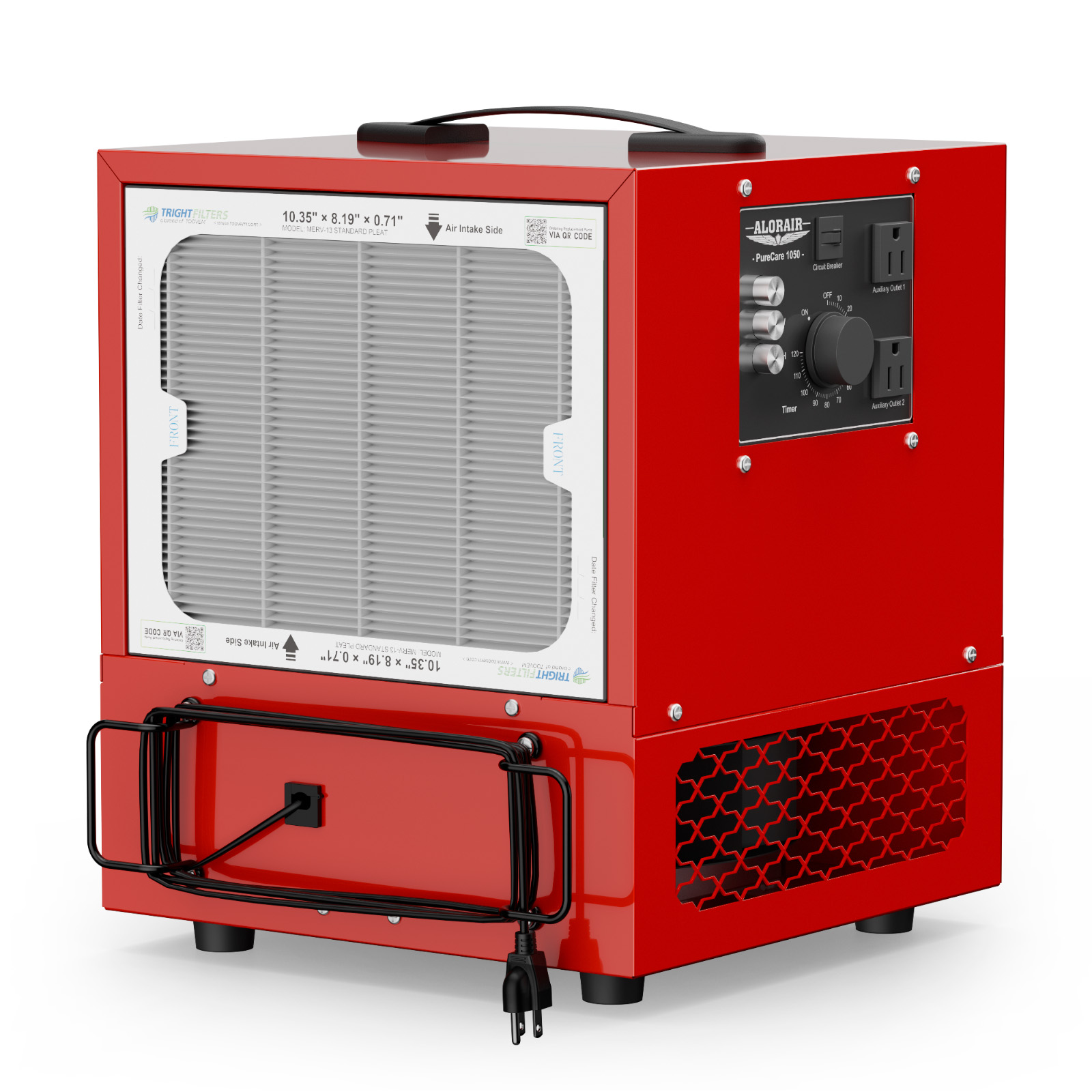
.jpg)
.jpg)
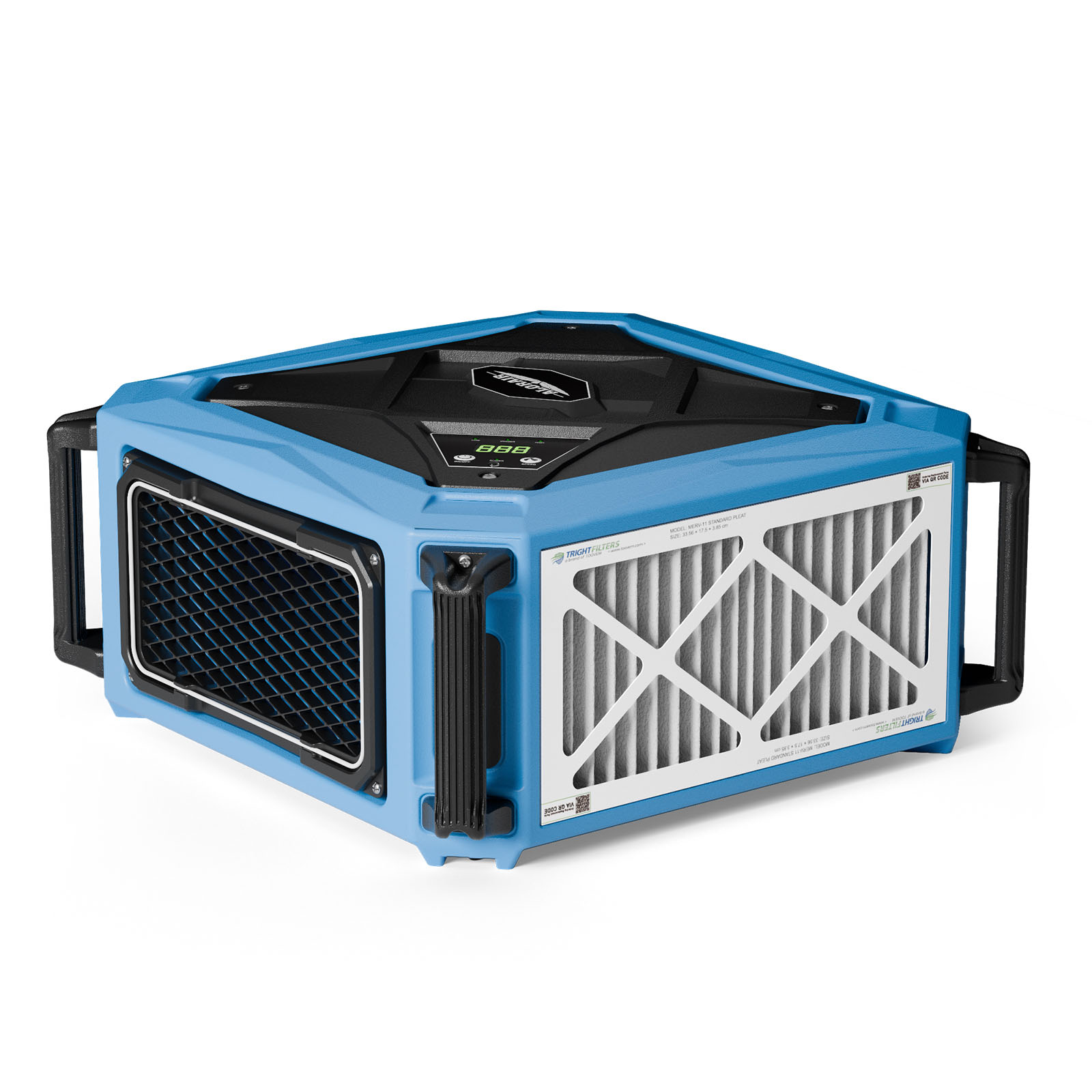
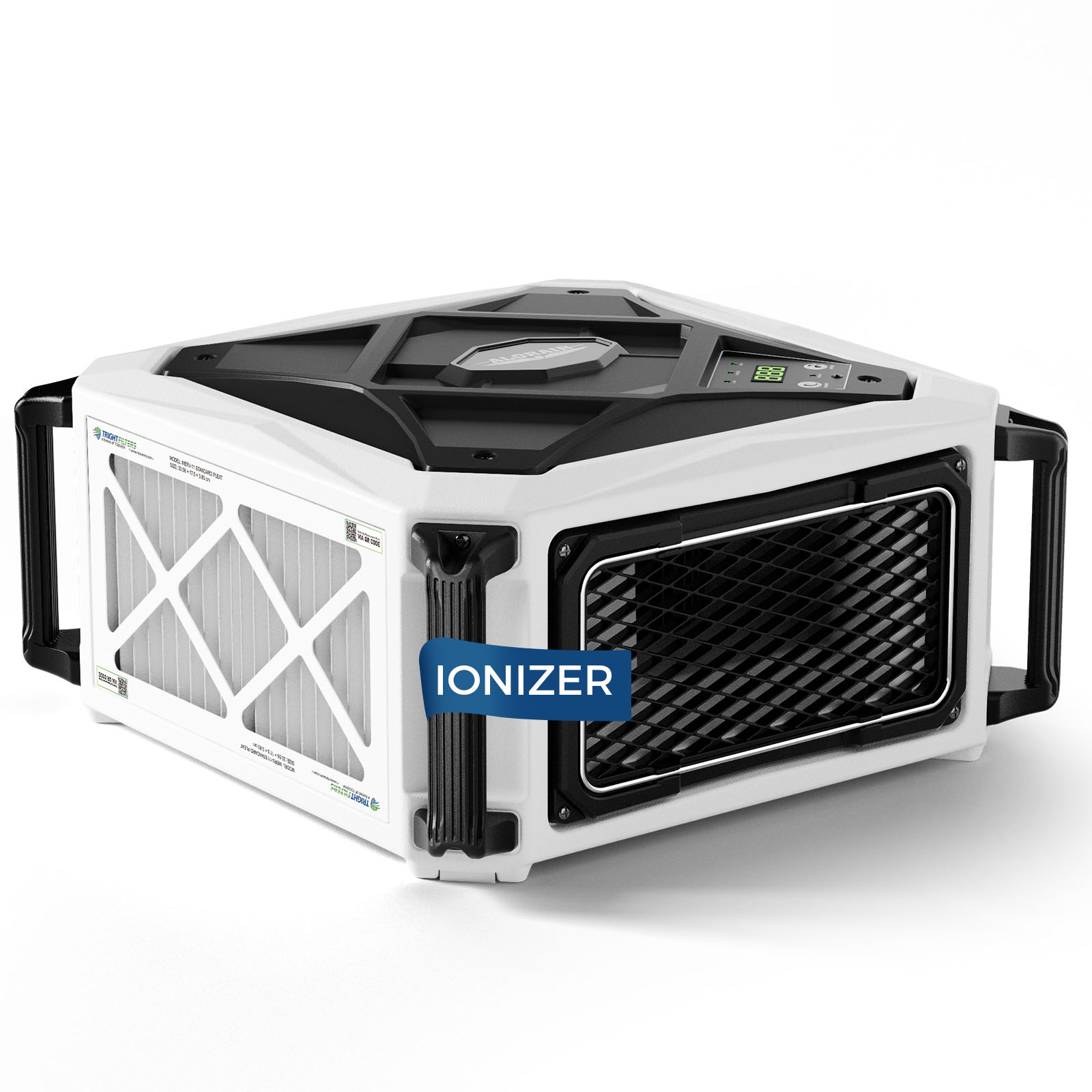
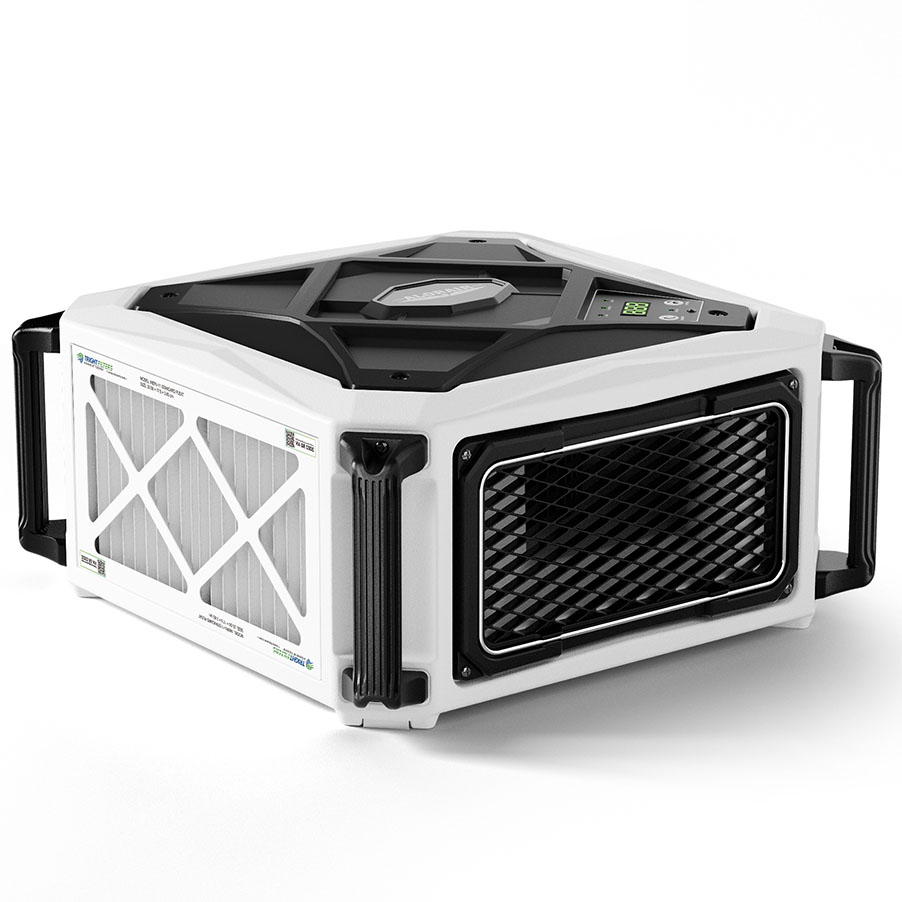
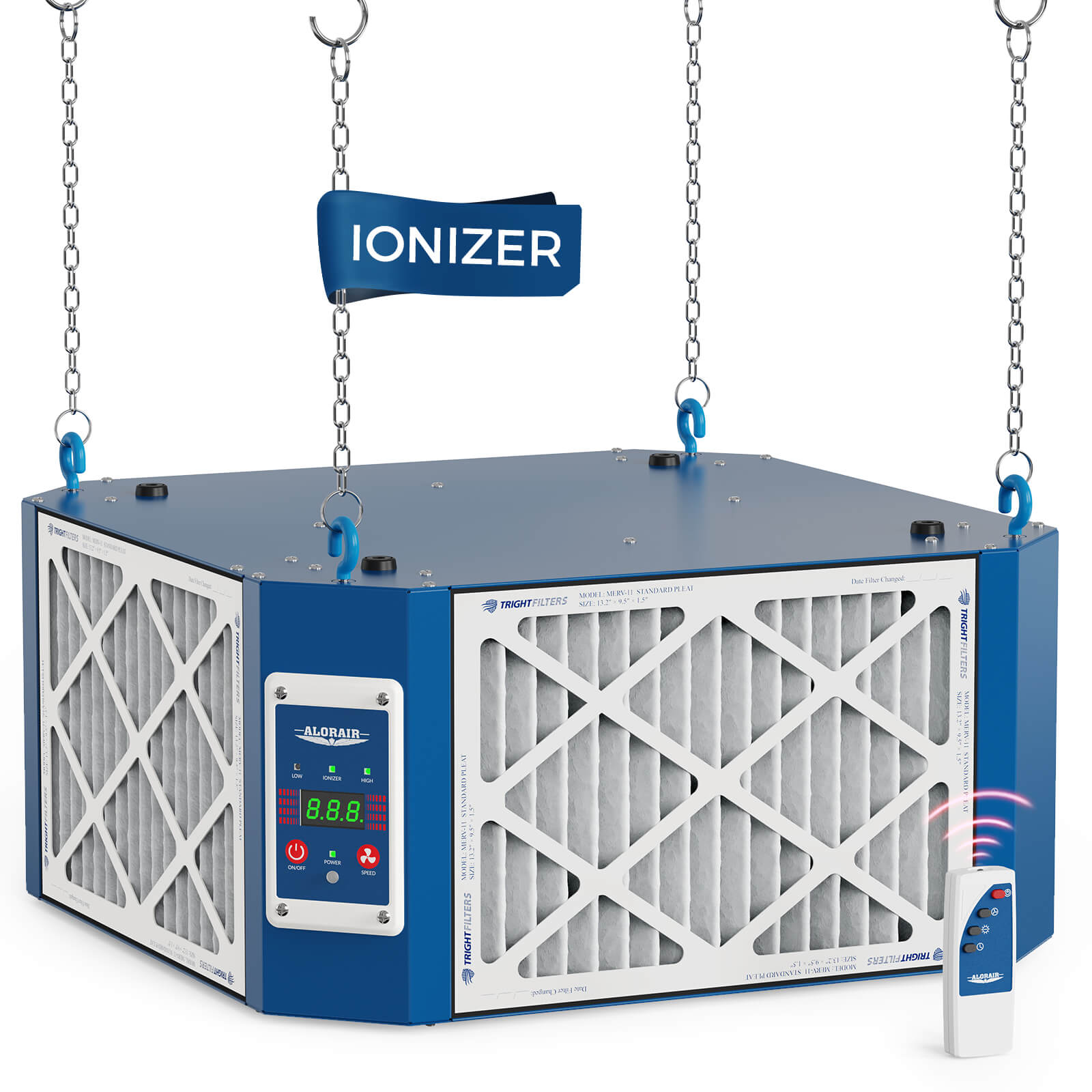
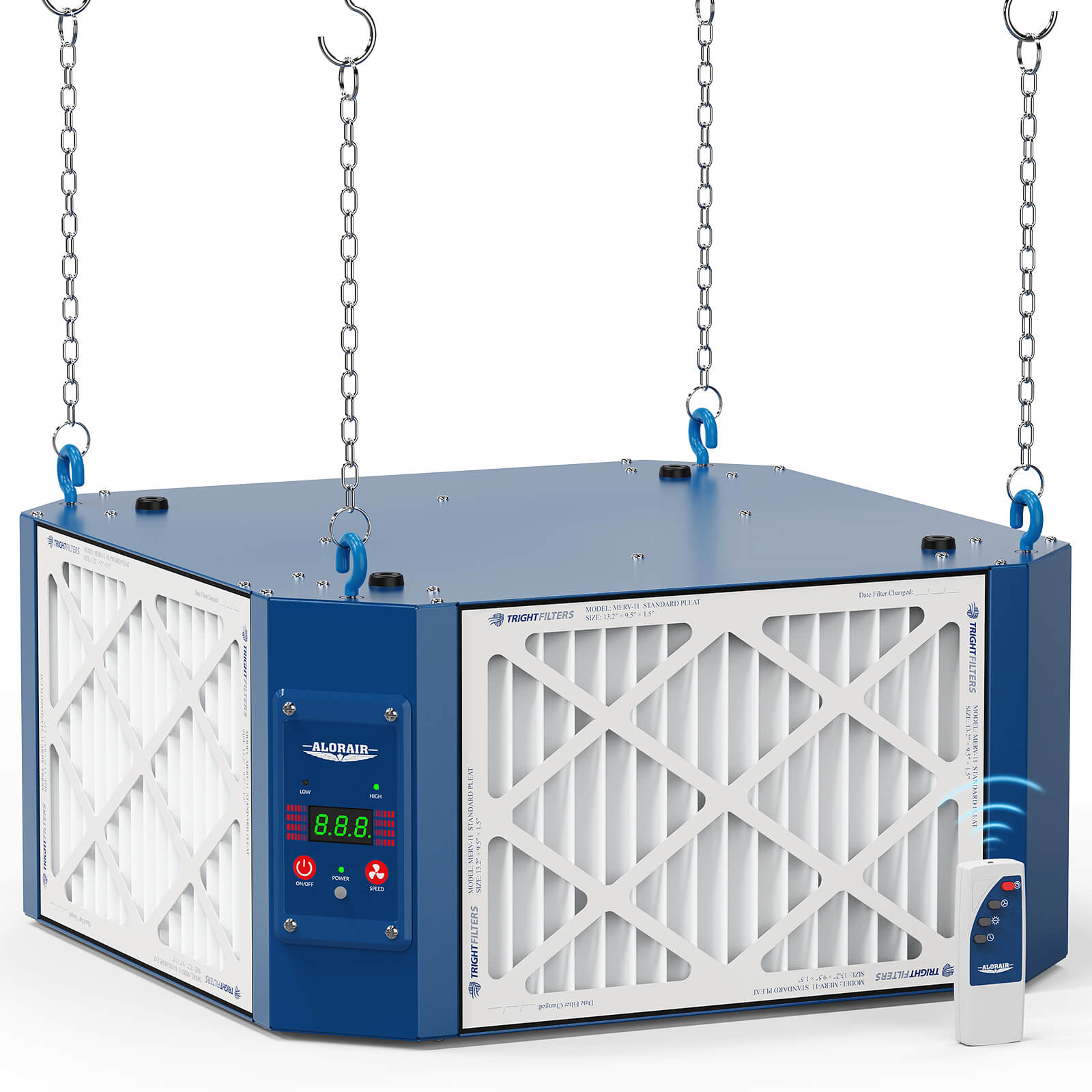
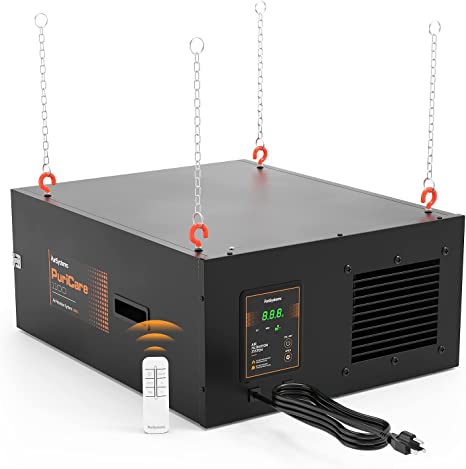
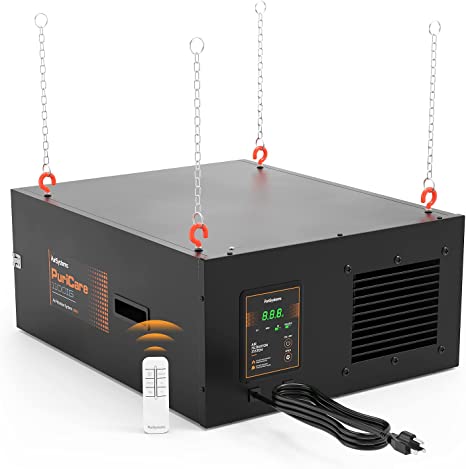
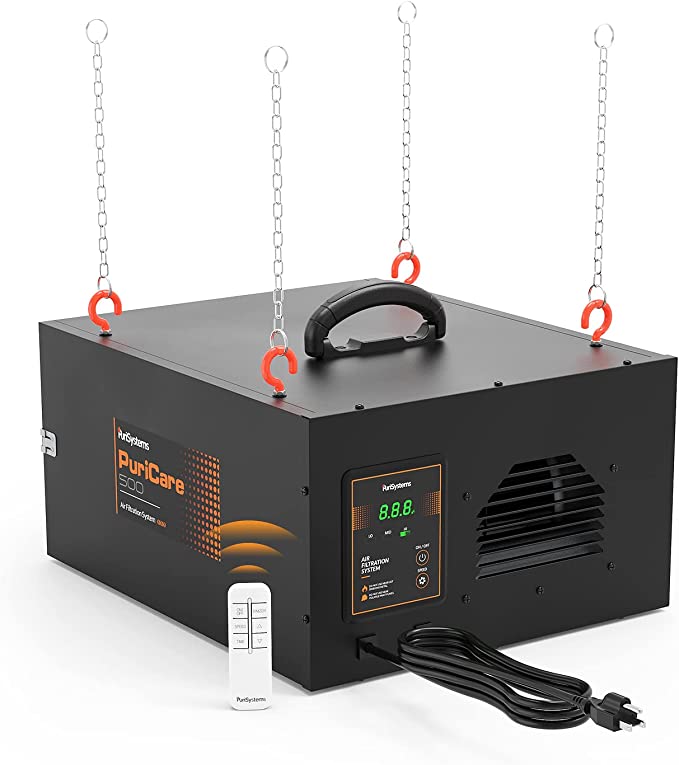
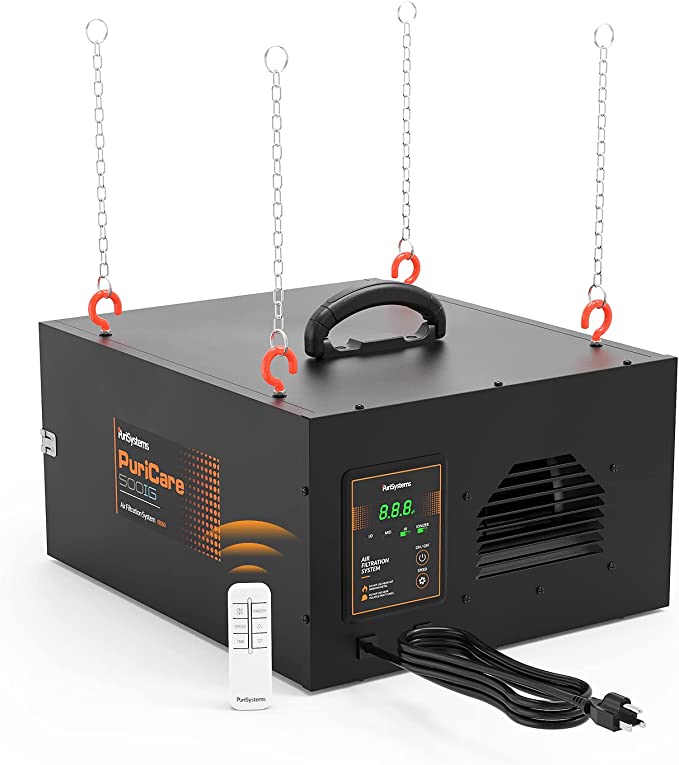
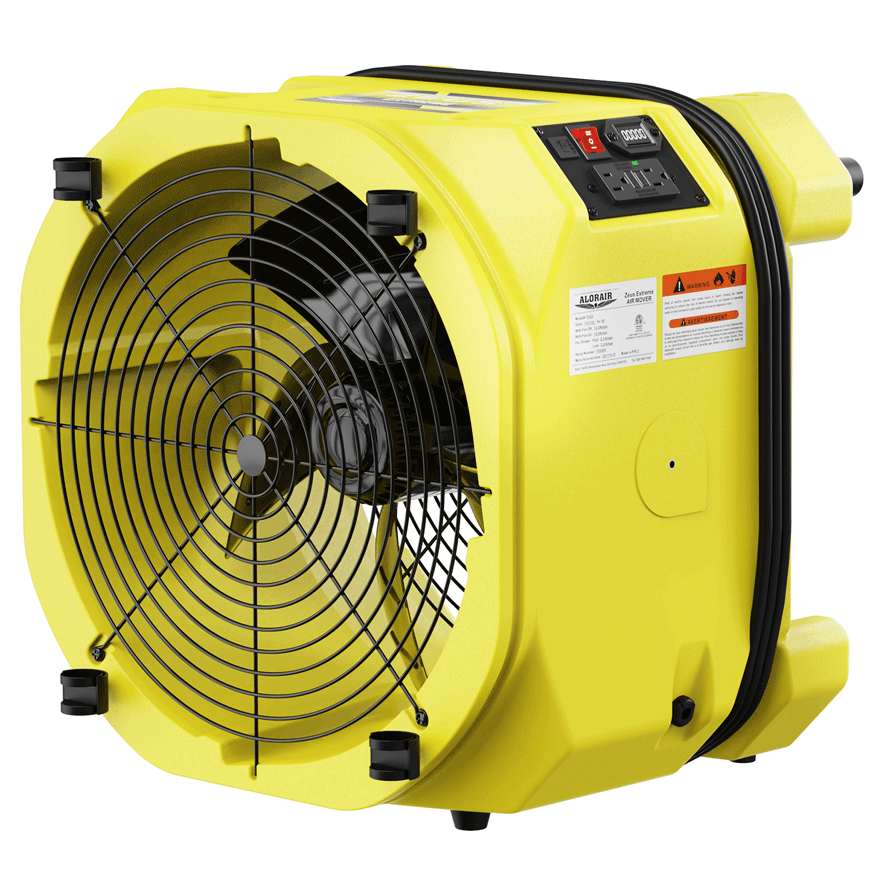
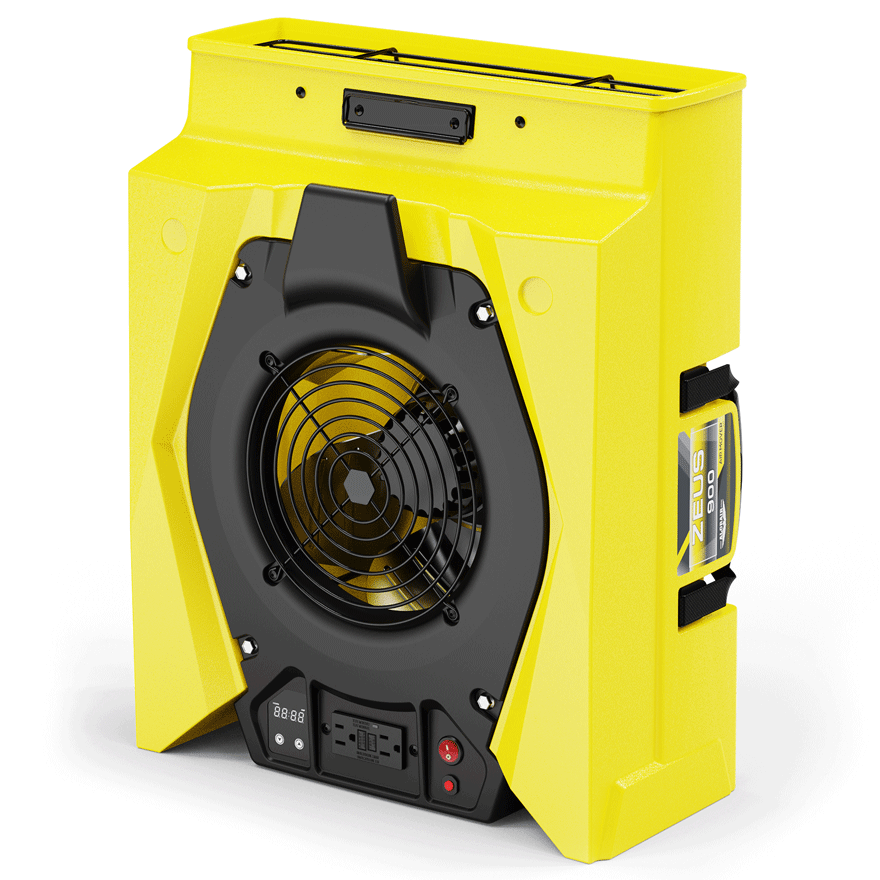
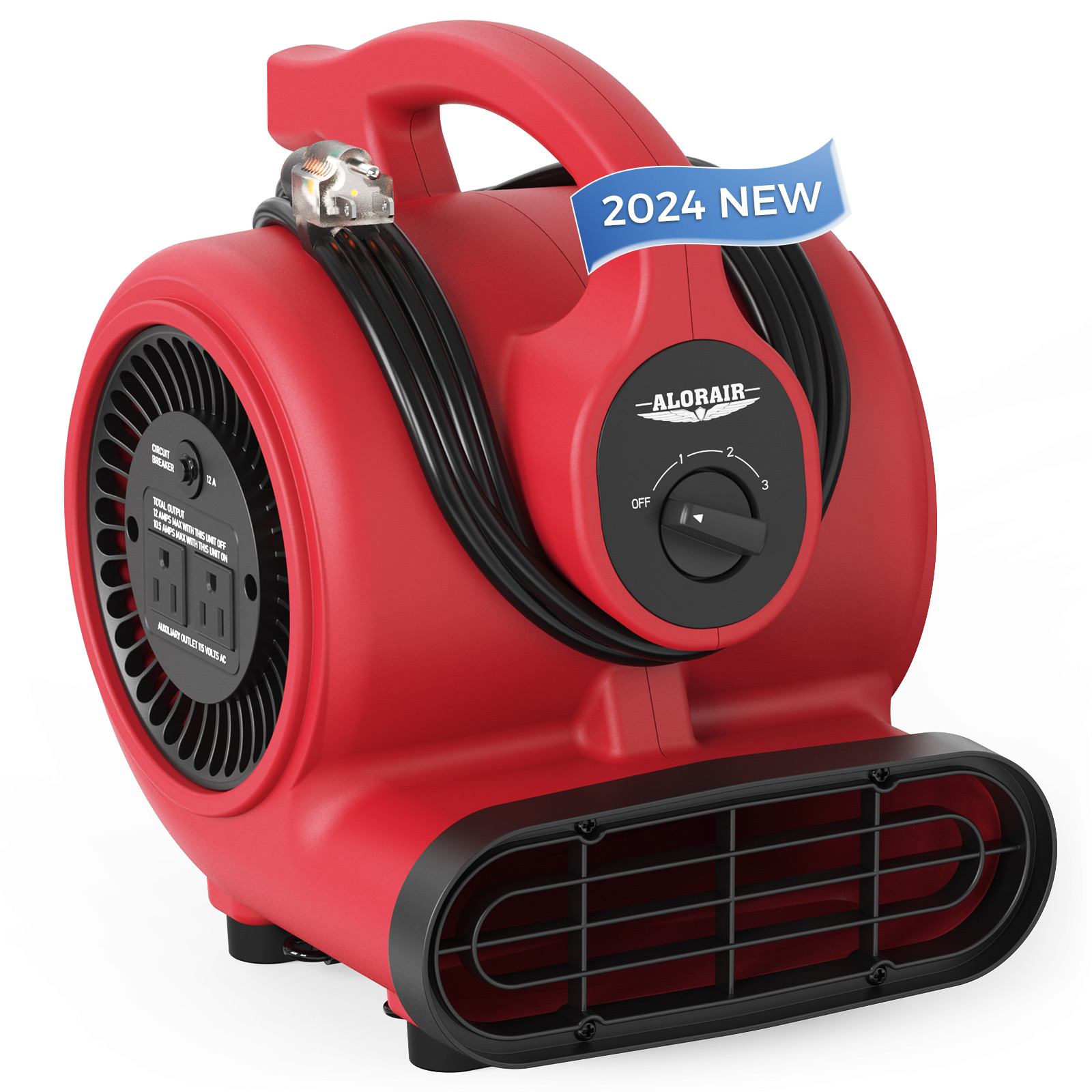
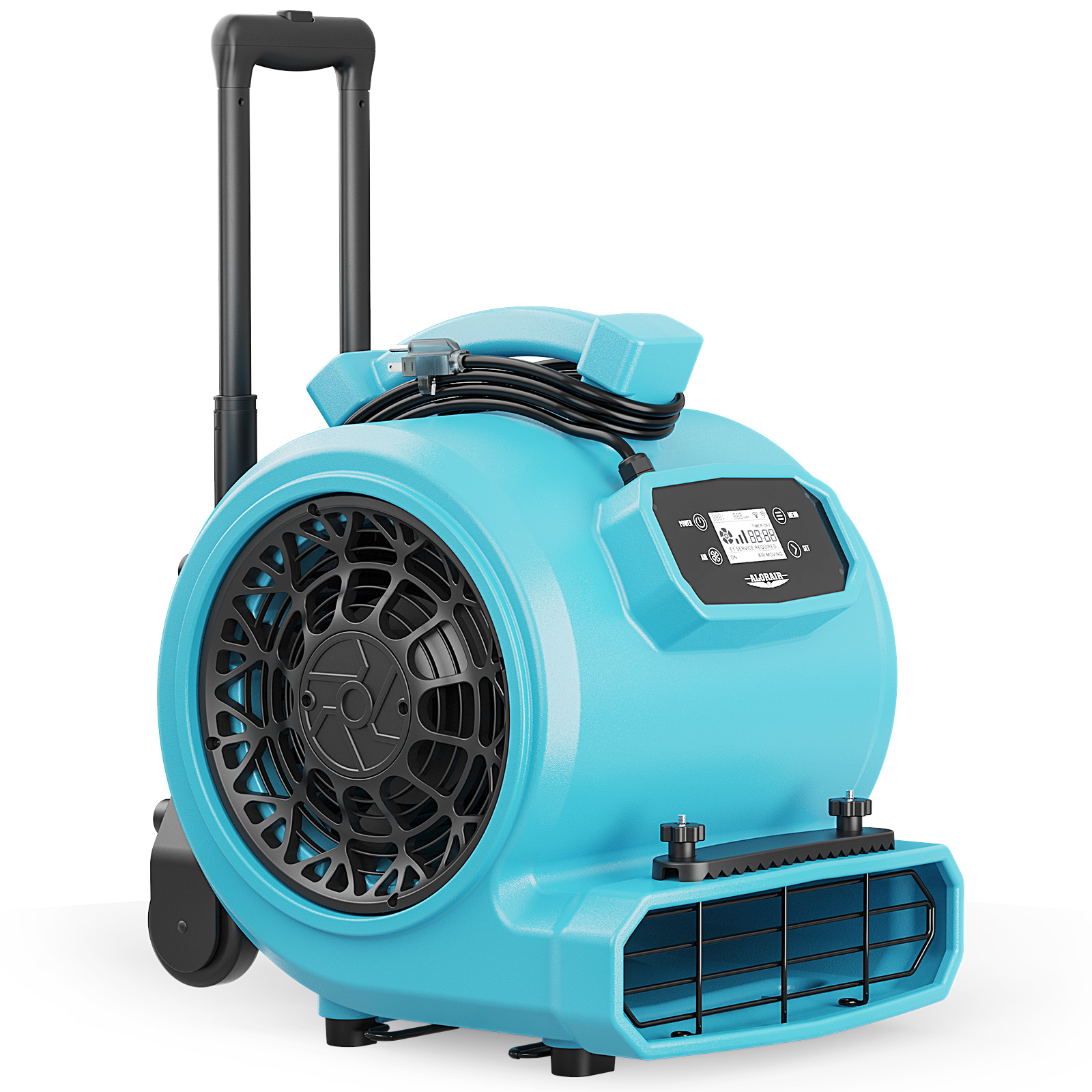
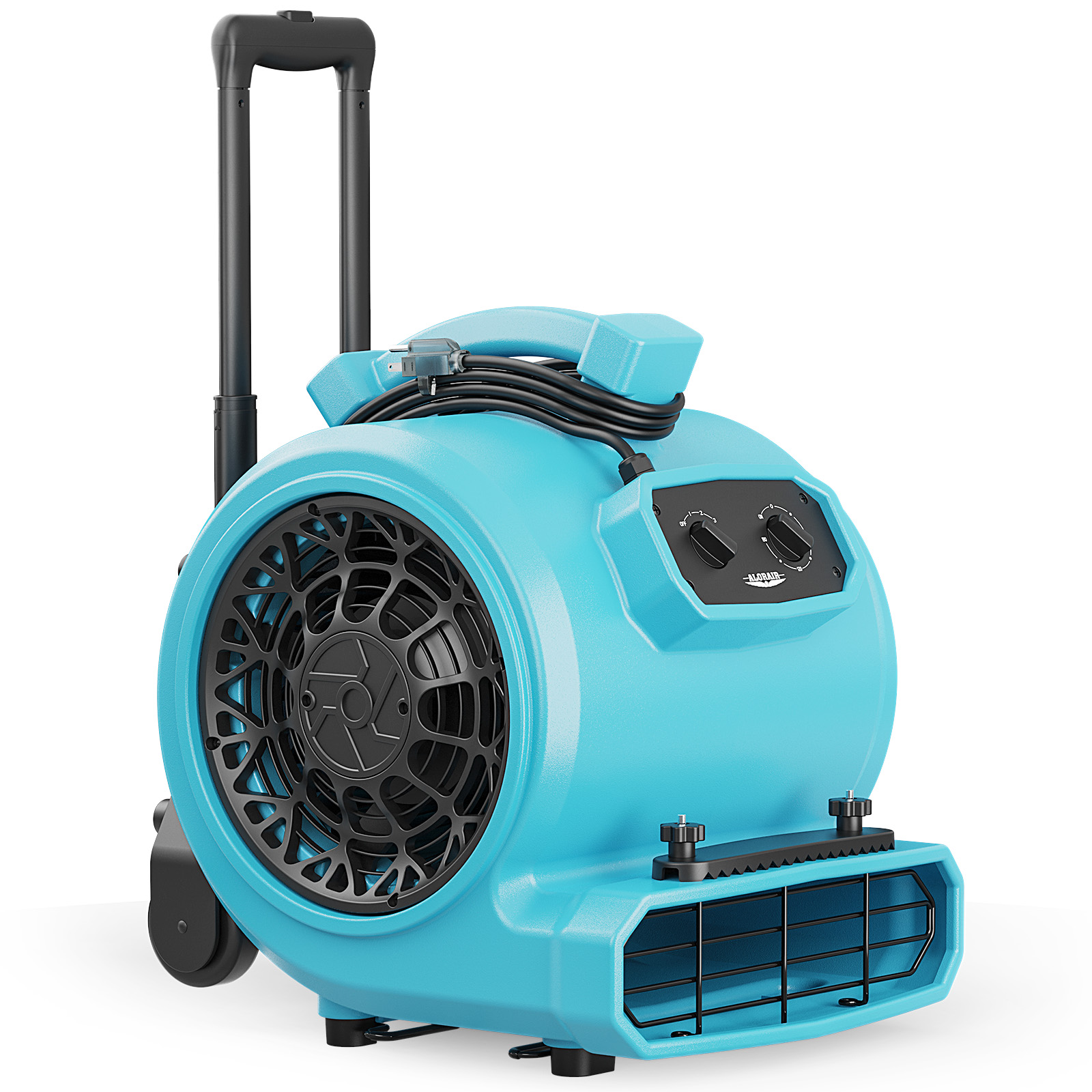
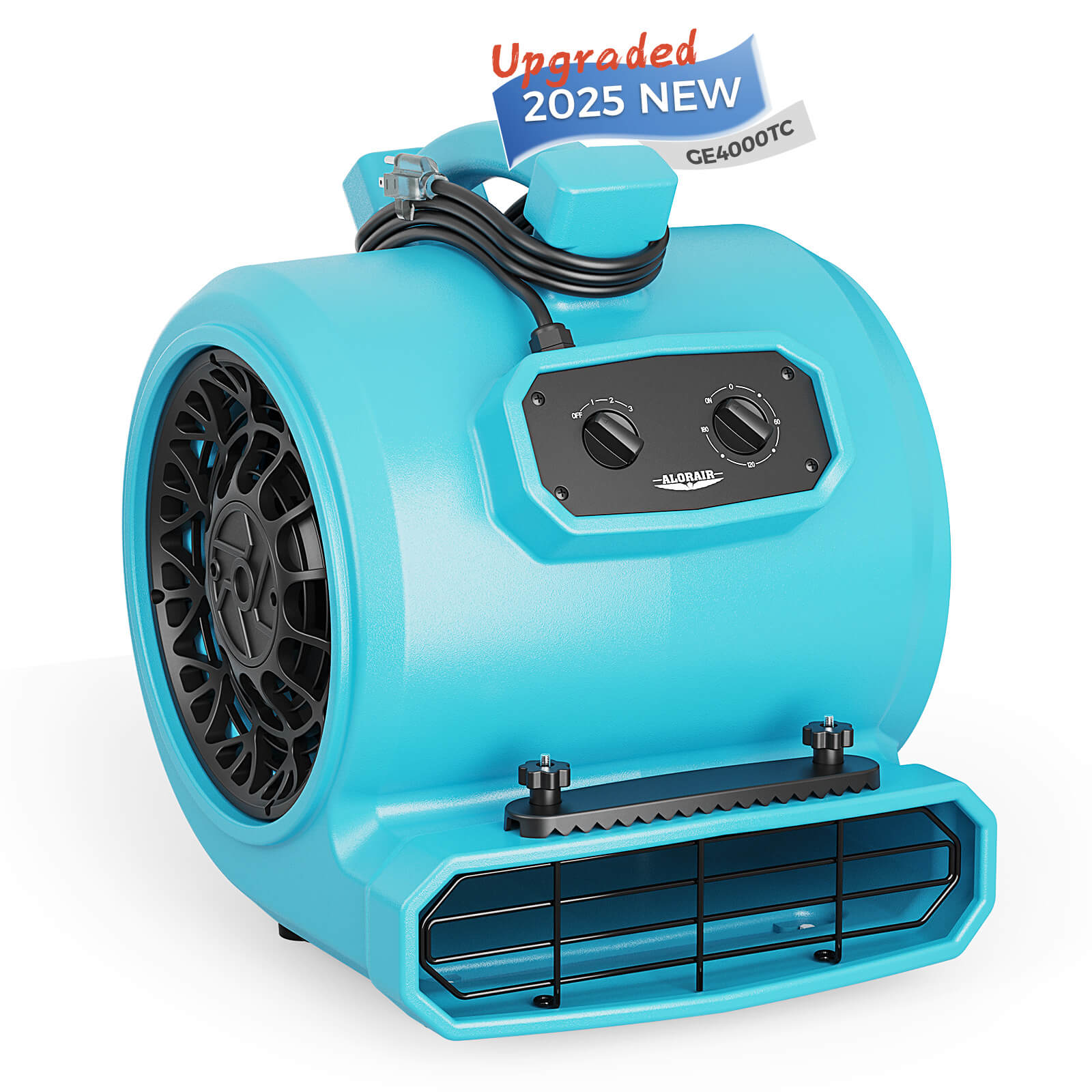
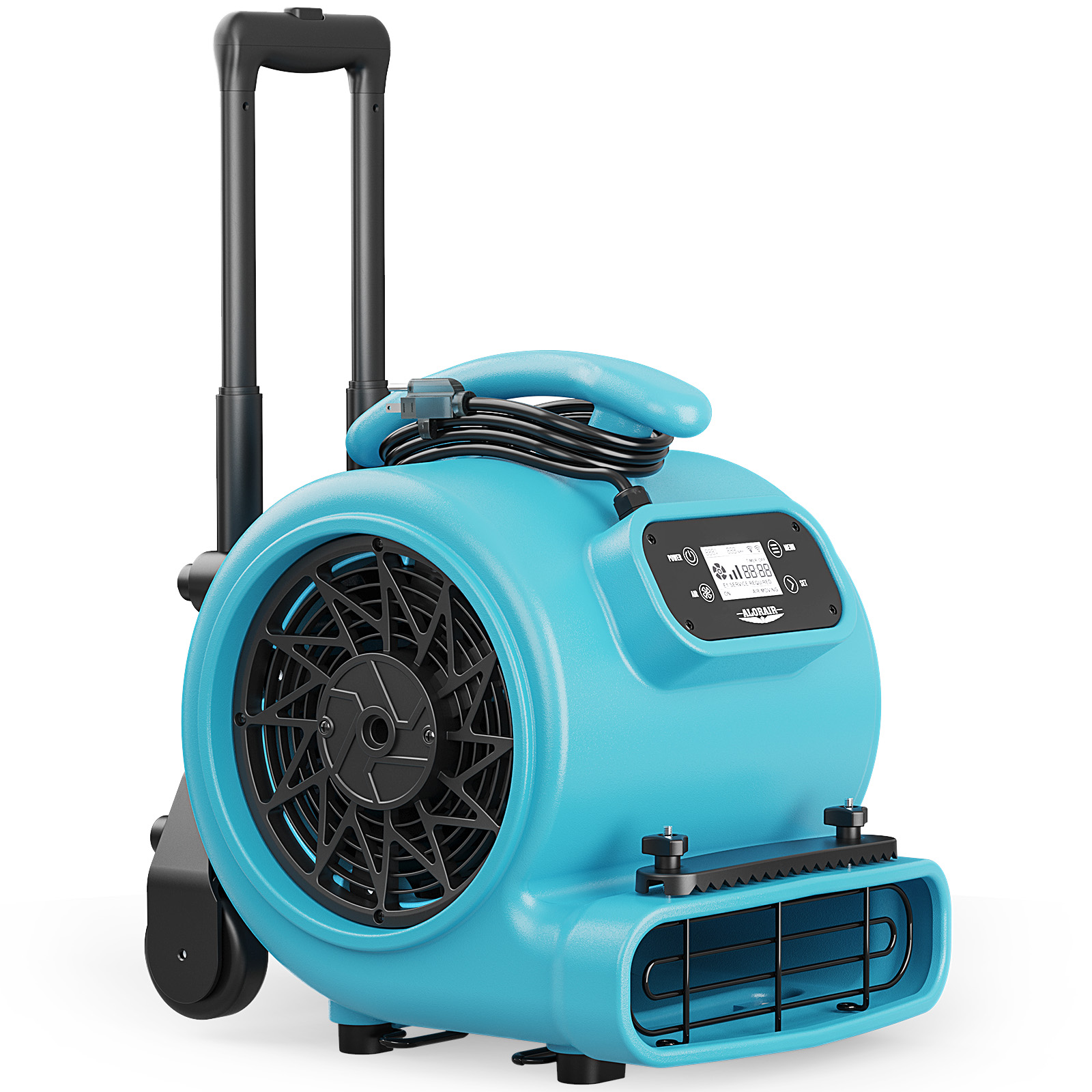
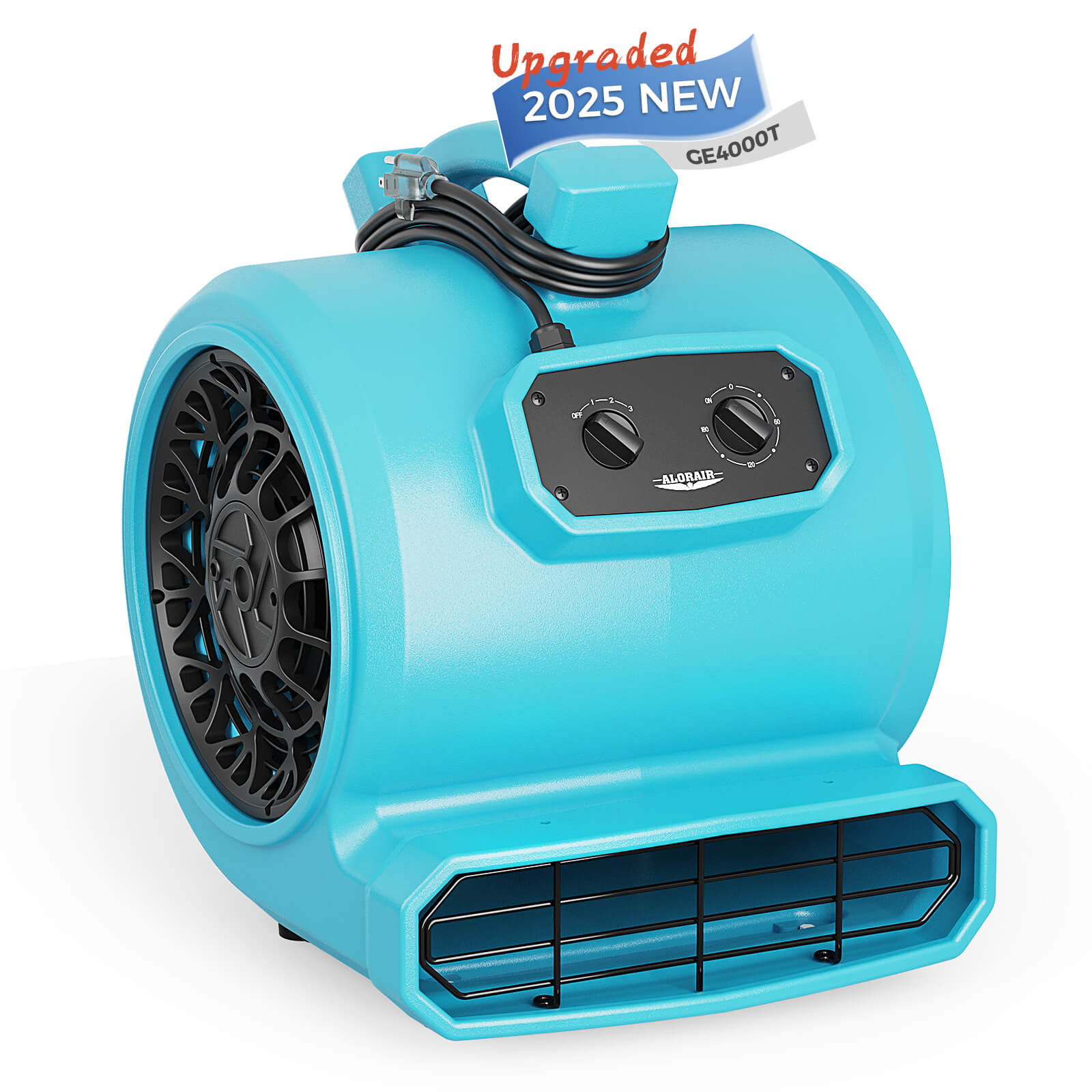
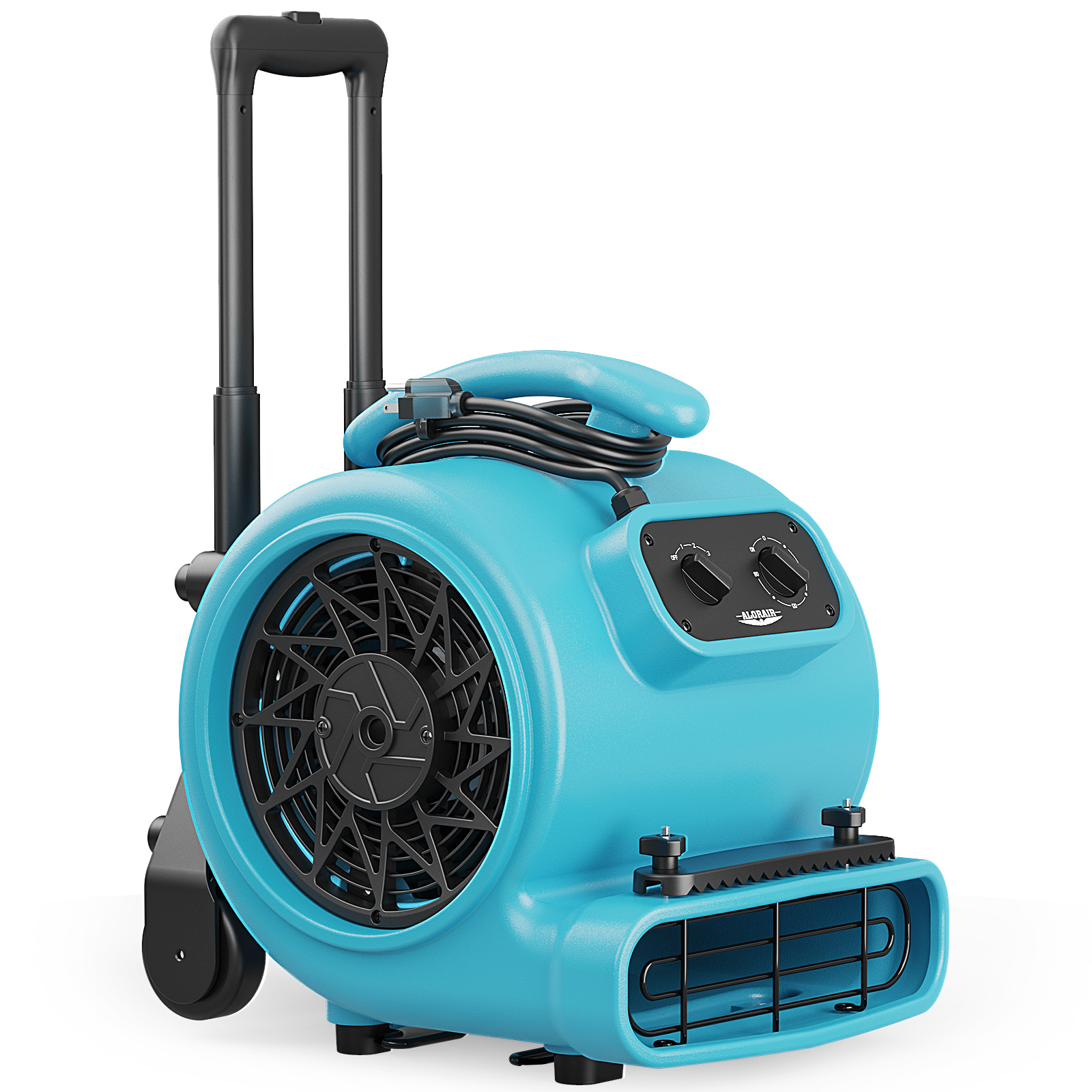
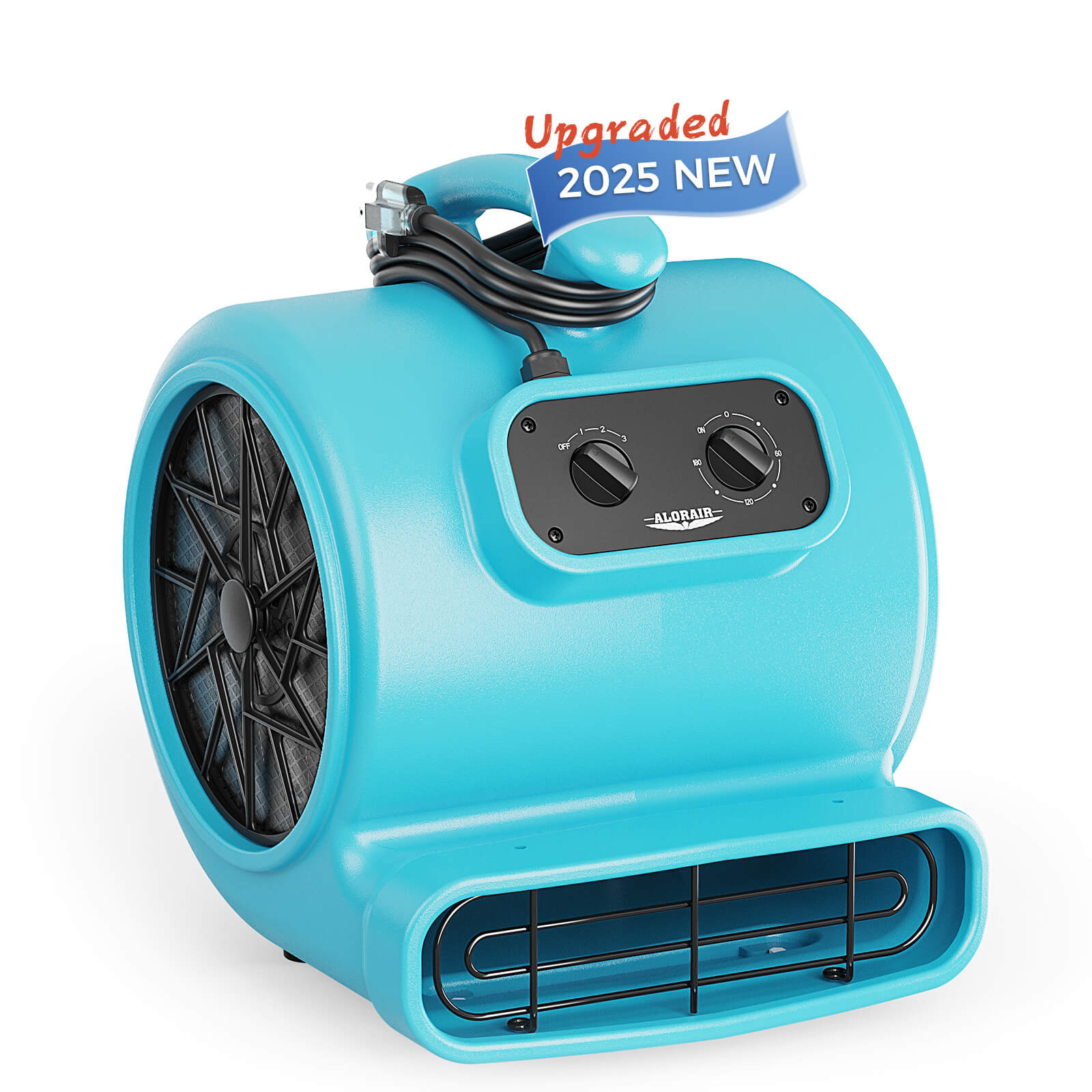
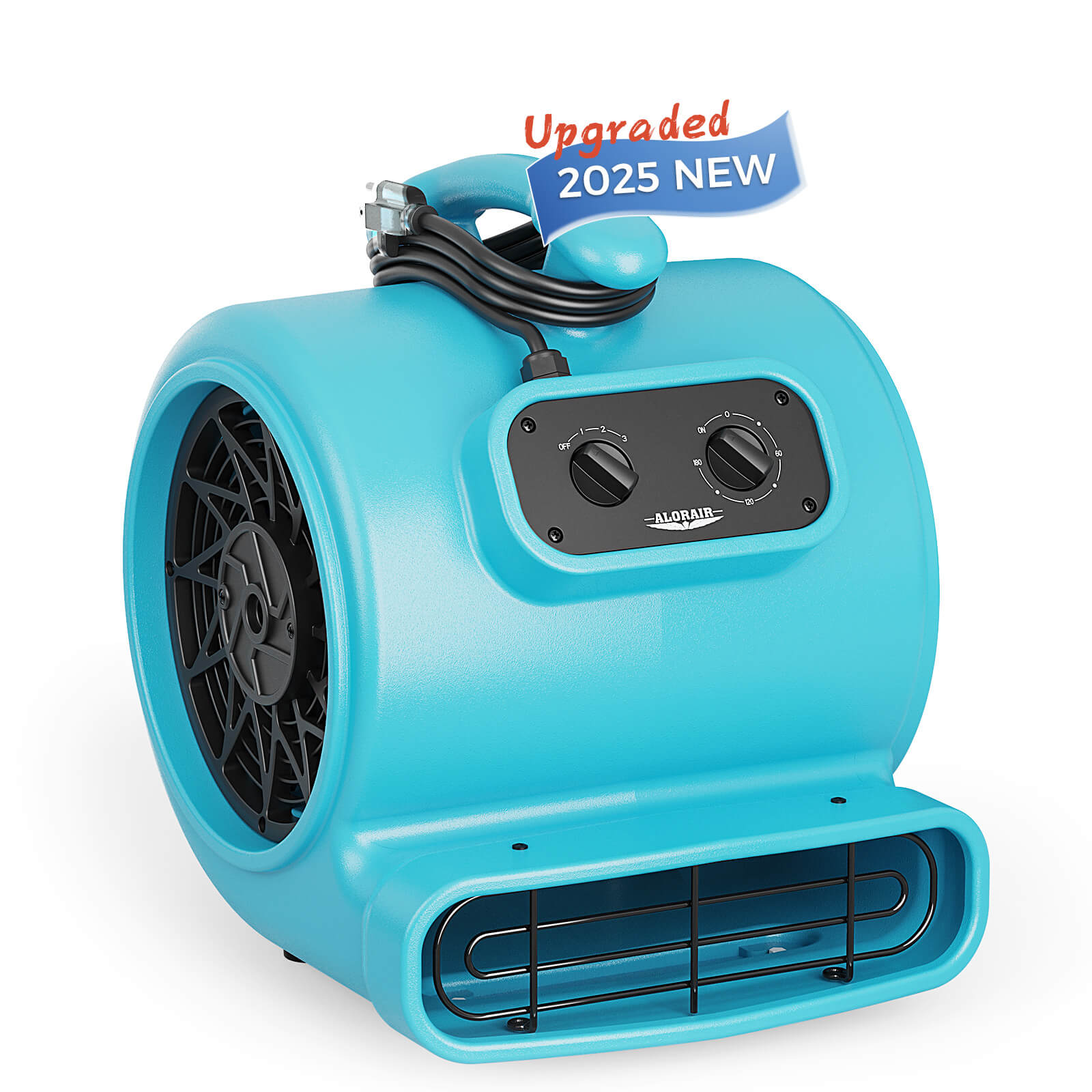
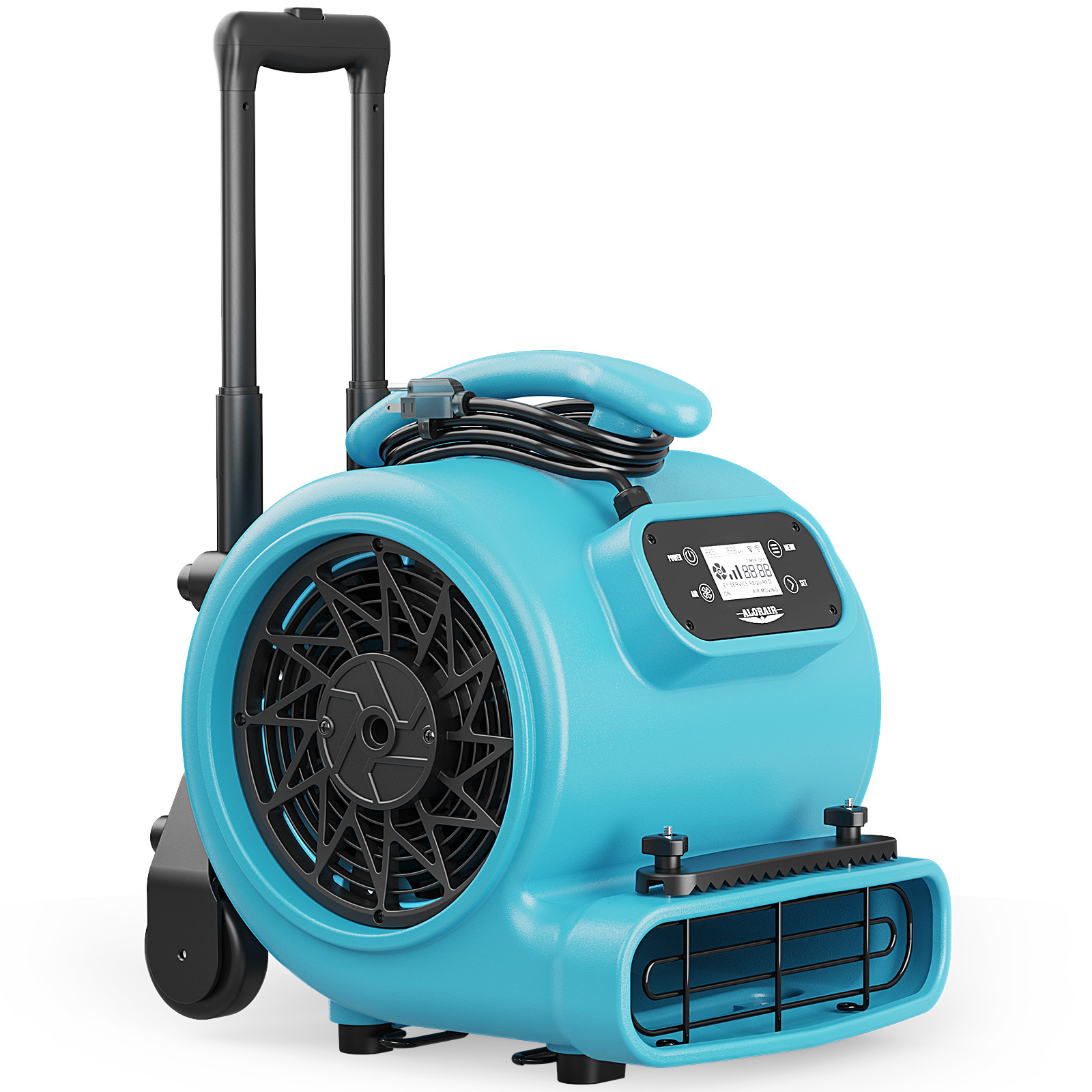
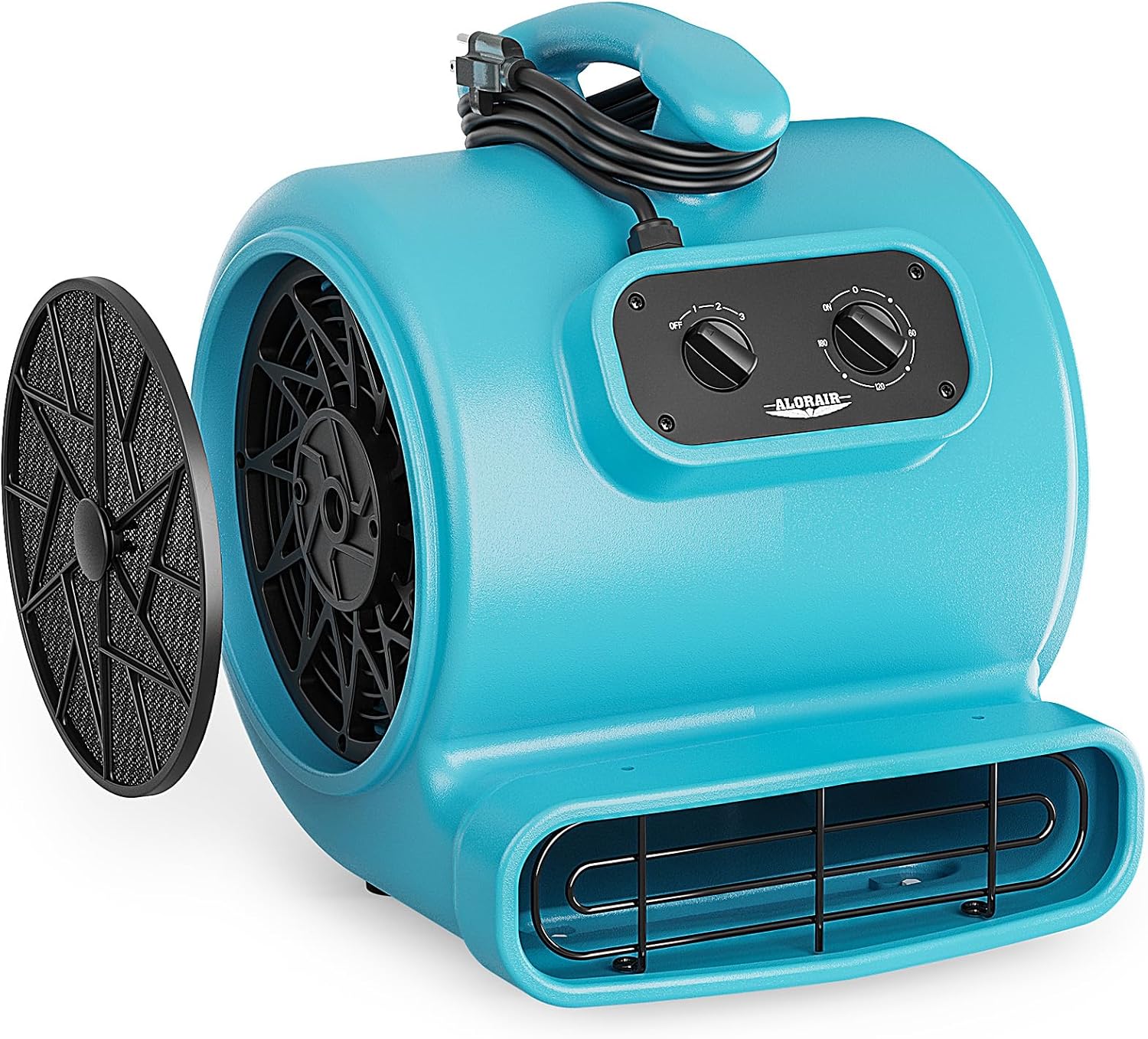
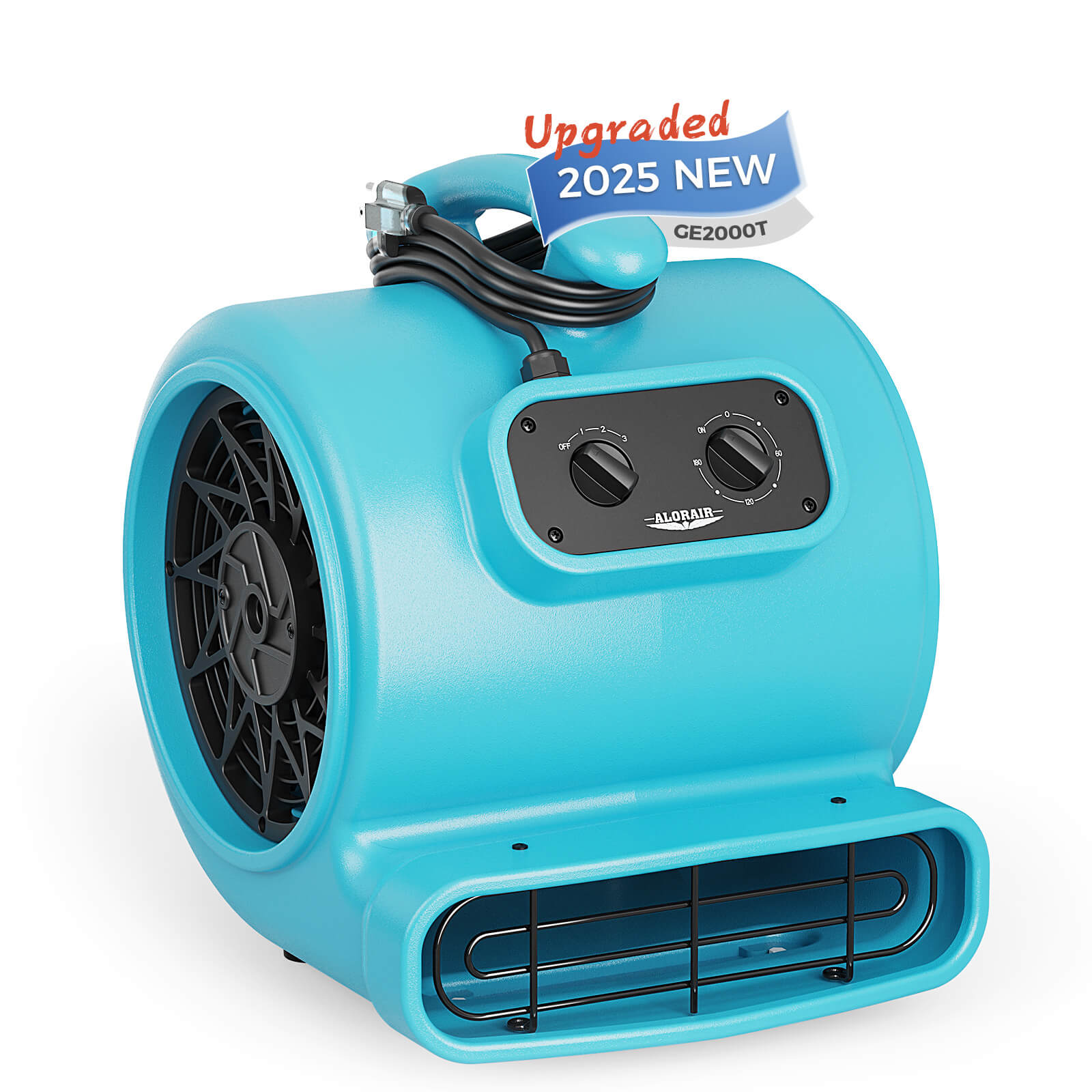
.jpg)
.jpg)
.jpg)
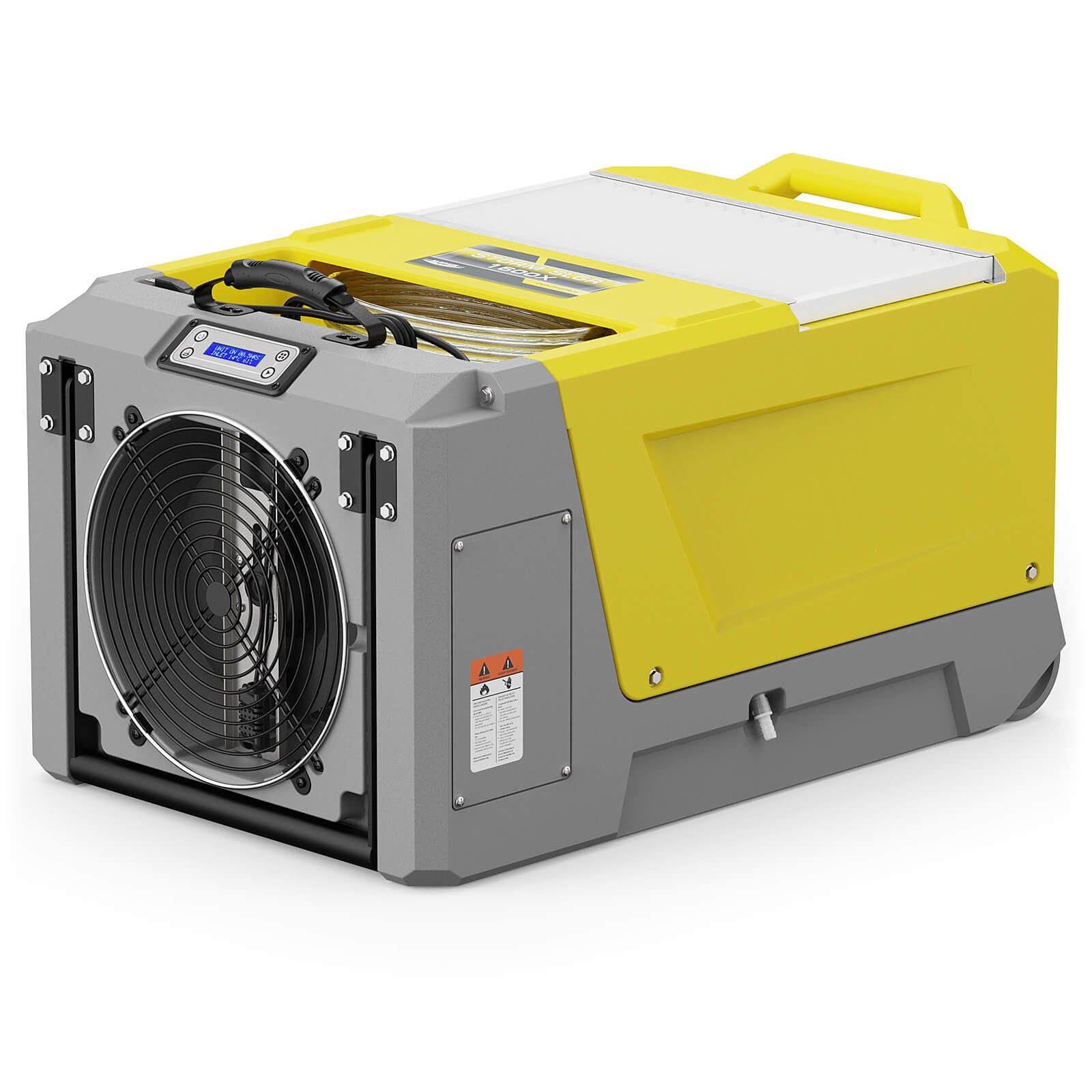
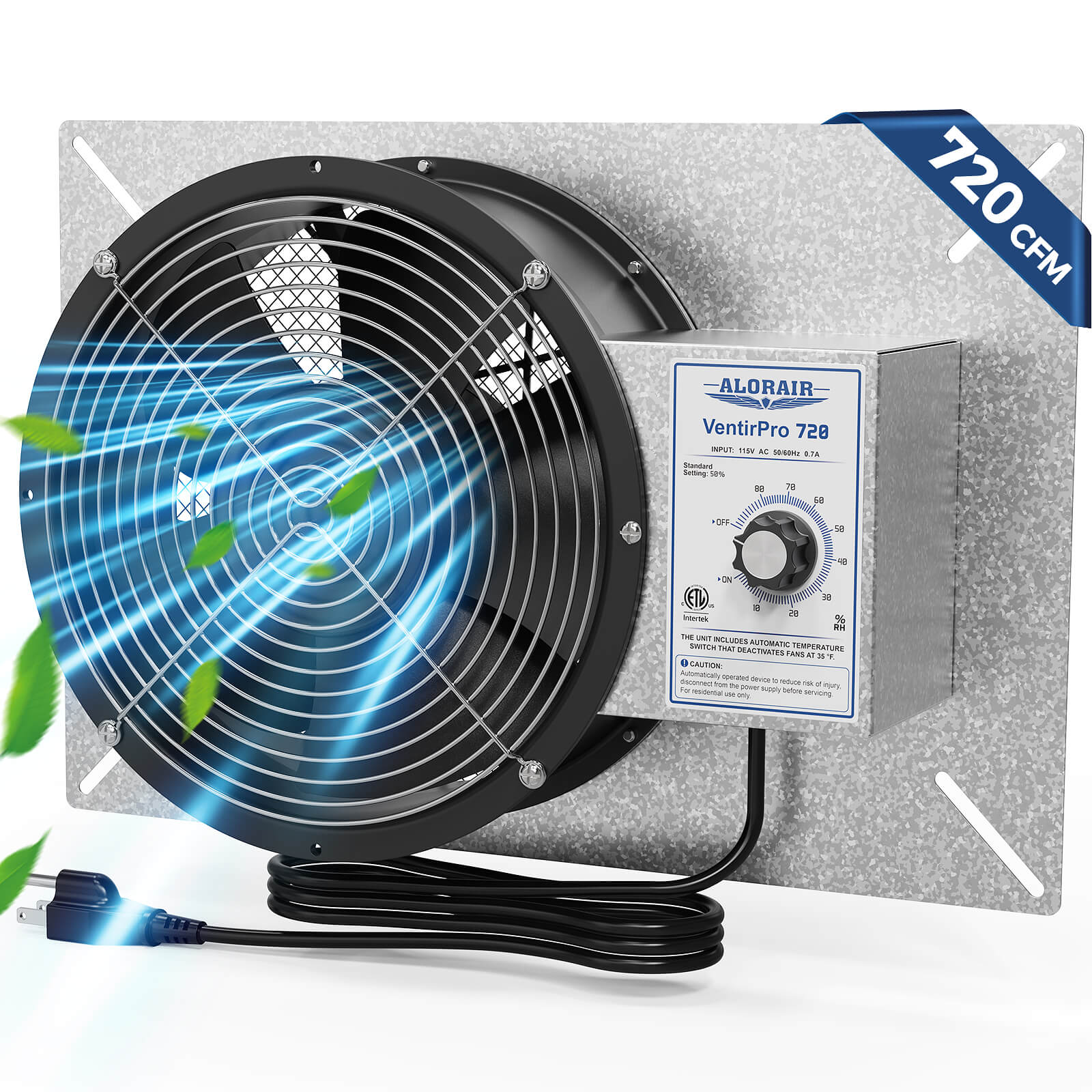
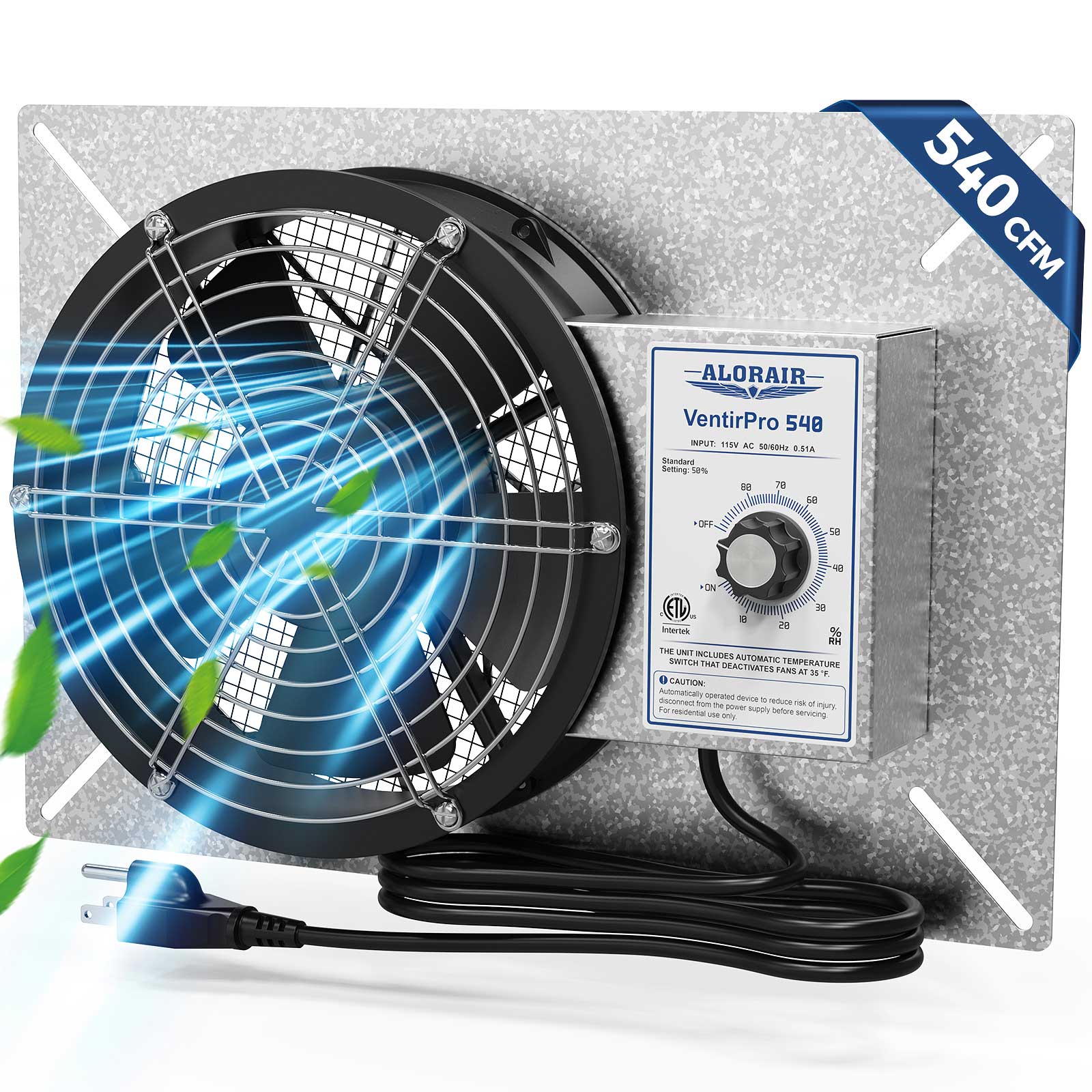
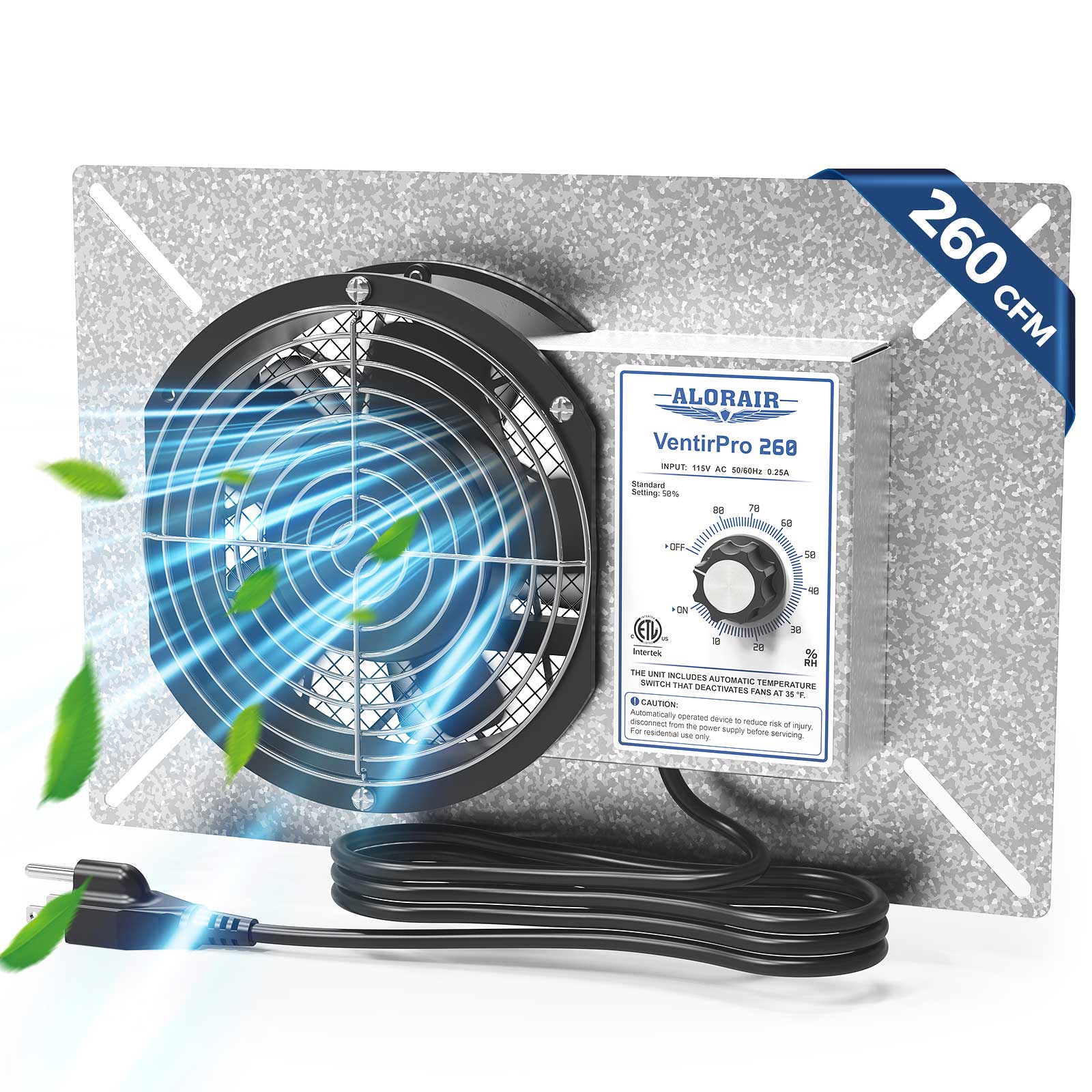
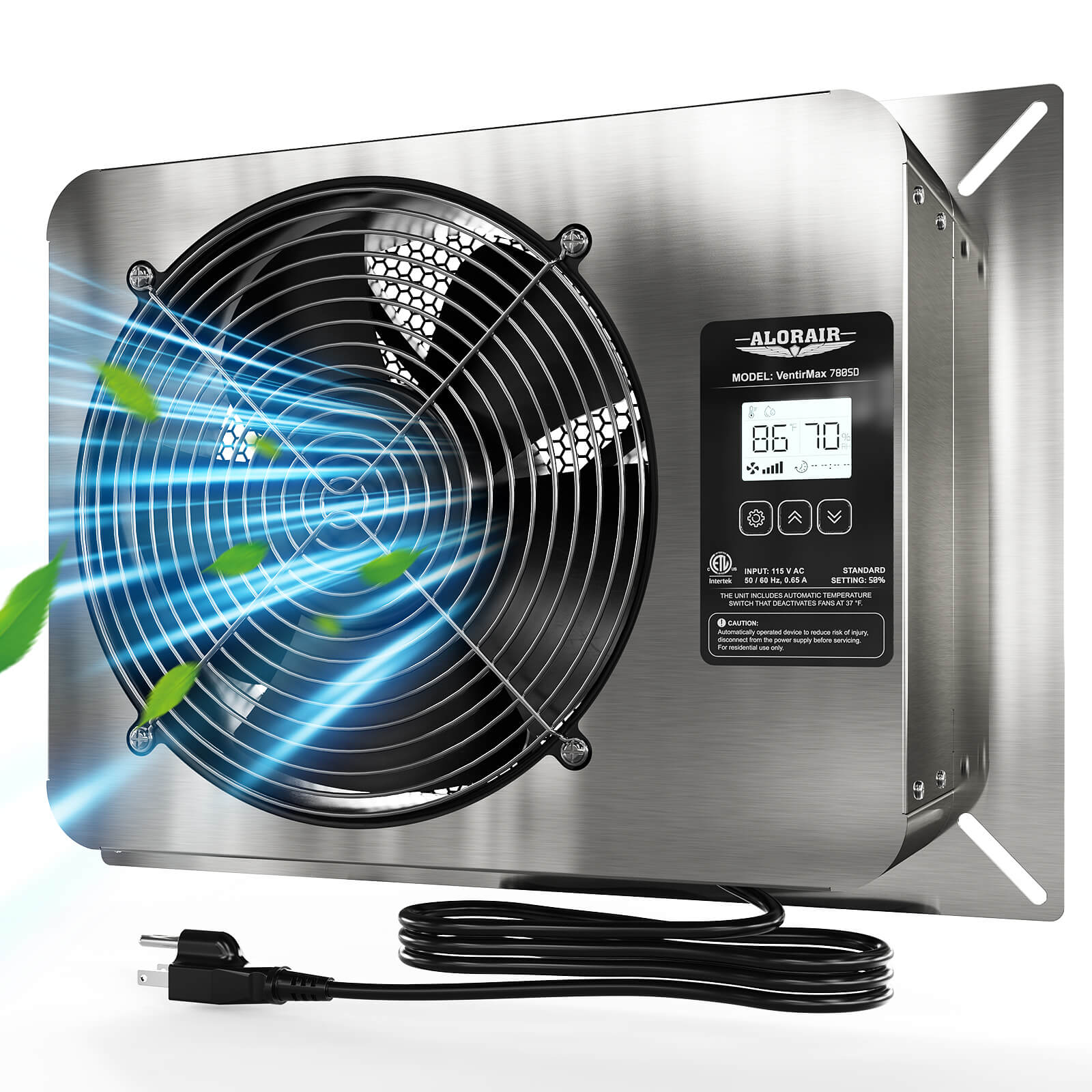
.jpg)
.jpg)
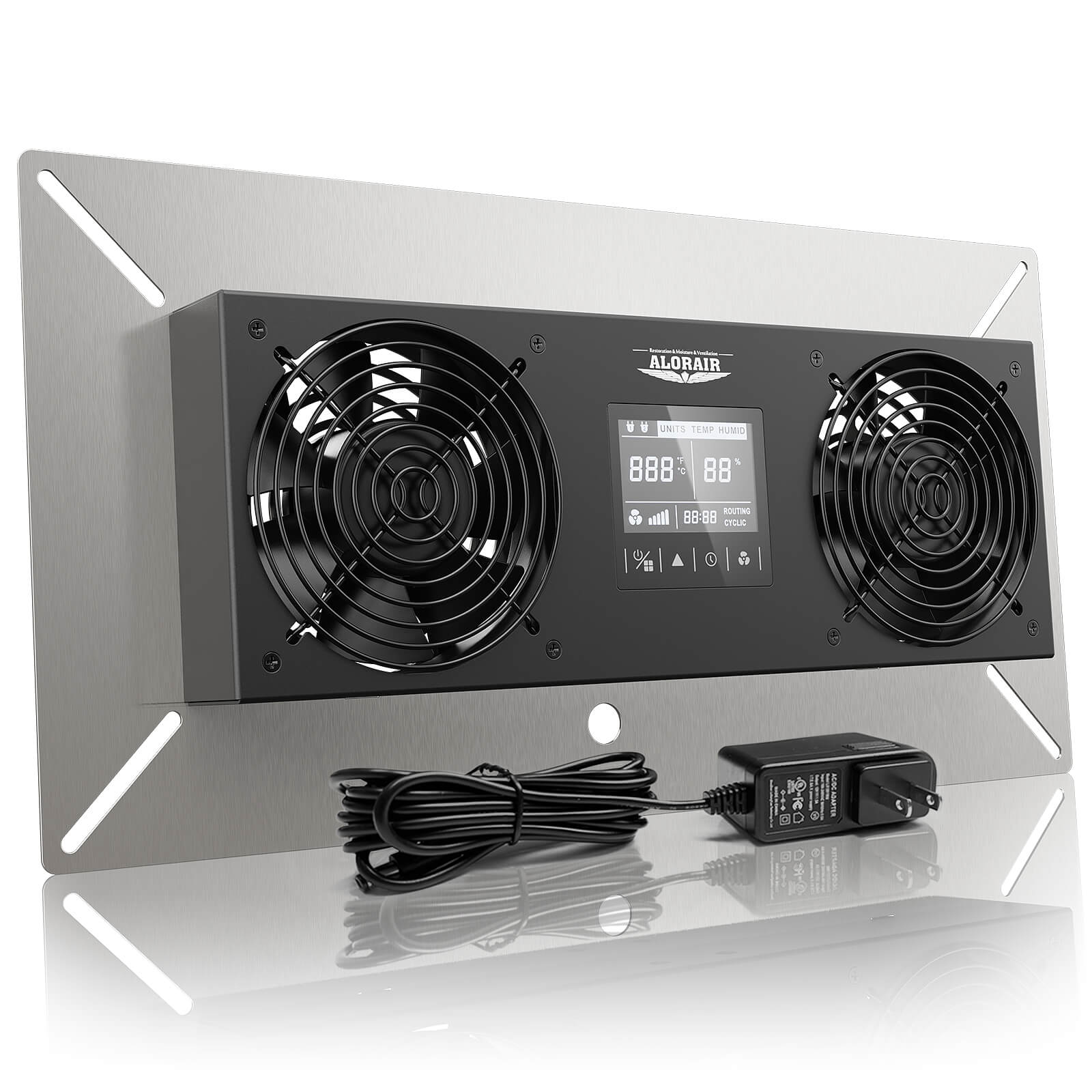
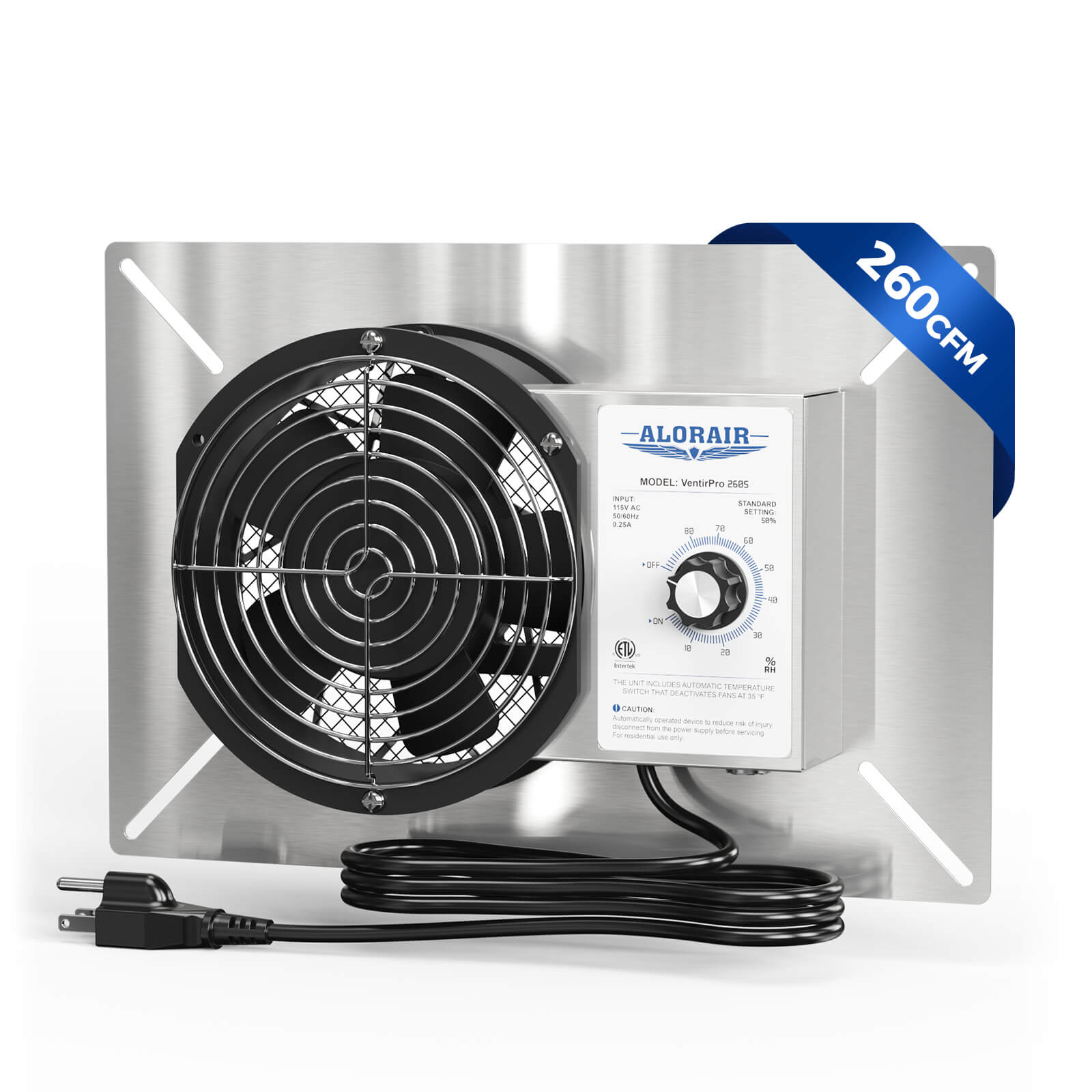
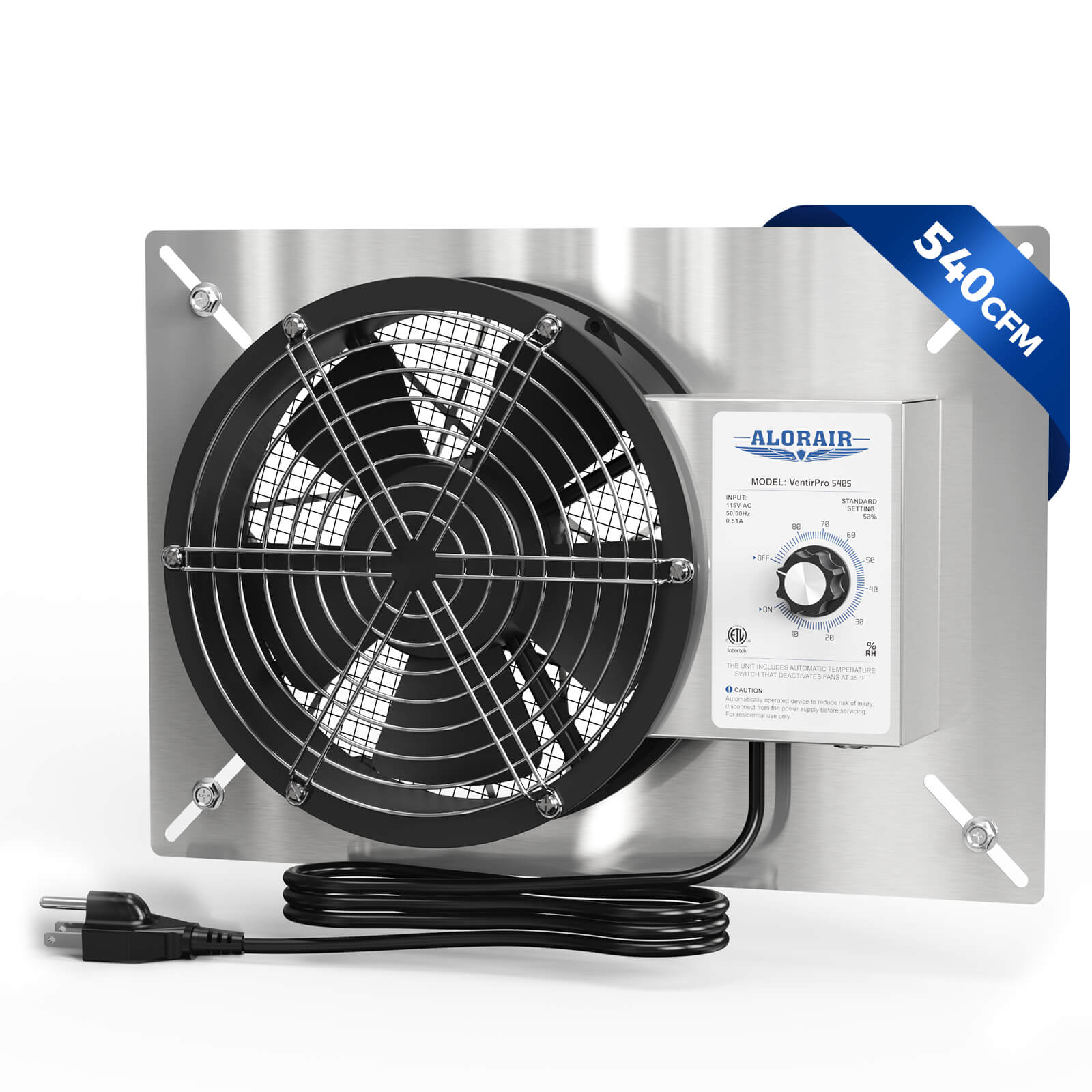
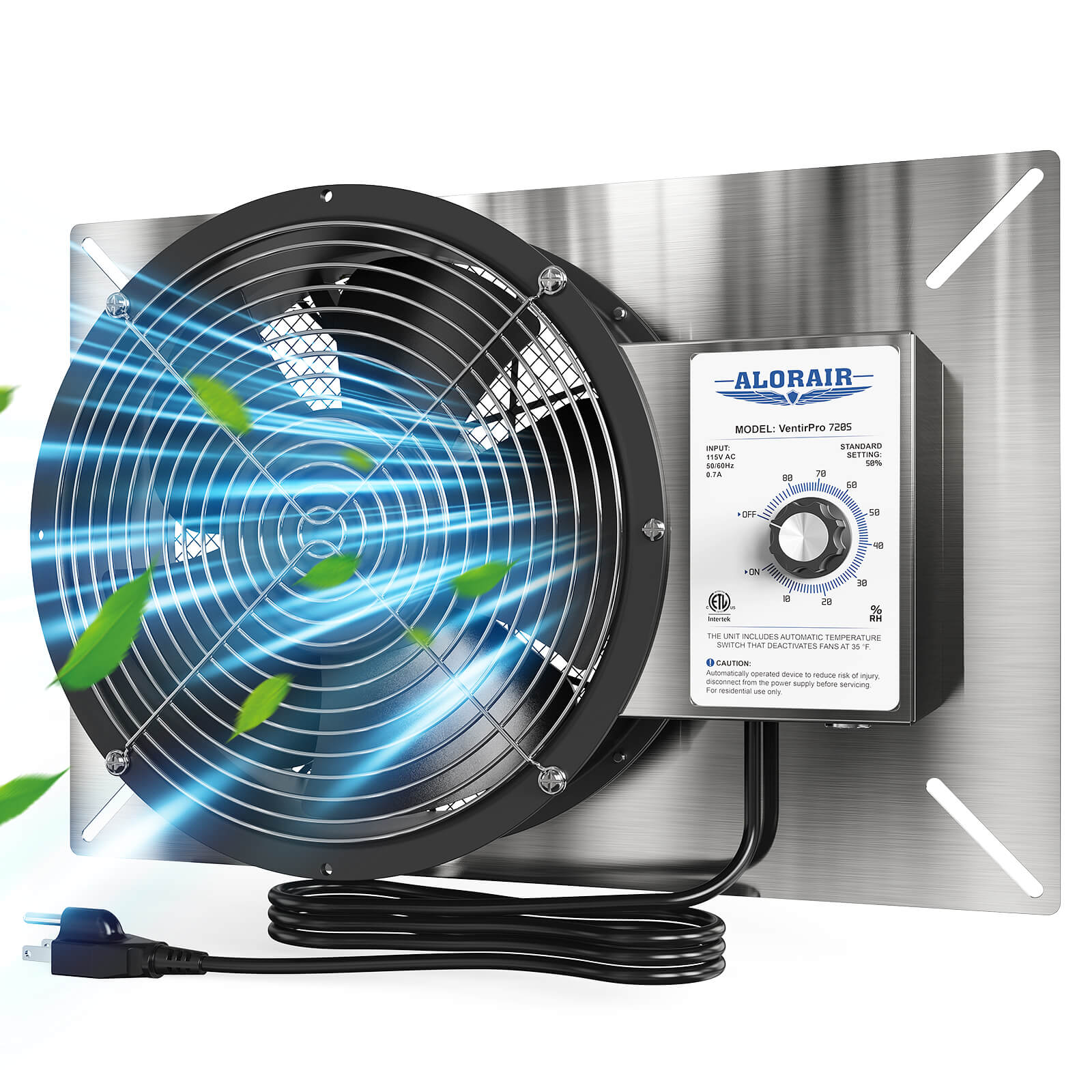
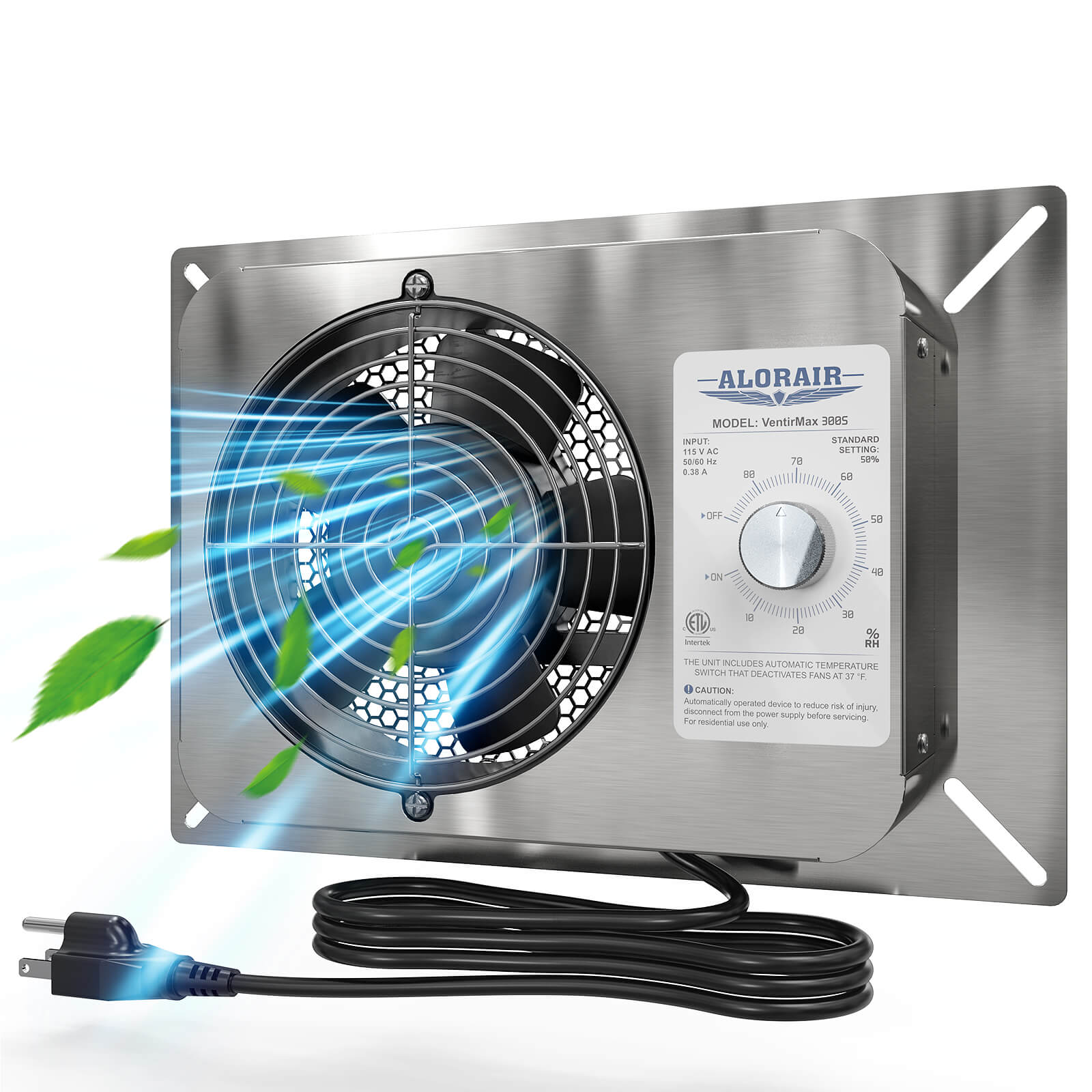
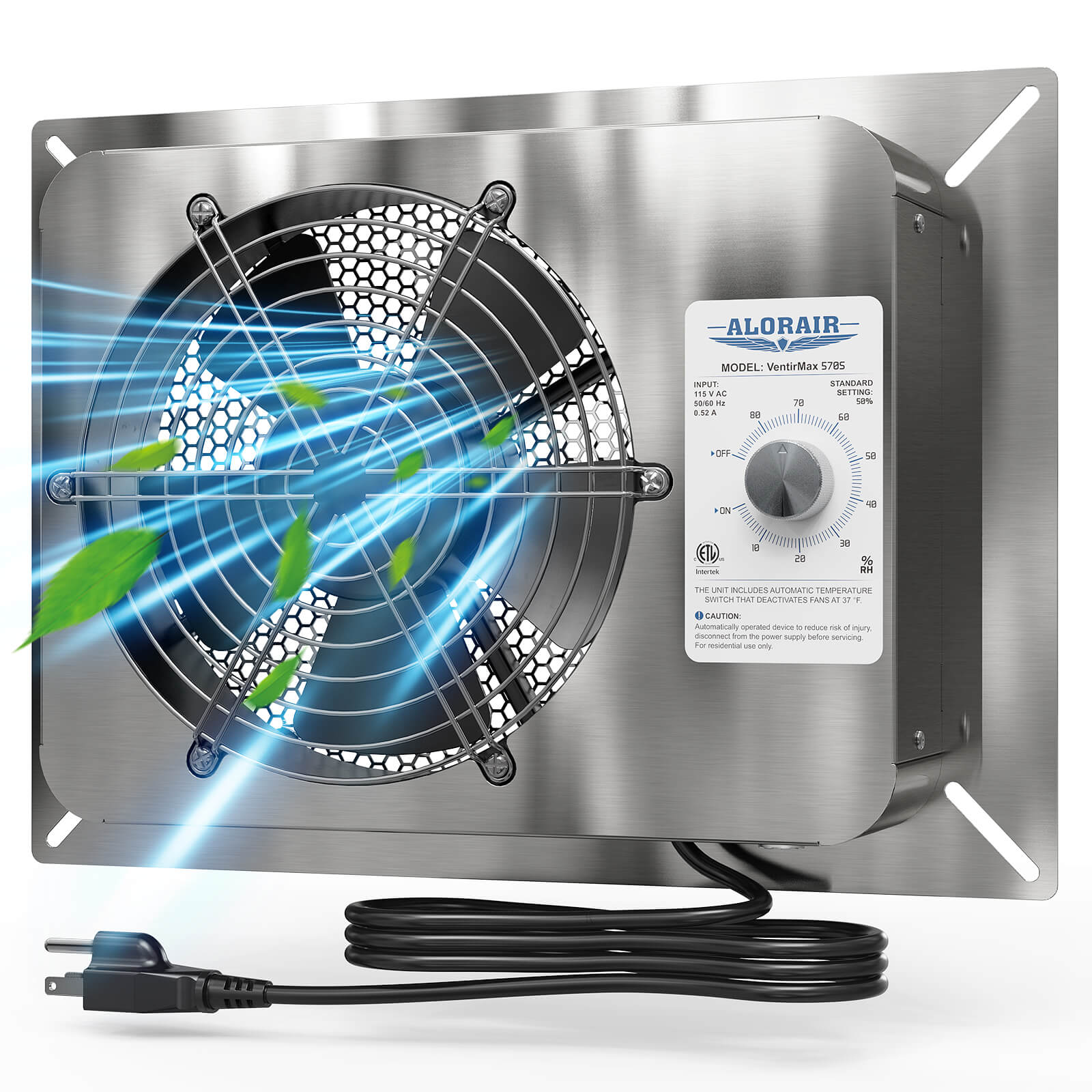
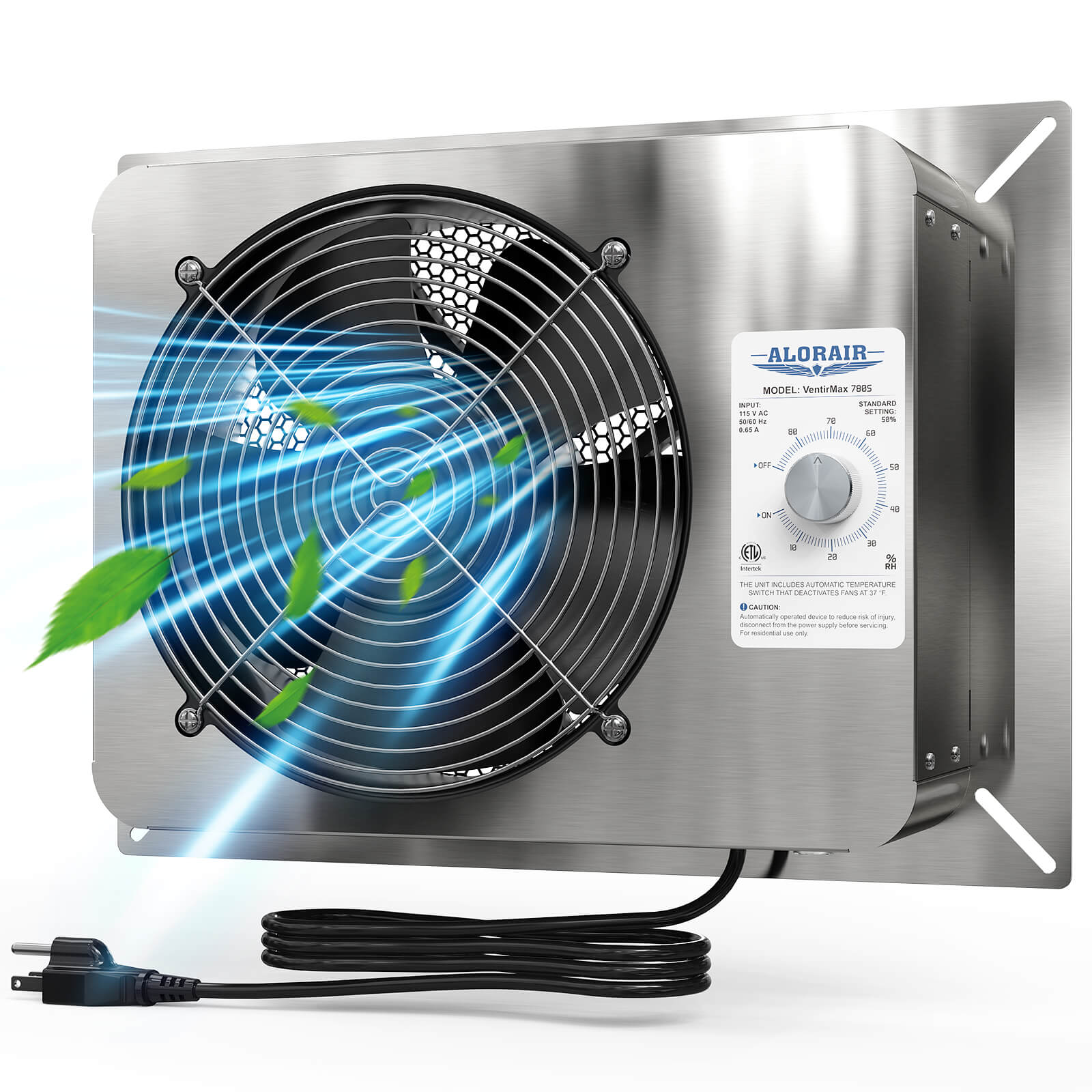
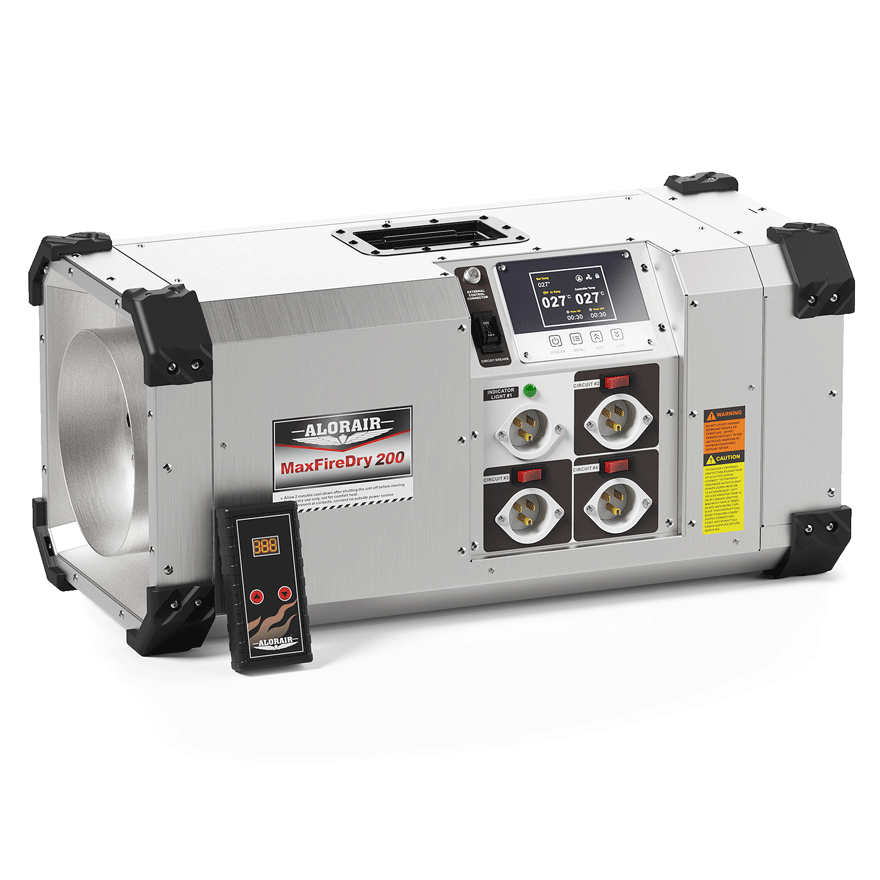




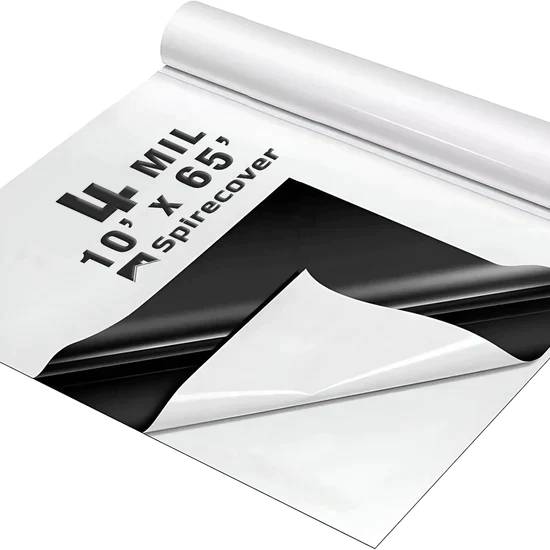
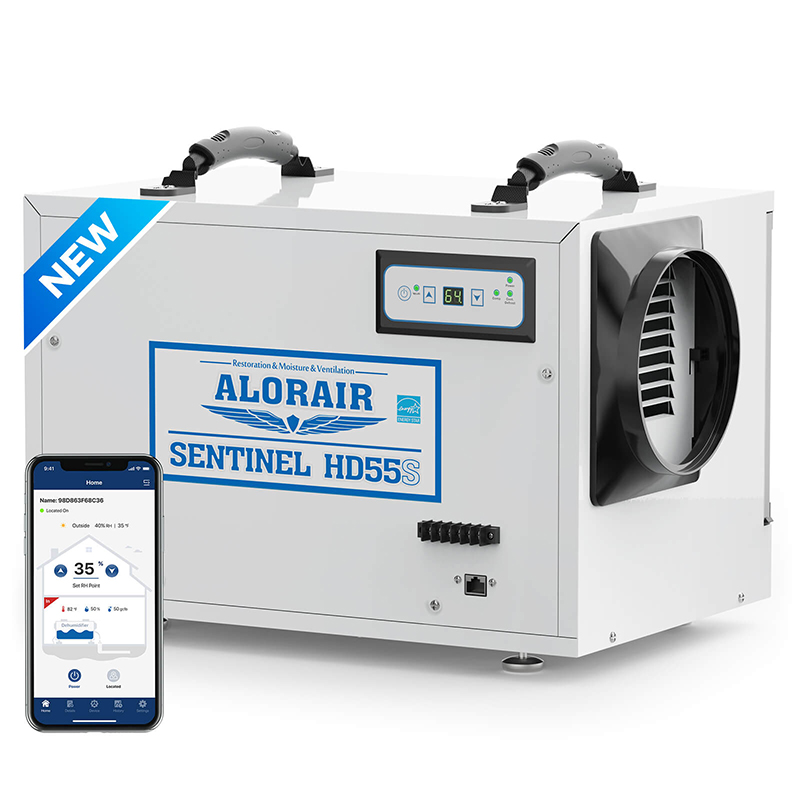
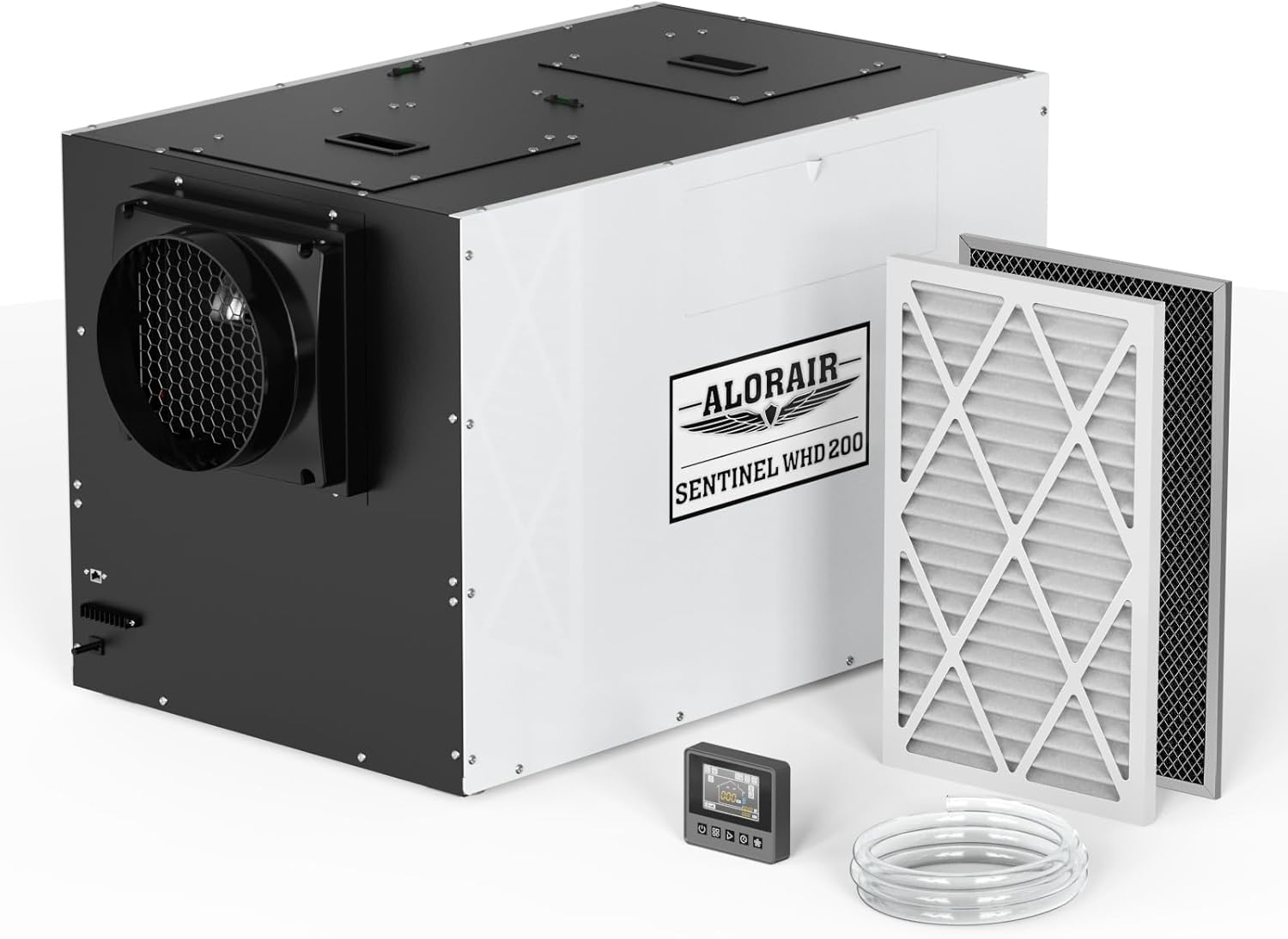
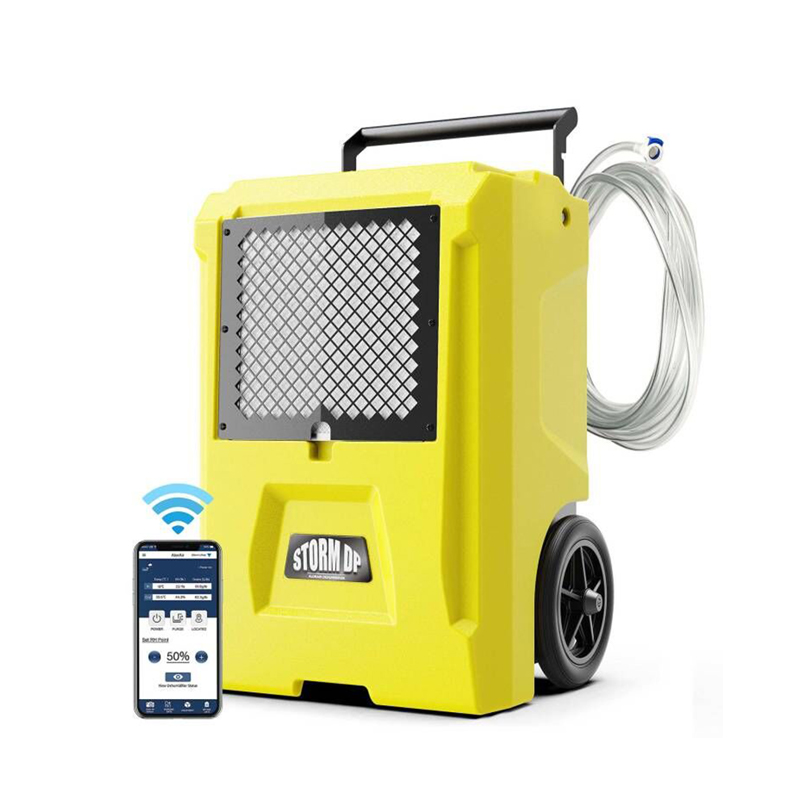
-.jpg)
.jpg)
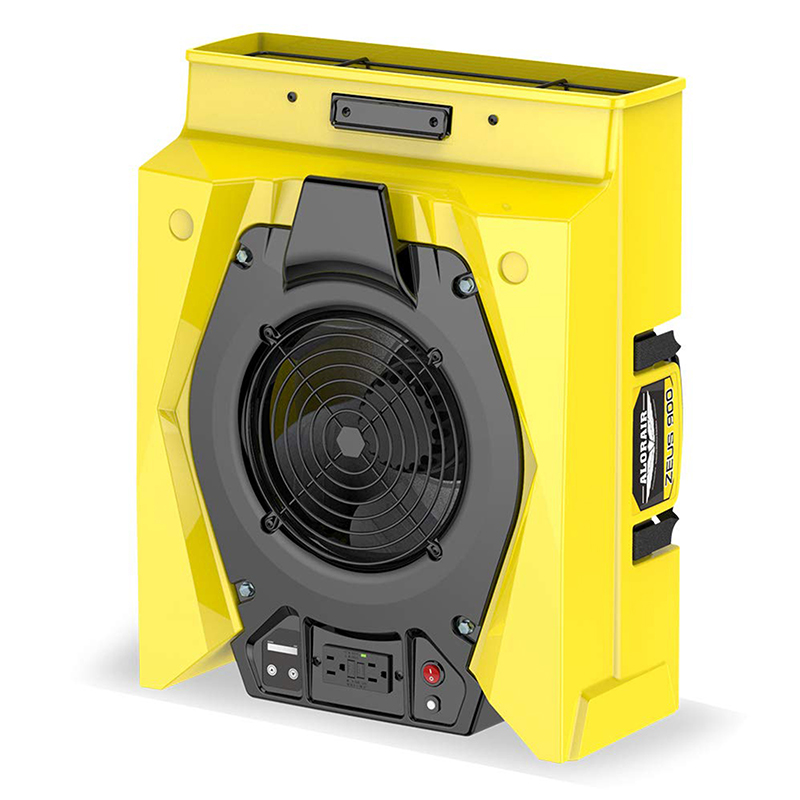
.jpg)
.jpg)
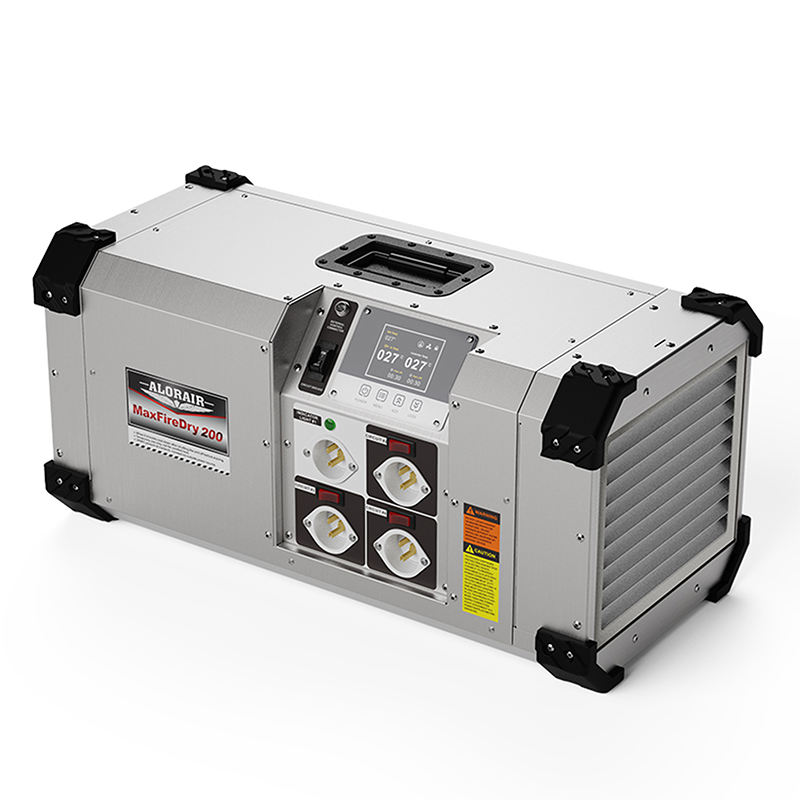
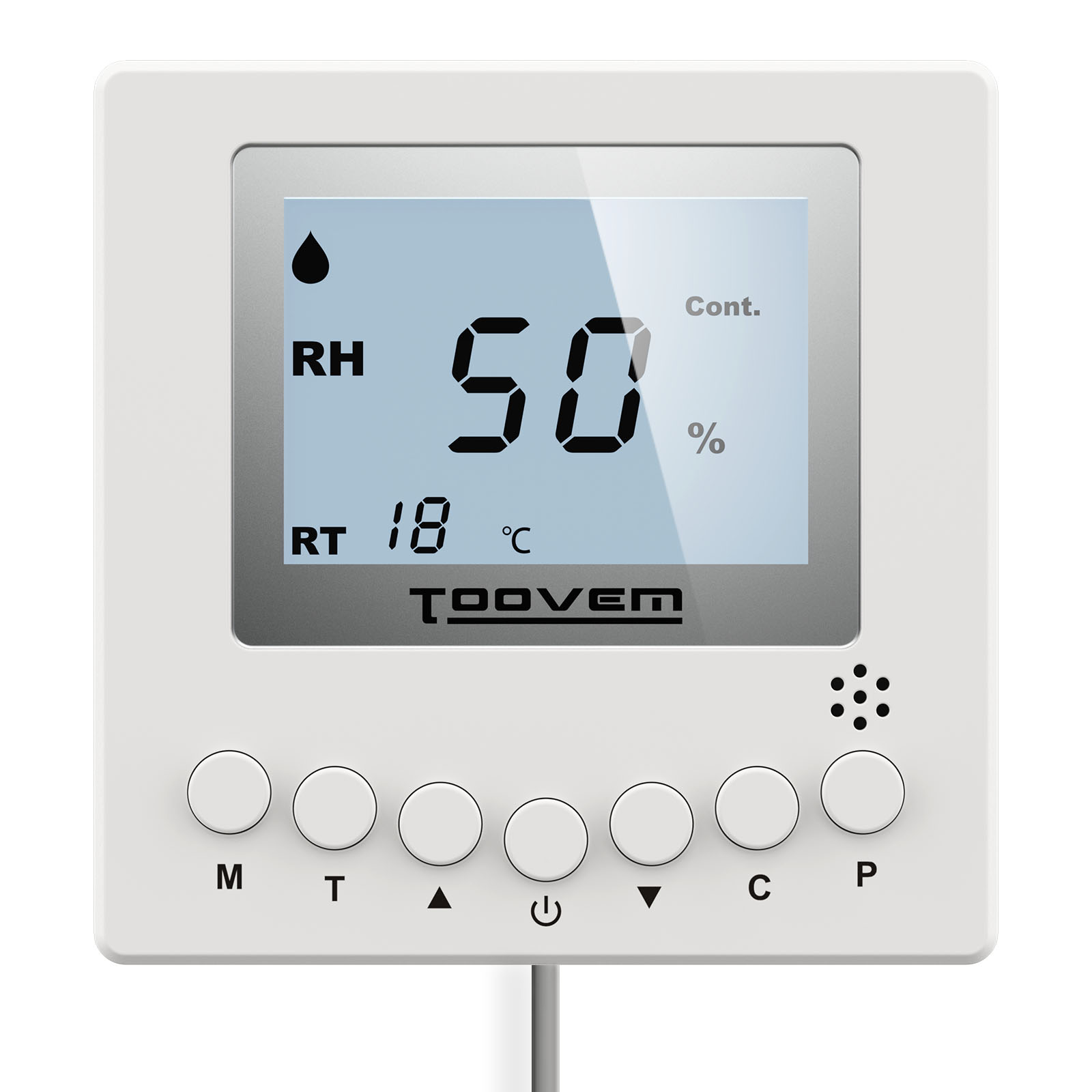
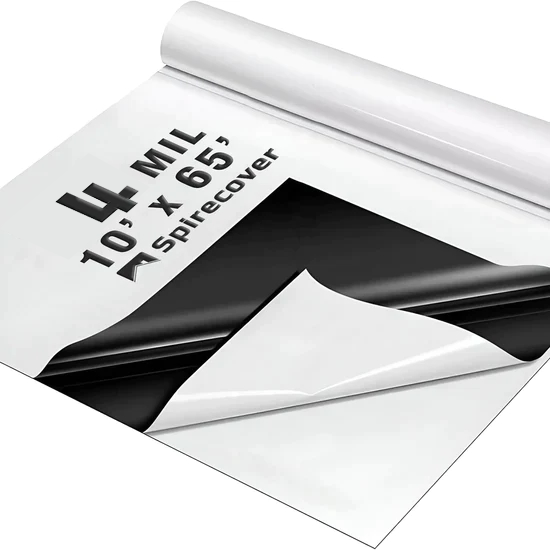
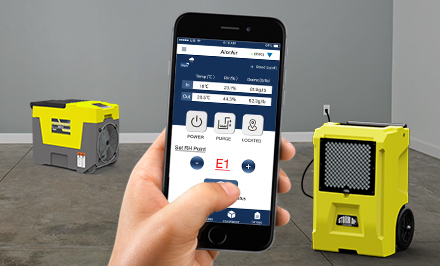
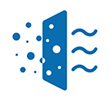






















 Exclusive offers
promotions
Exclusive offers
promotions

